There is a lot of talk about flexible phones, but less of them are actually seen. Apple is successfully ignoring them so far, but other manufacturers are trying. Of course, Samsung leads the segment, Huawei and Motorola are also stepping in. Next year Google will also join and maybe things will start to happen.
Why are there so few puzzles? Because the first ones were miserable, the second ones were still very expensive, until the third ones started to become more accessible and usable - that is, if we are talking about the Samsung portfolio. He currently has the fourth generation Z Flip and Z Fold models. Even if the latter has a price tag above 40 CZK, the first one has it below 30 CZK. However, the Galaxy Z Flip3 may be more interesting in this regard.
This foldable phone in the clamshell form factor was introduced last summer, but even a year later it still has a lot to offer. In addition, it has a very pleasant price tag. E.g. Alza is offering it as part of the Black Friday event at a price of CZK 18 in the 128GB version and any color, which makes the device a really interesting purchase. In addition, thanks to it, this form factor can reach more users.
It could be interest you
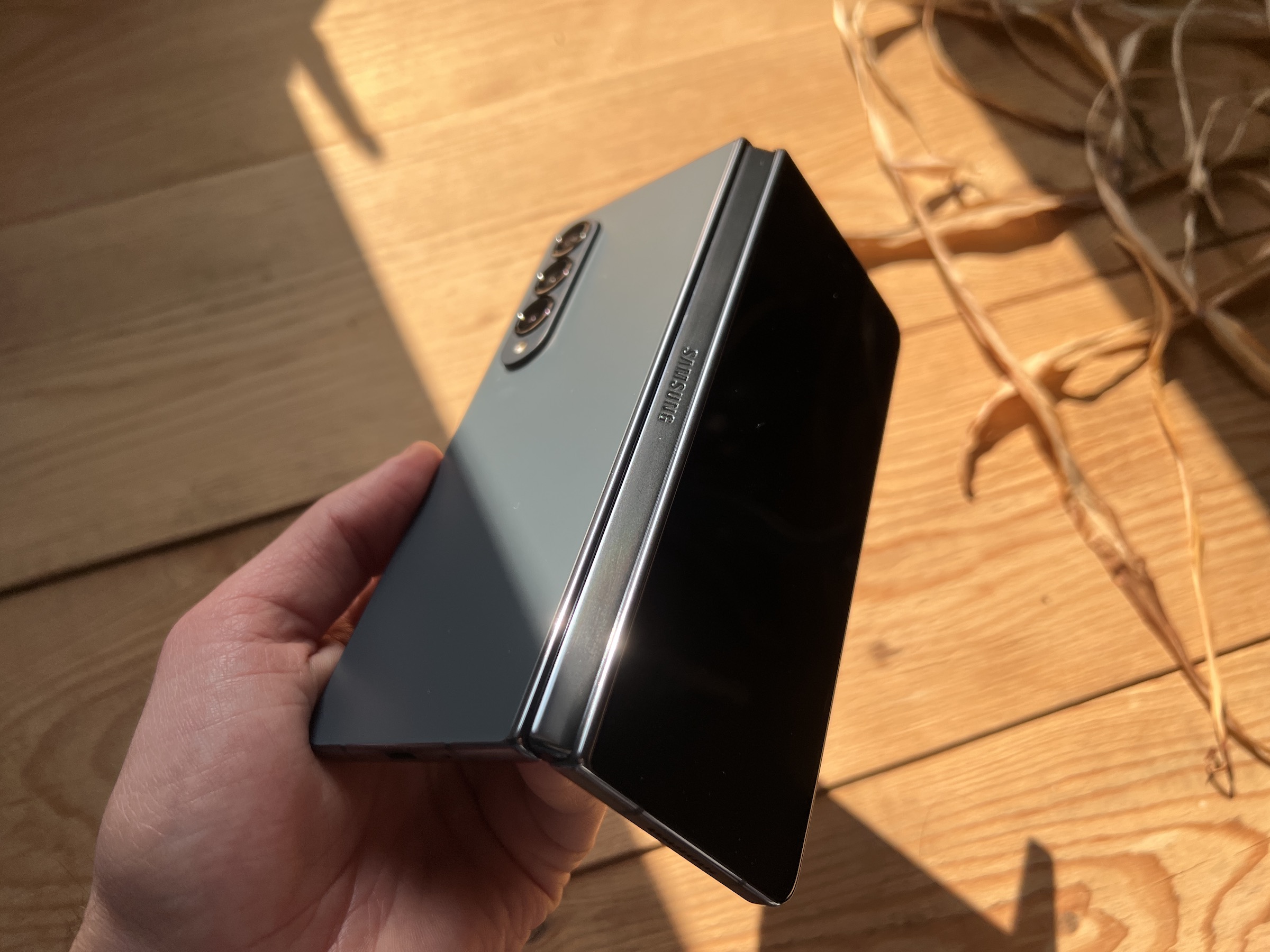
Google is preparing a flexible Pixel
But the Galaxy Z Flip is actually still just a "regular" smartphone, just like the variations of the Motorola Razr or Huawei with the nickname Pocket. The combination of a phone and a tablet can make more sense in this regard. Google's preparations also testify to the fact that this is indeed a possible future direction. He is behind the Android operating system and all its mutations, including those for tablets or large flexible phones. But the company pays for the fact that it practically only offers its classic smartphones.
From the point of view of an unbiased observer, what kind of company is it that develops software and does not offer any hardware with it? What devices does it actually test on? In the beginning, Samsung had no choice and offered normal Android in its jigsaws, only then did the ice begin to break due to the fact that its One UI superstructure tried to get more out of the large display.
So Google is preparing not only its own tablet, on which it will test "tablet" Android, but also a foldable Pixel similar to the Galaxy from Samsung's Fold, on which it will, on the other hand, test "foldable" Android. It clearly speaks of the fact that until now he did not have to trust the jigsaws himself and let individual manufacturers adjust their functionality with their own add-ons. But time has progressed and jigsaw puzzles are starting to speak more and more to global sales, which is why Google wants to get more out of them.
It could be interest you
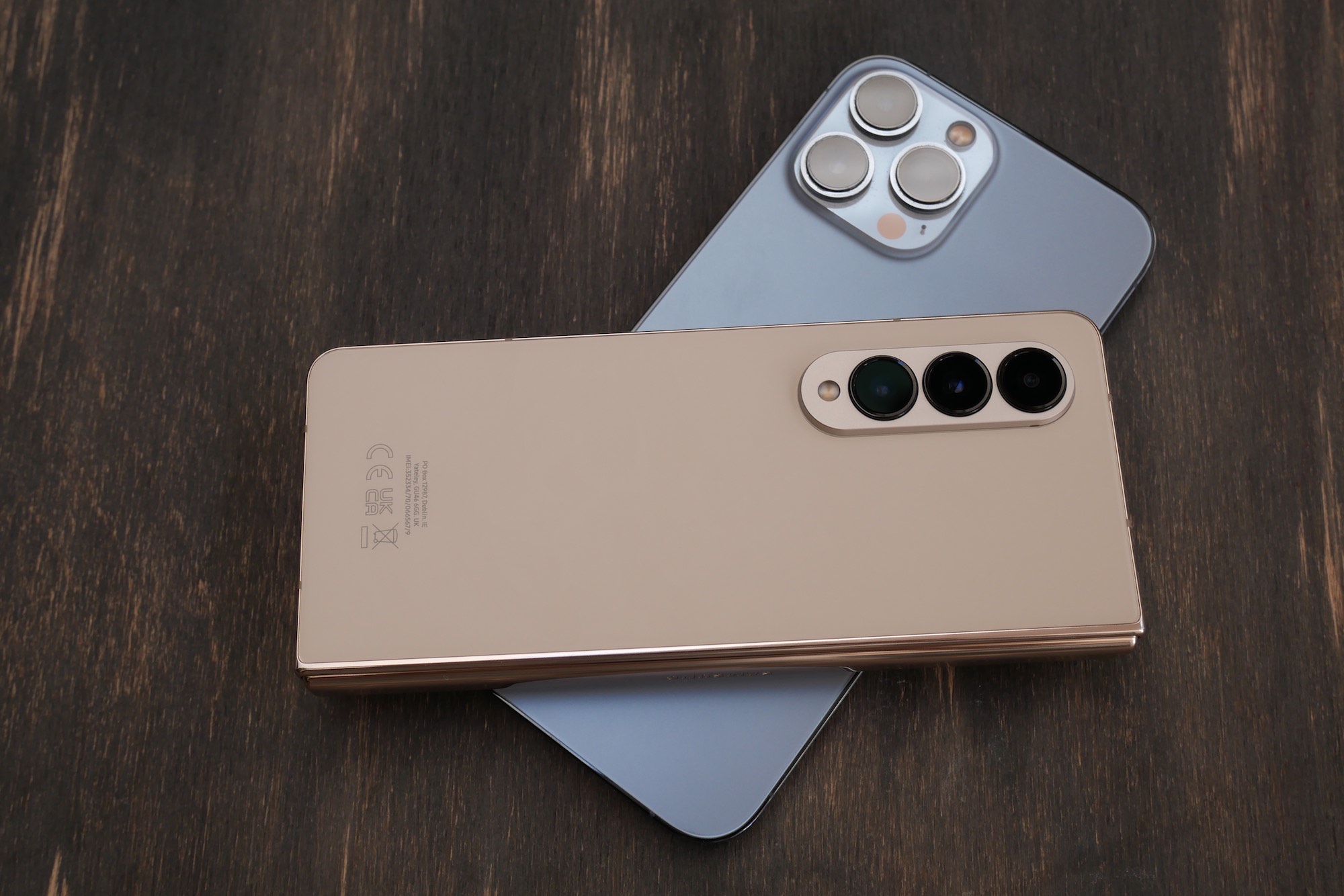
Apple is taking its time
We certainly do not condemn American society for waiting. He probably has his reasons for that. Her strength is mainly in the fact that she sews everything herself - from the system to the hardware. Let's just hope that Apple's first foldable phone won't just have a scaled-up iOS (like the first iPad) or iPadOS, but that its device will have some added value to differentiate it from both the iPhone and the iPad.
There is a lot of talk about the company's next big product being a device for consuming VR or AR content, but I can't imagine the actual use of such hardware yet. But it is obvious in the case of folding equipment. So why is Apple still hesitating to launch its mobile all-in-one (iPhone, iPad, Mac?) solution is a question. Hopefully we will find out the answer to it soon.


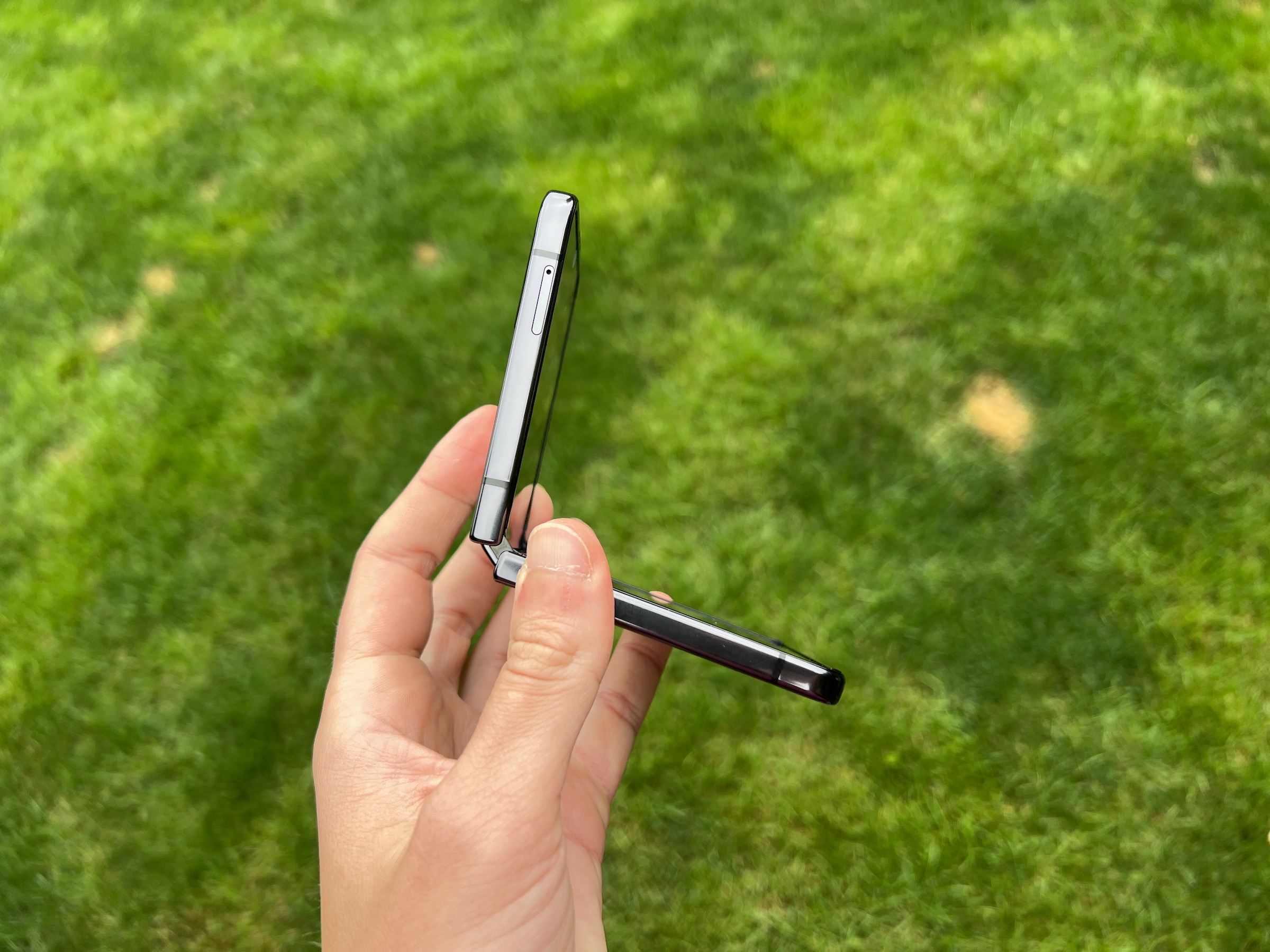
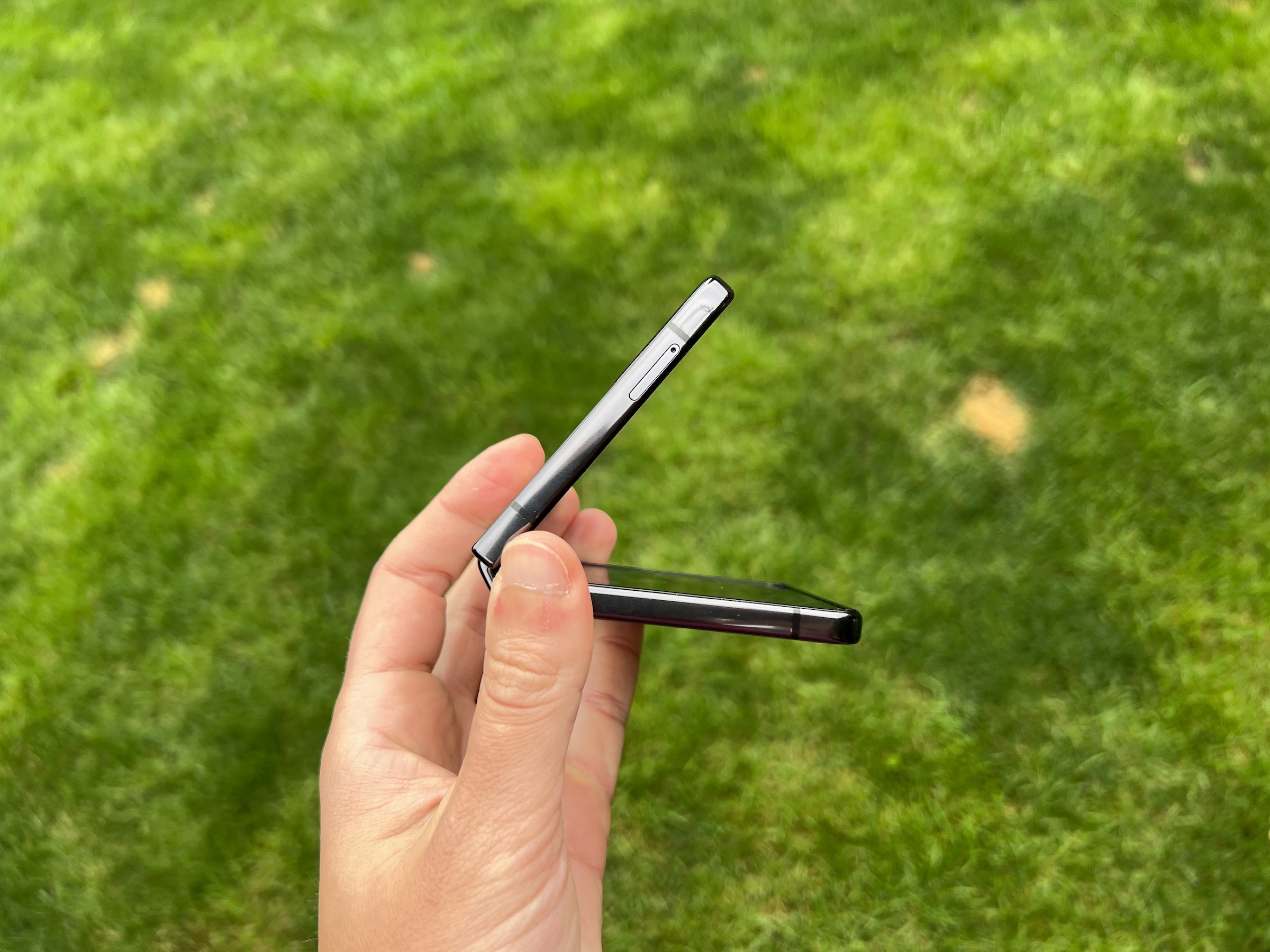
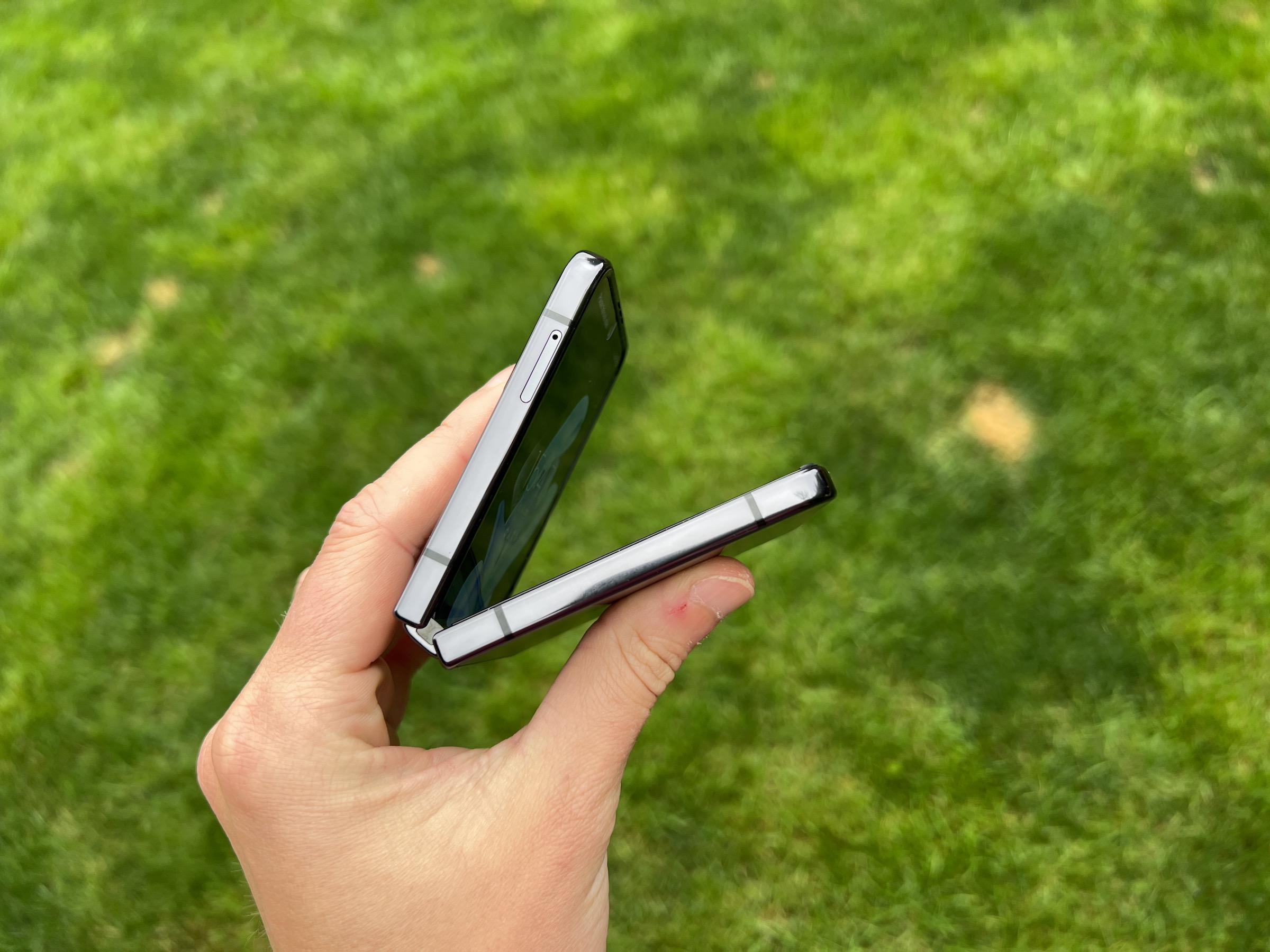
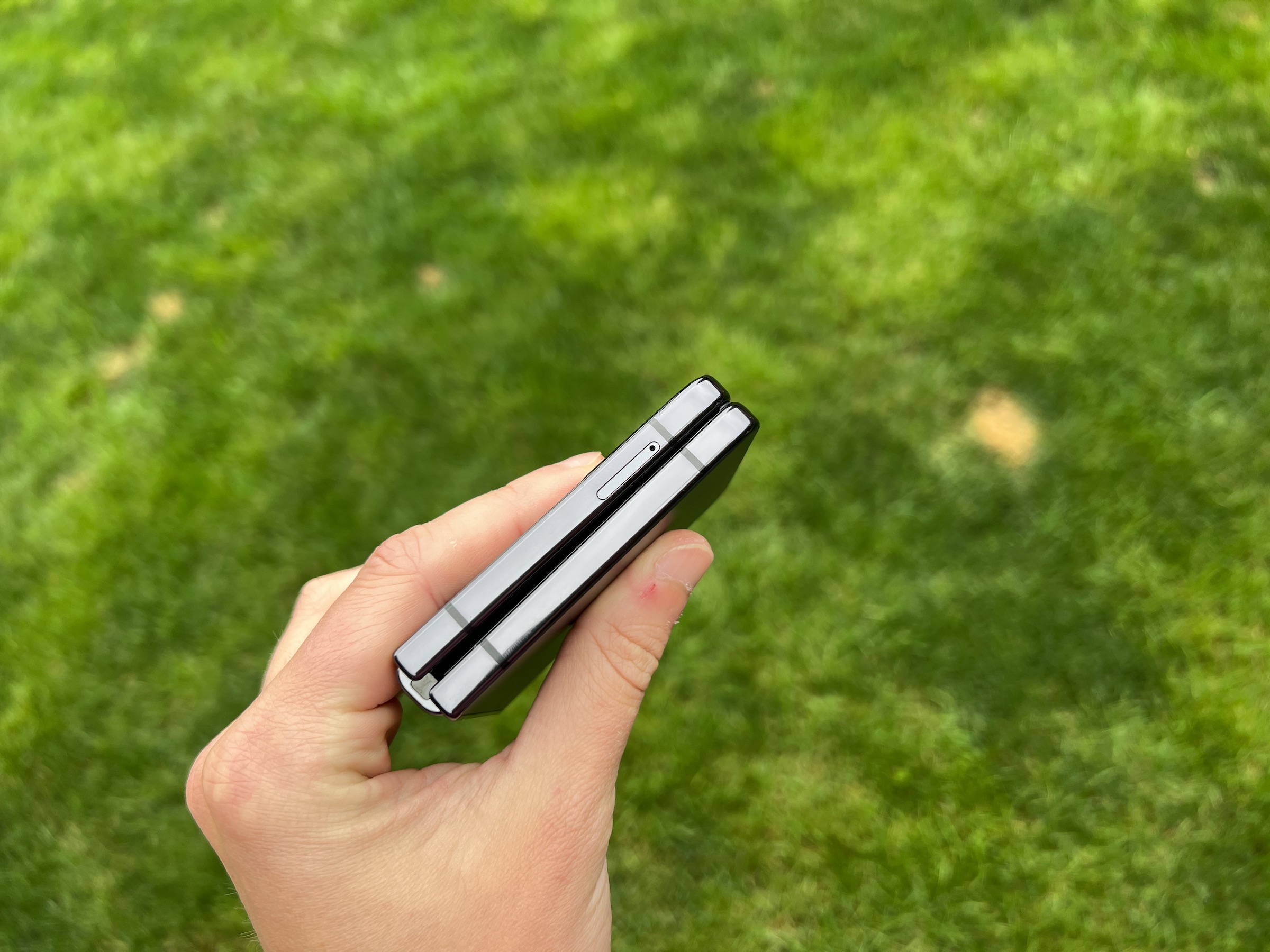
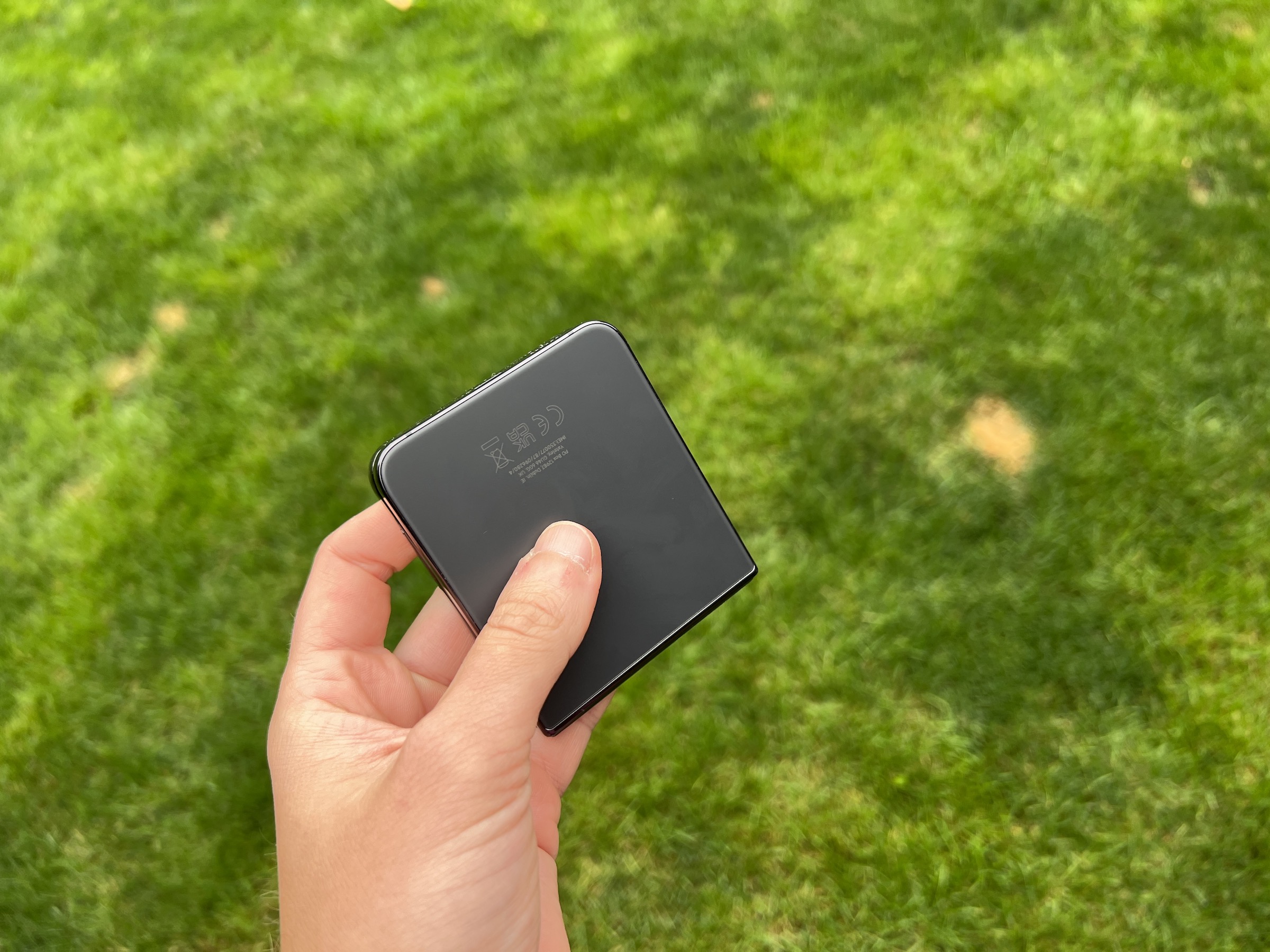
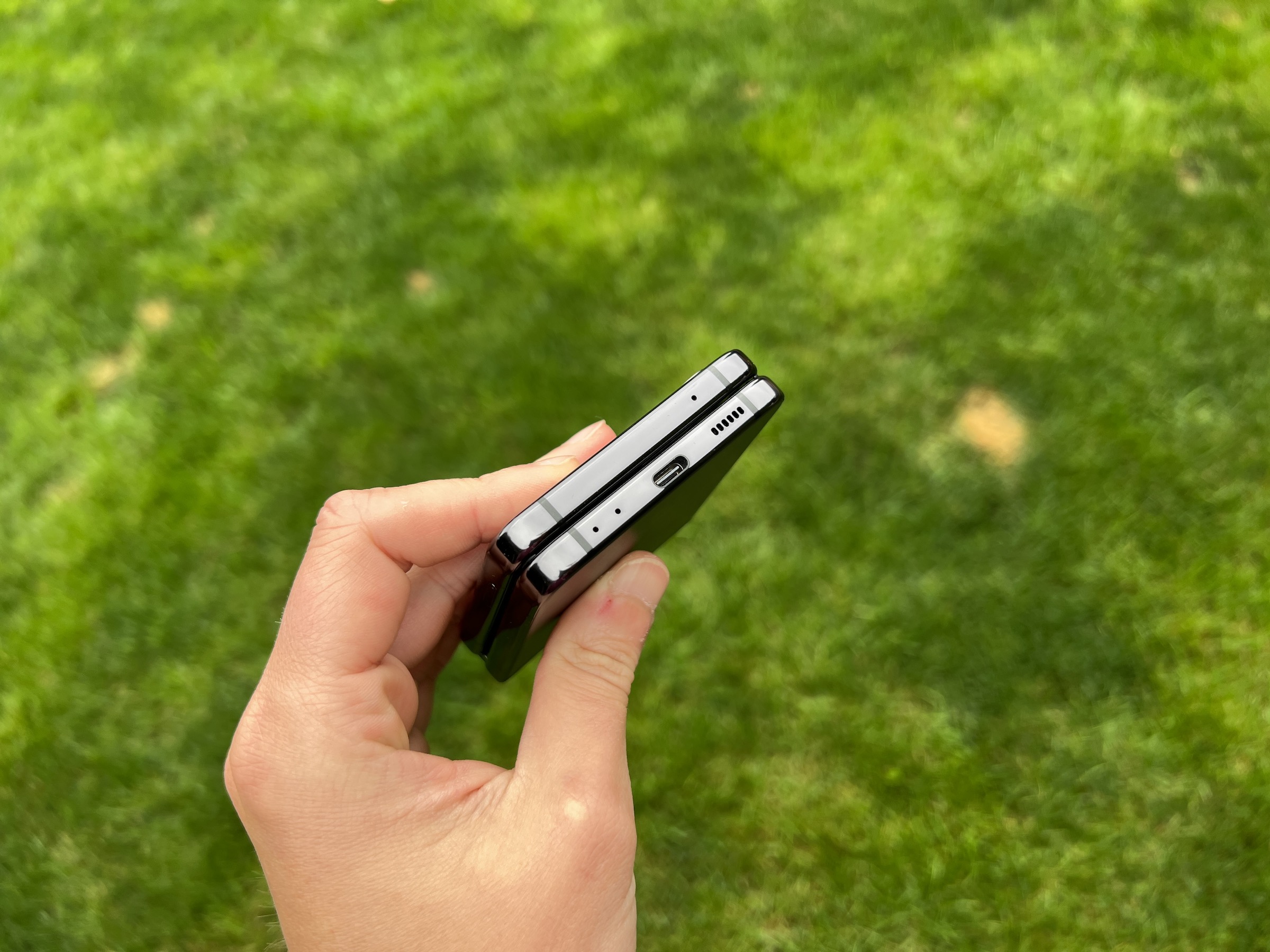
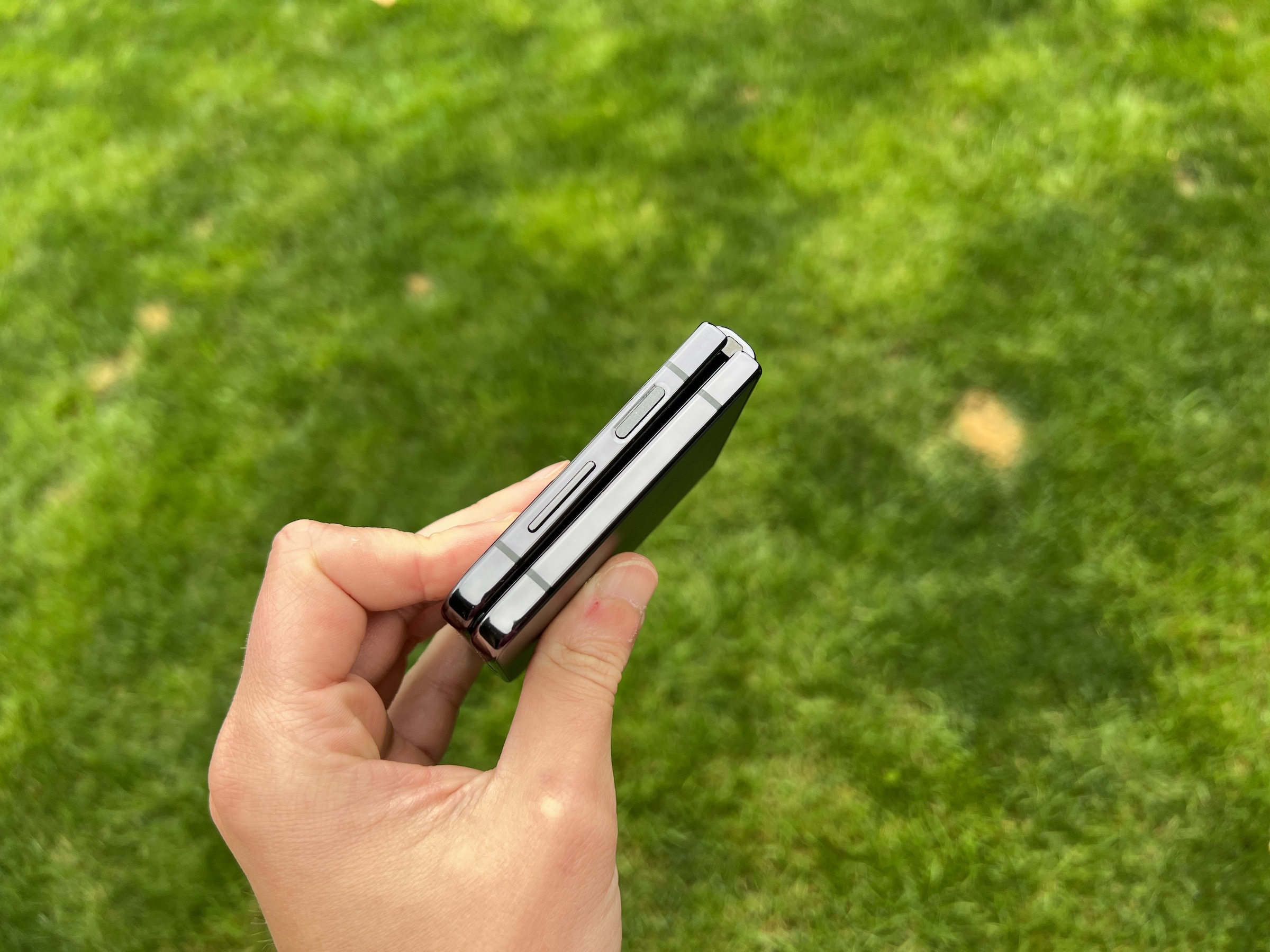


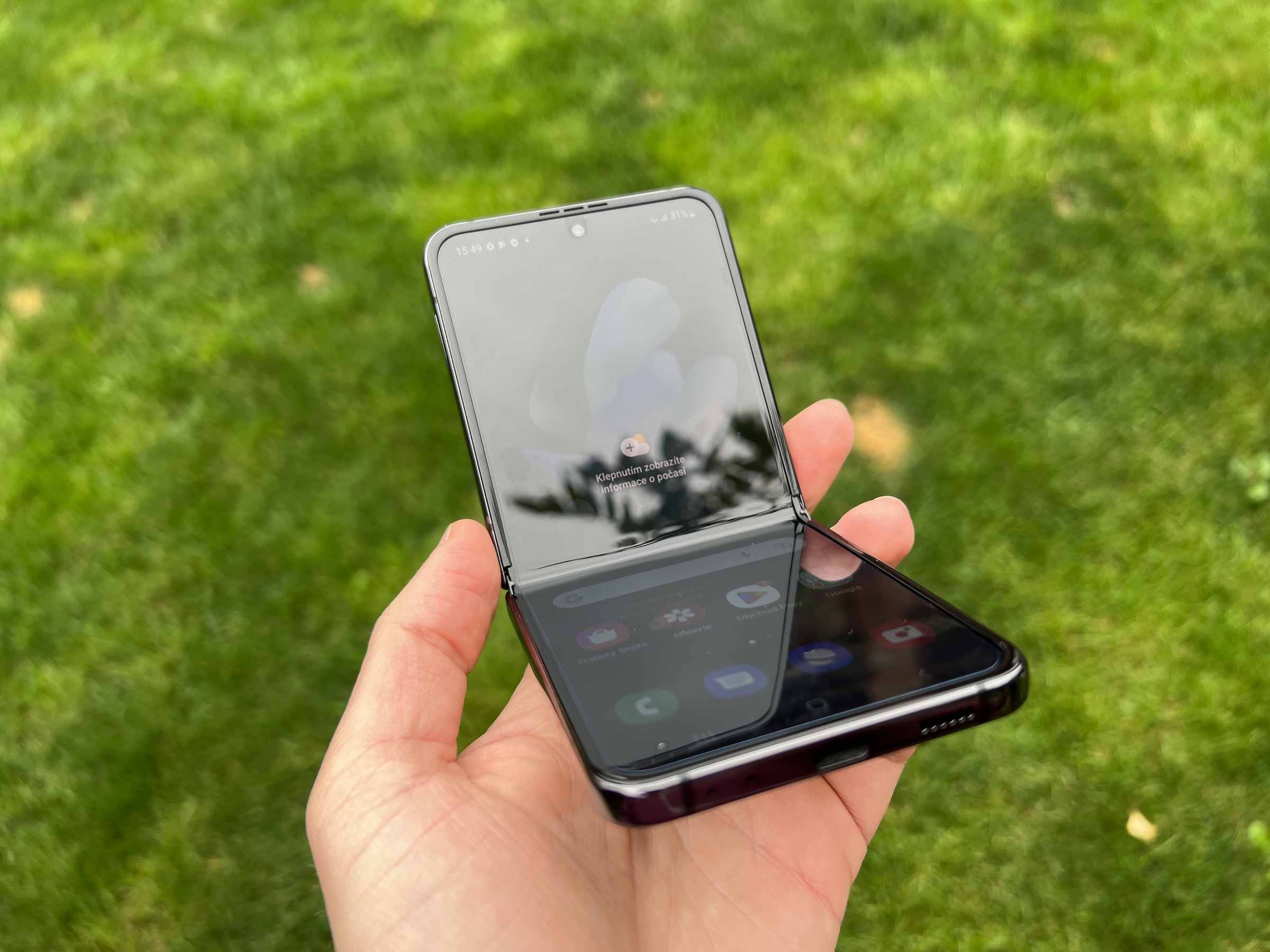
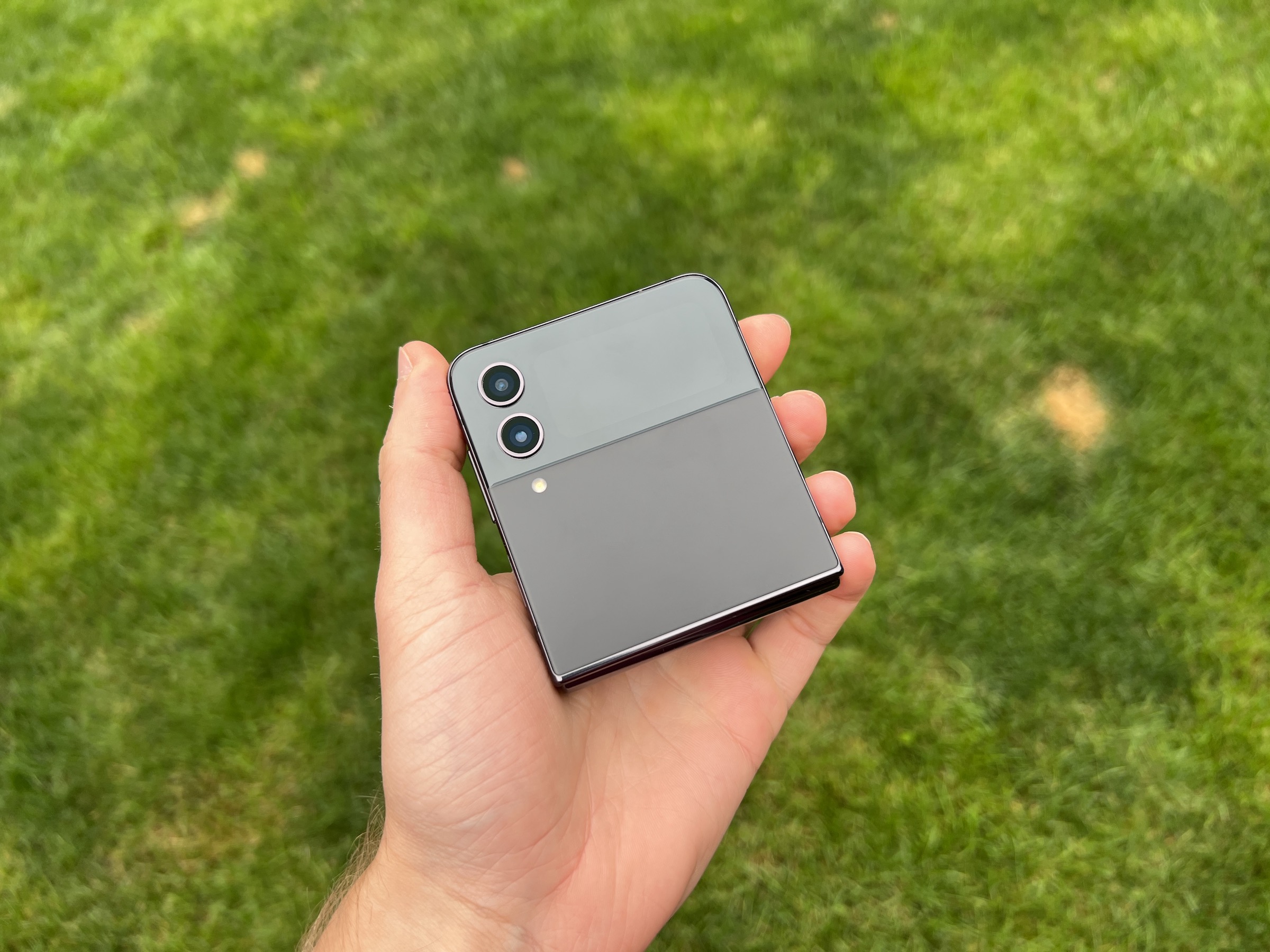
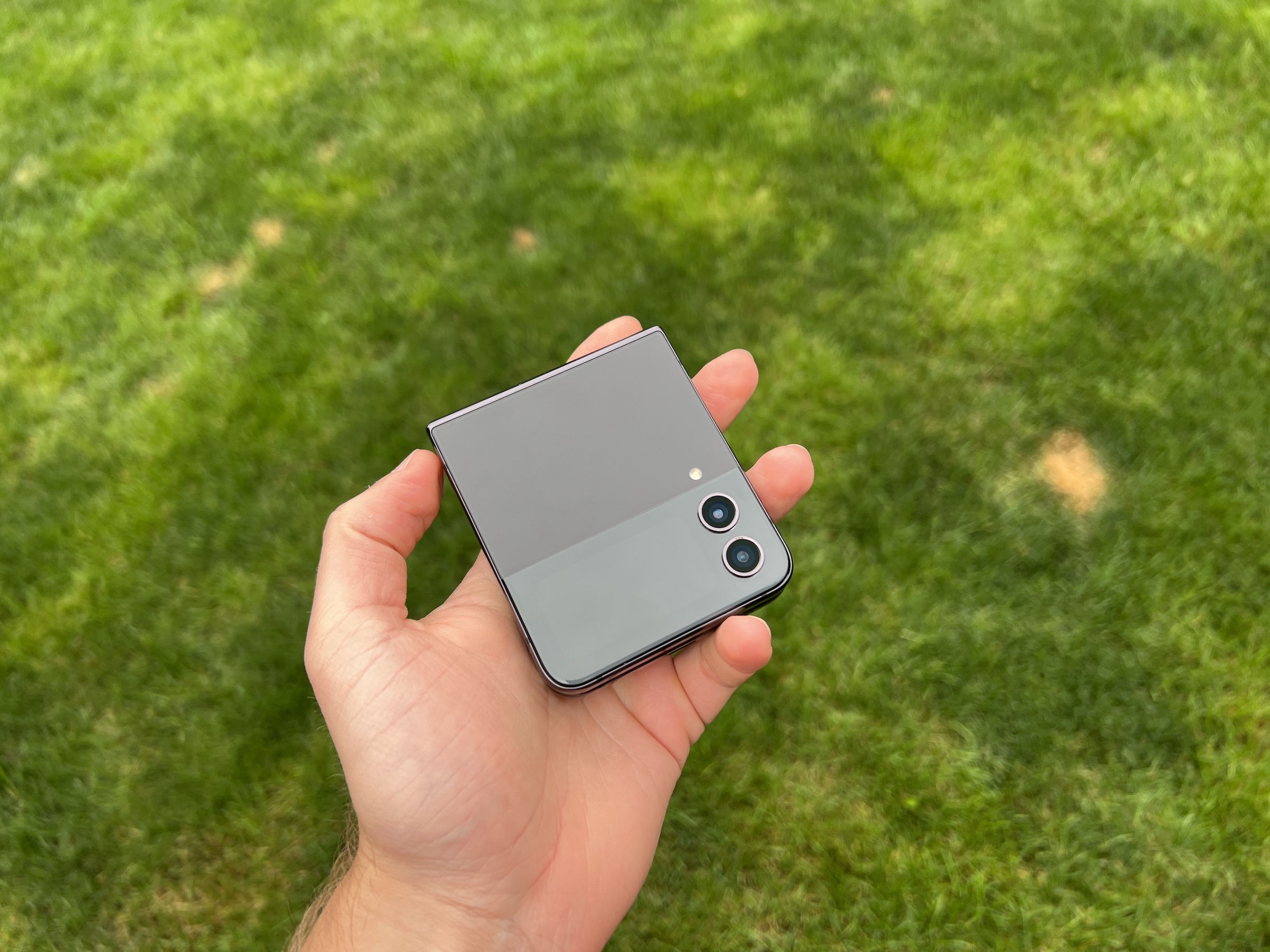
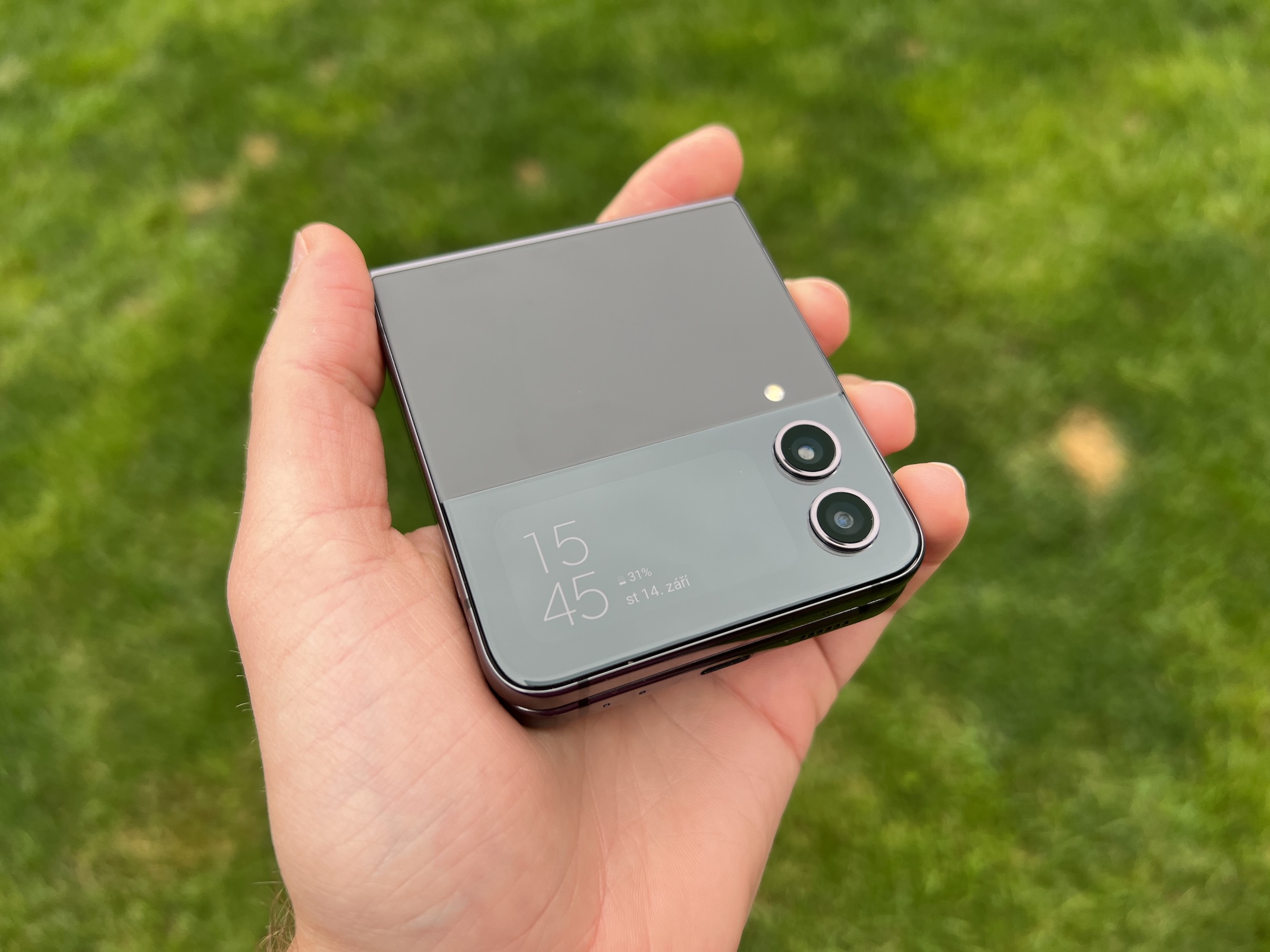

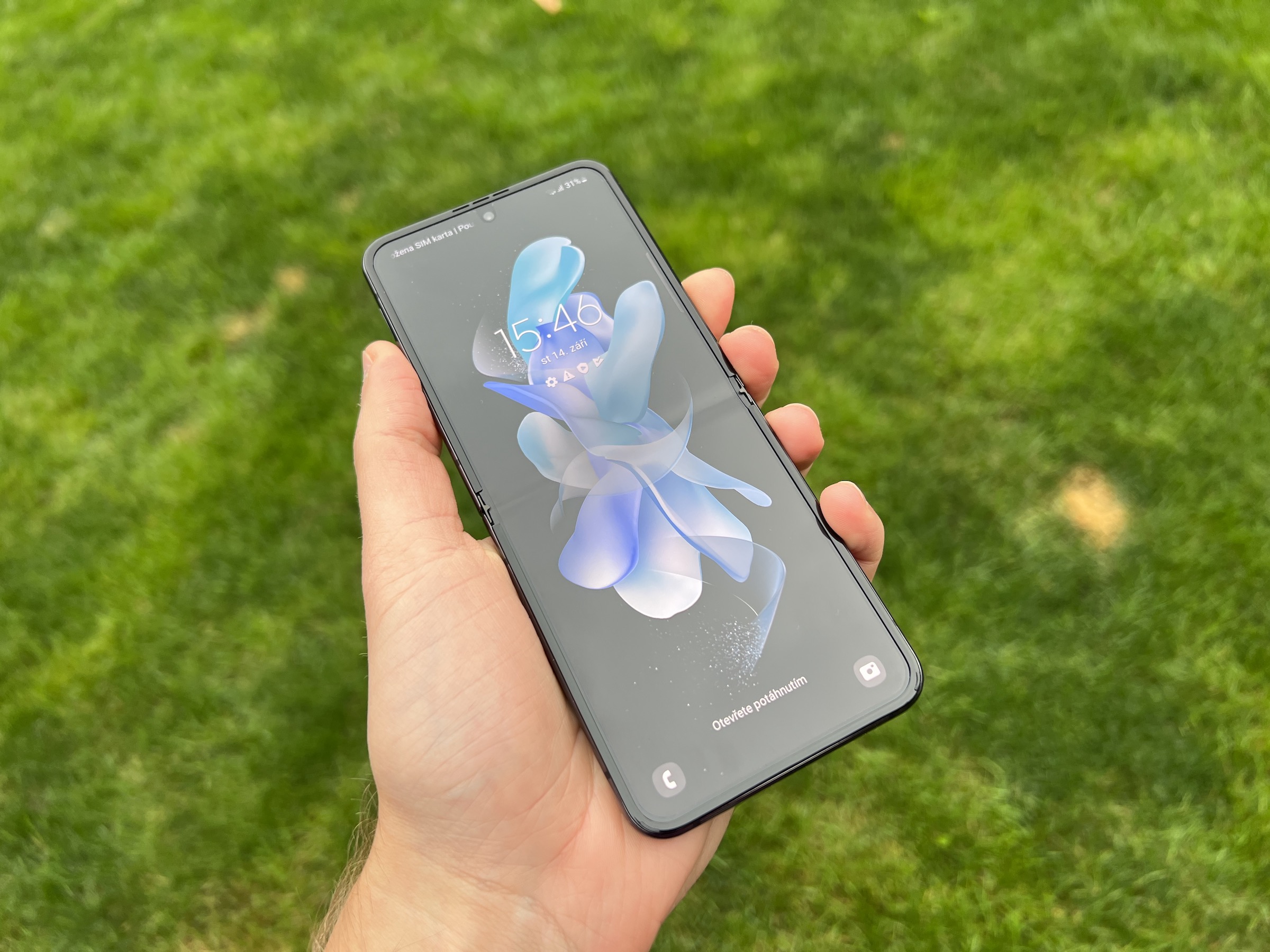
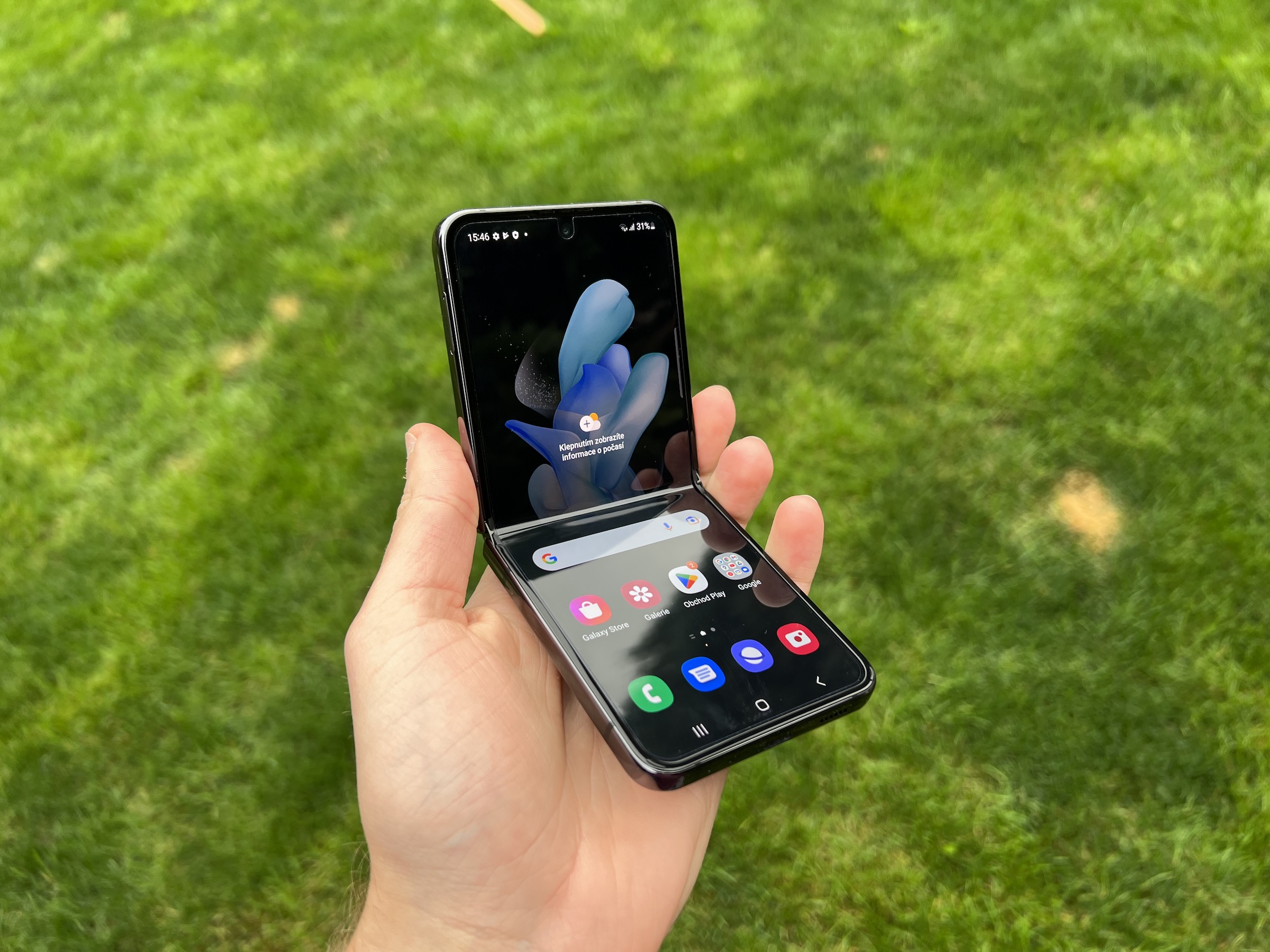

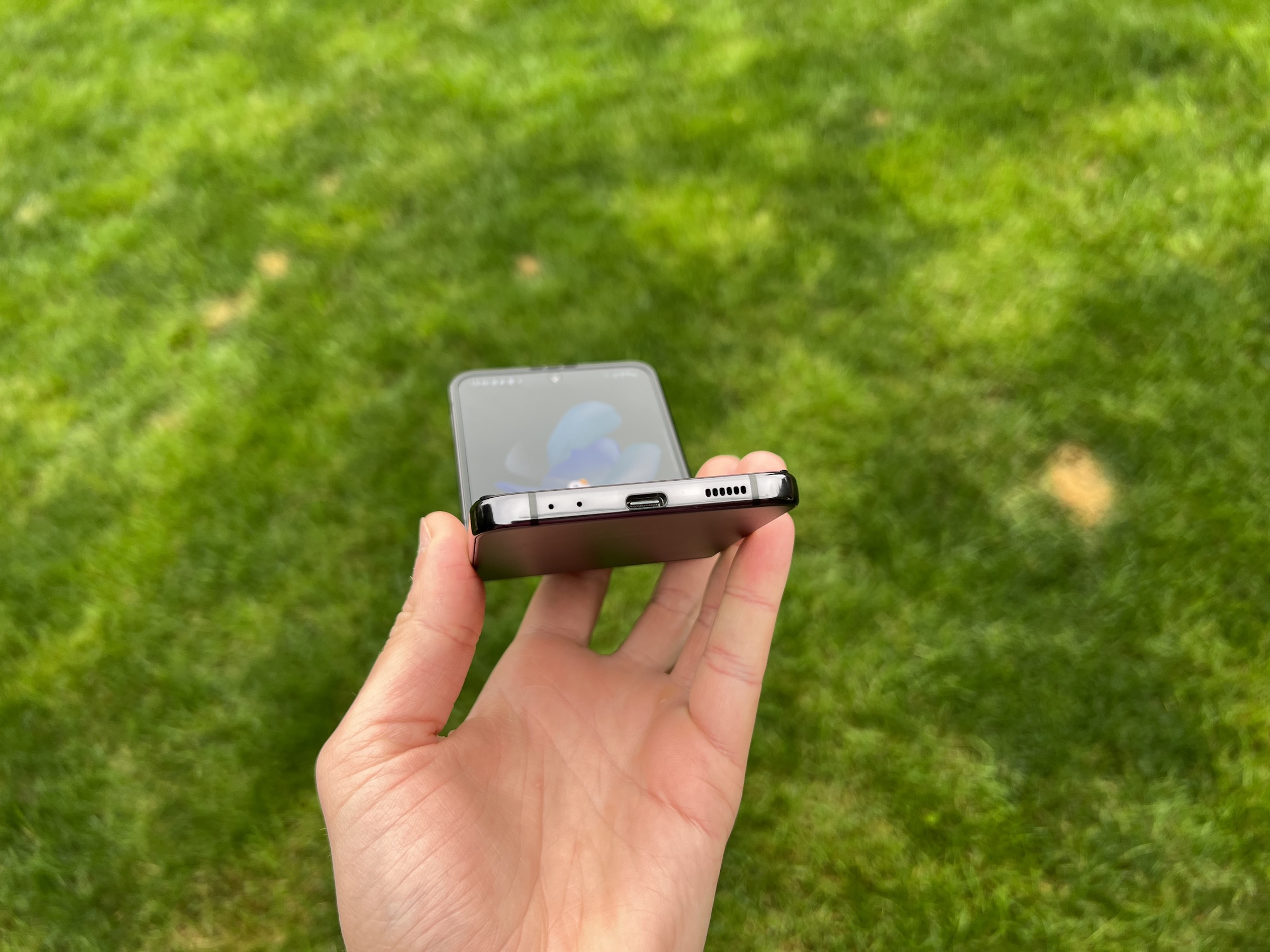
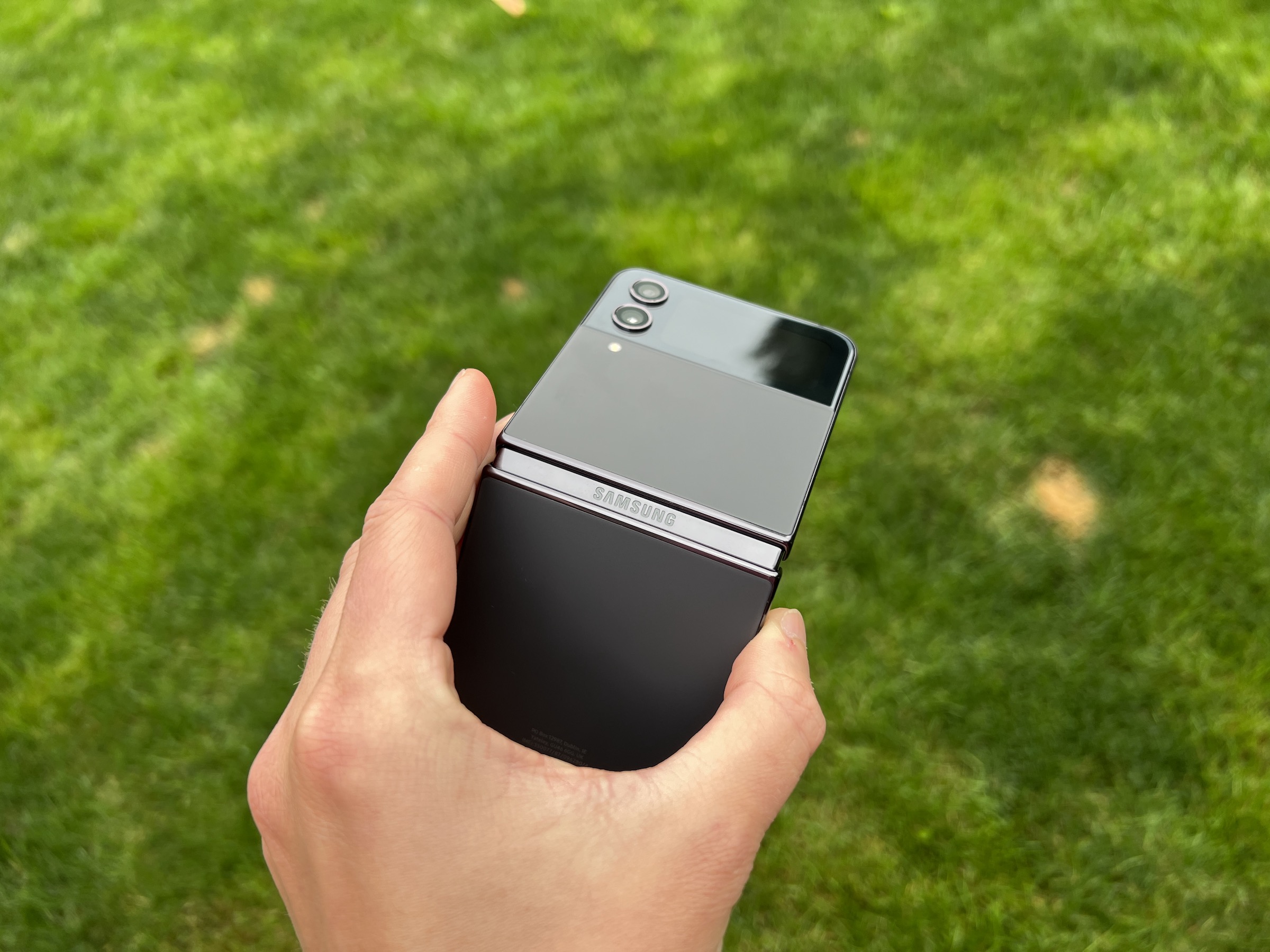

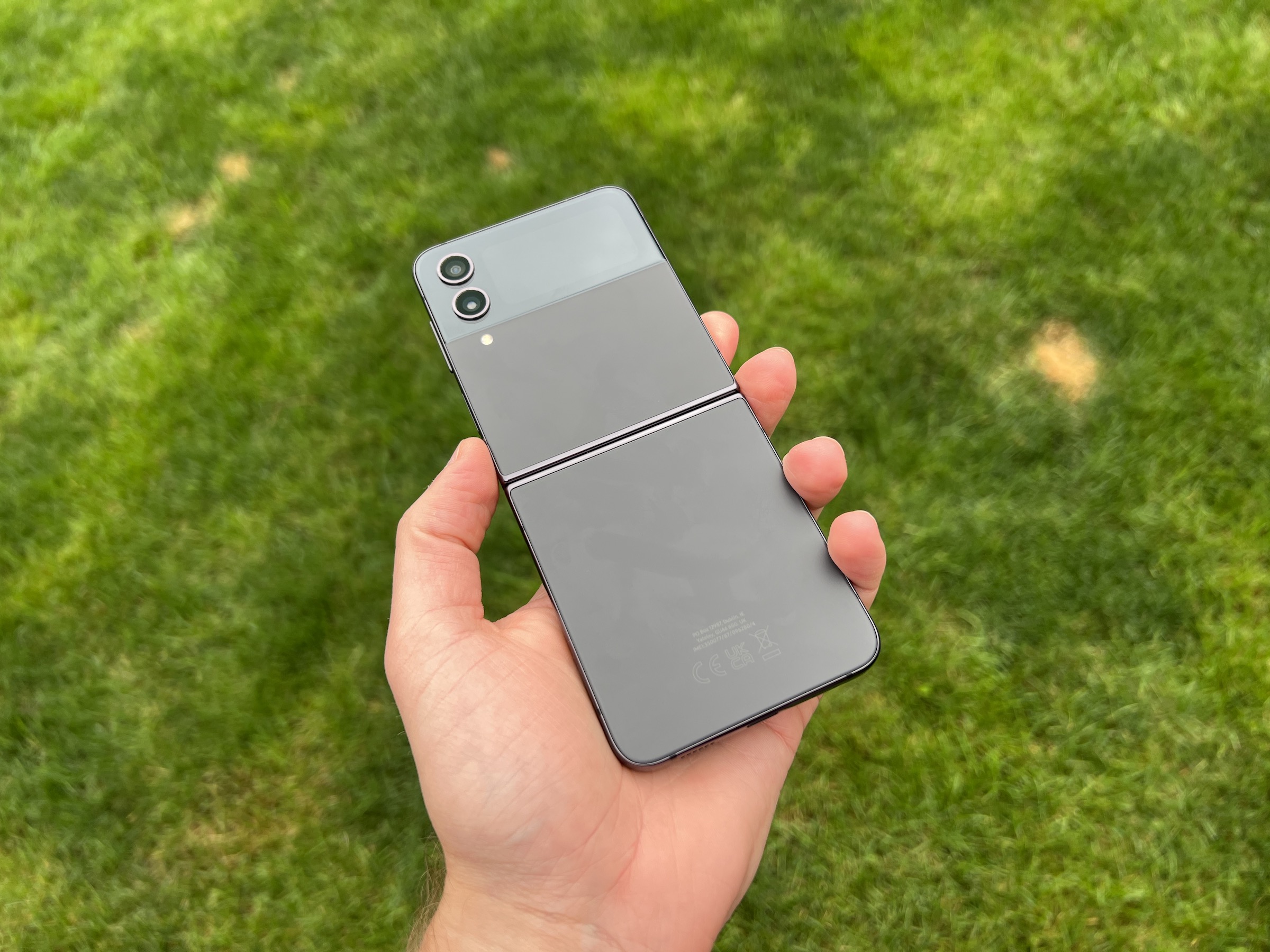
 Adam Kos
Adam Kos 
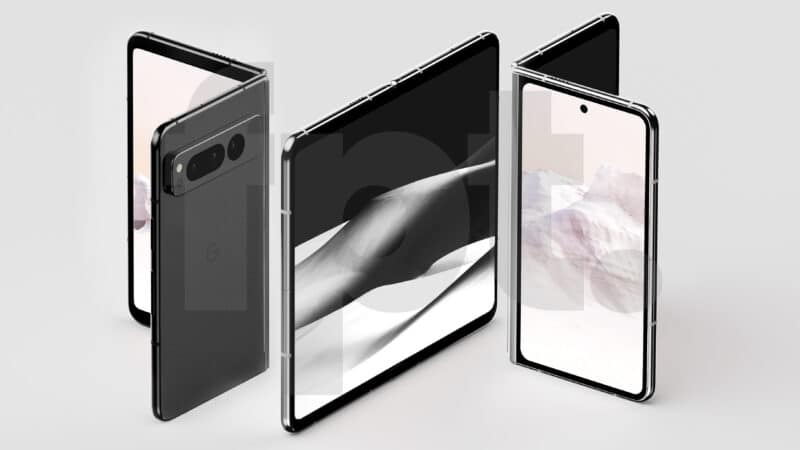
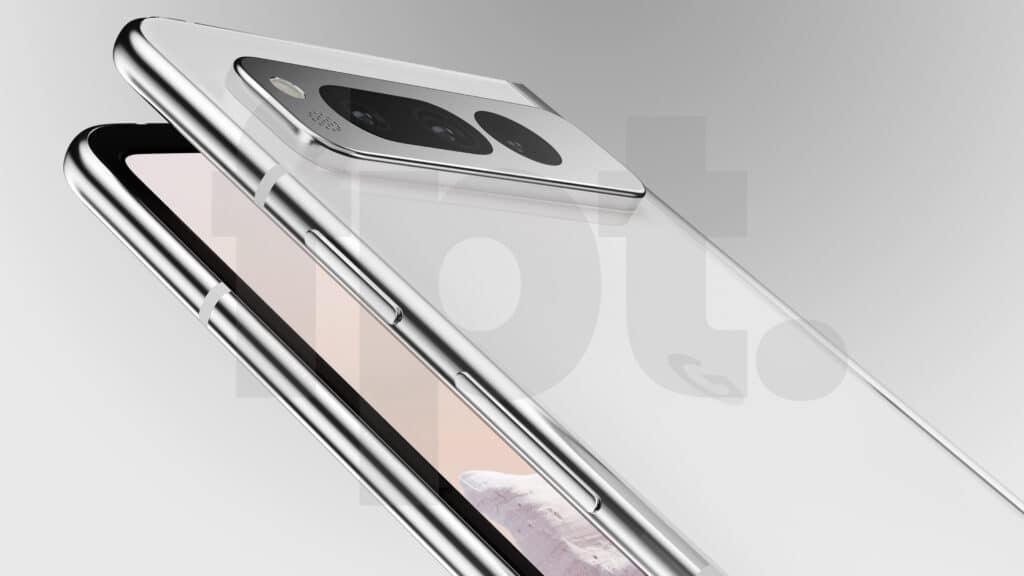
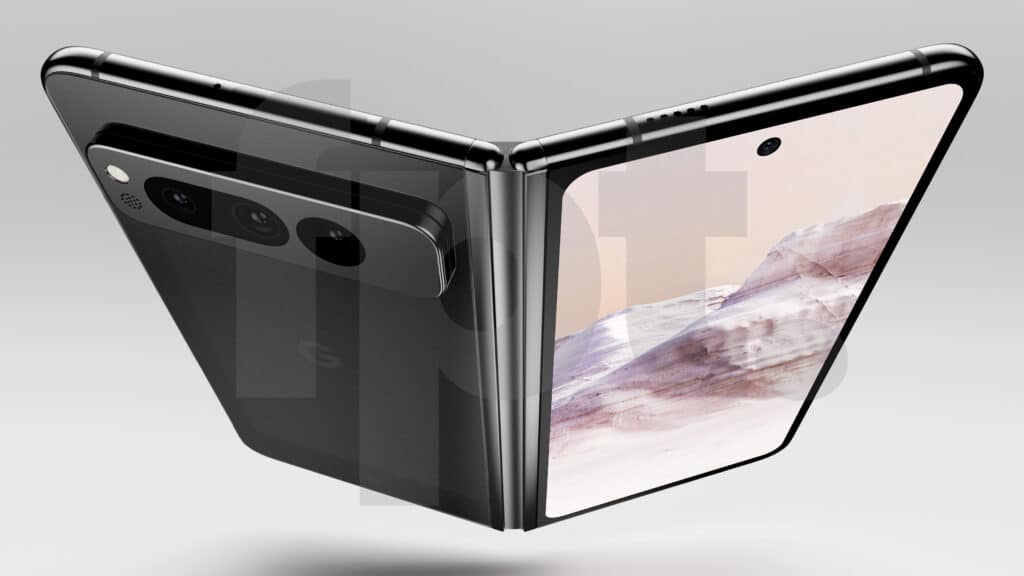
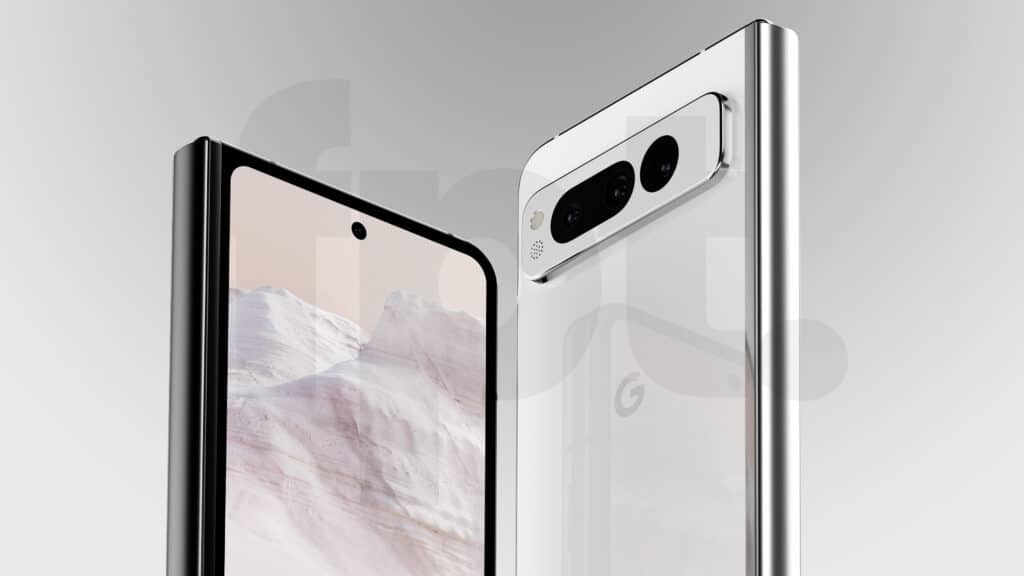
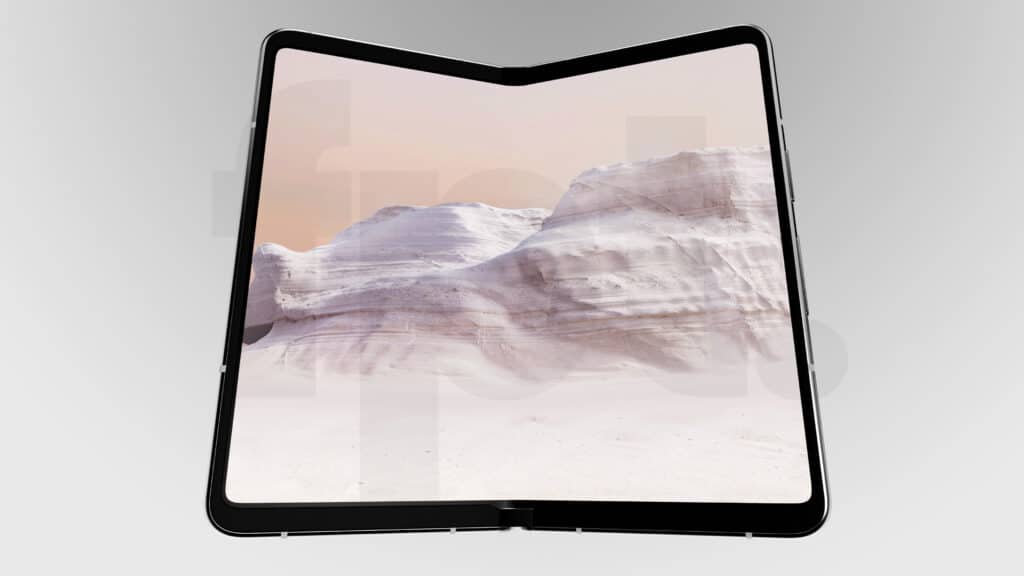
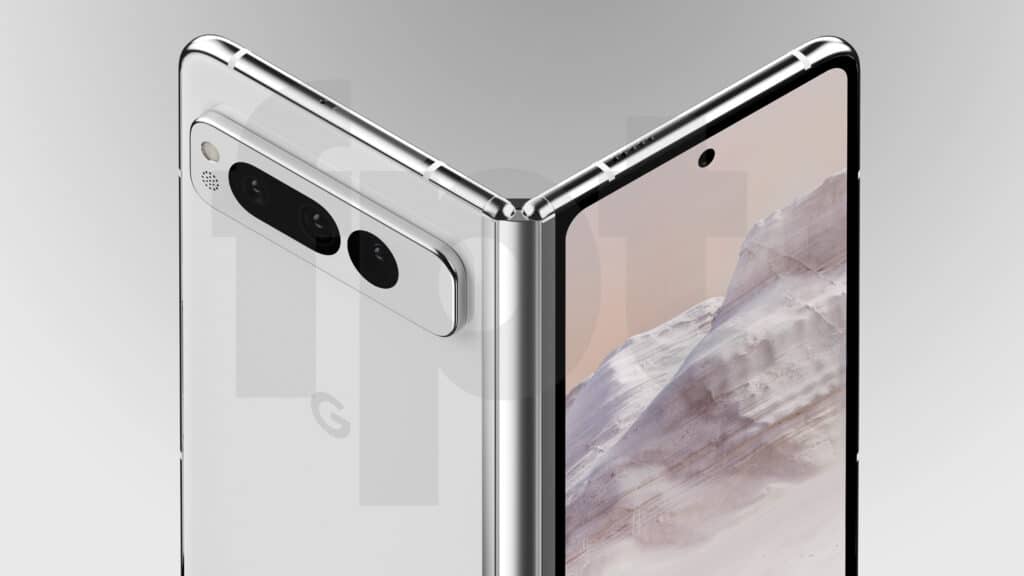
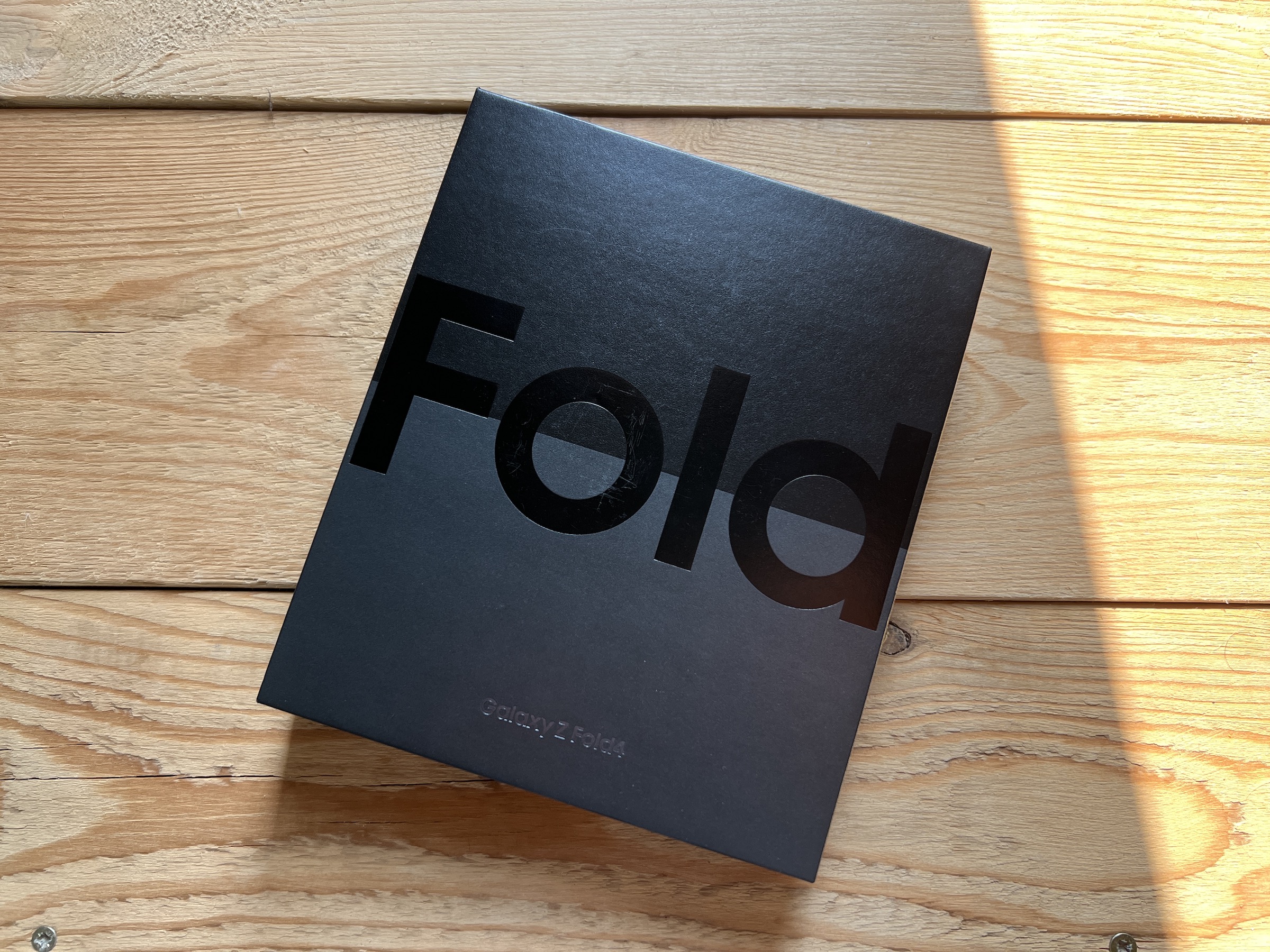
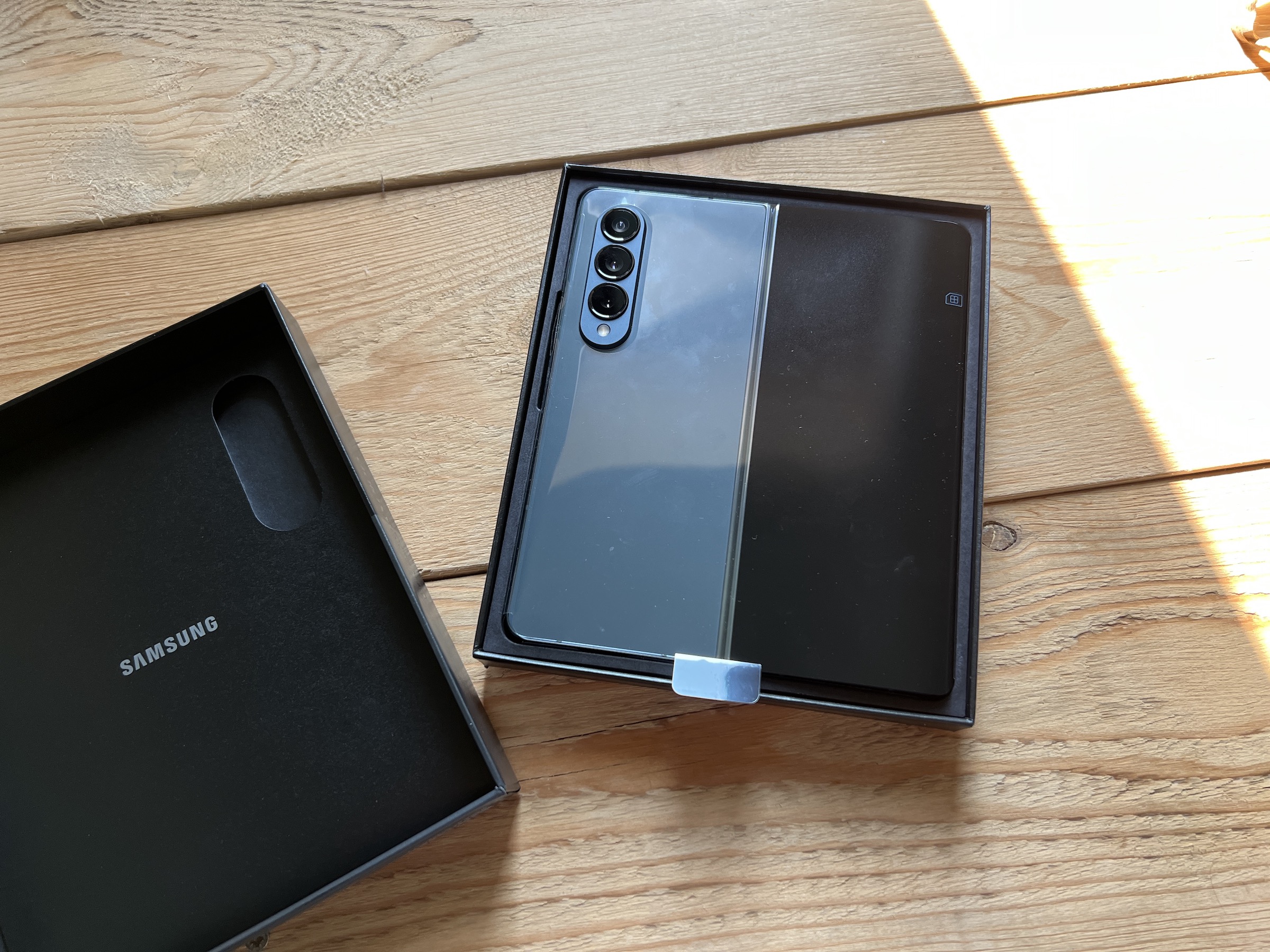
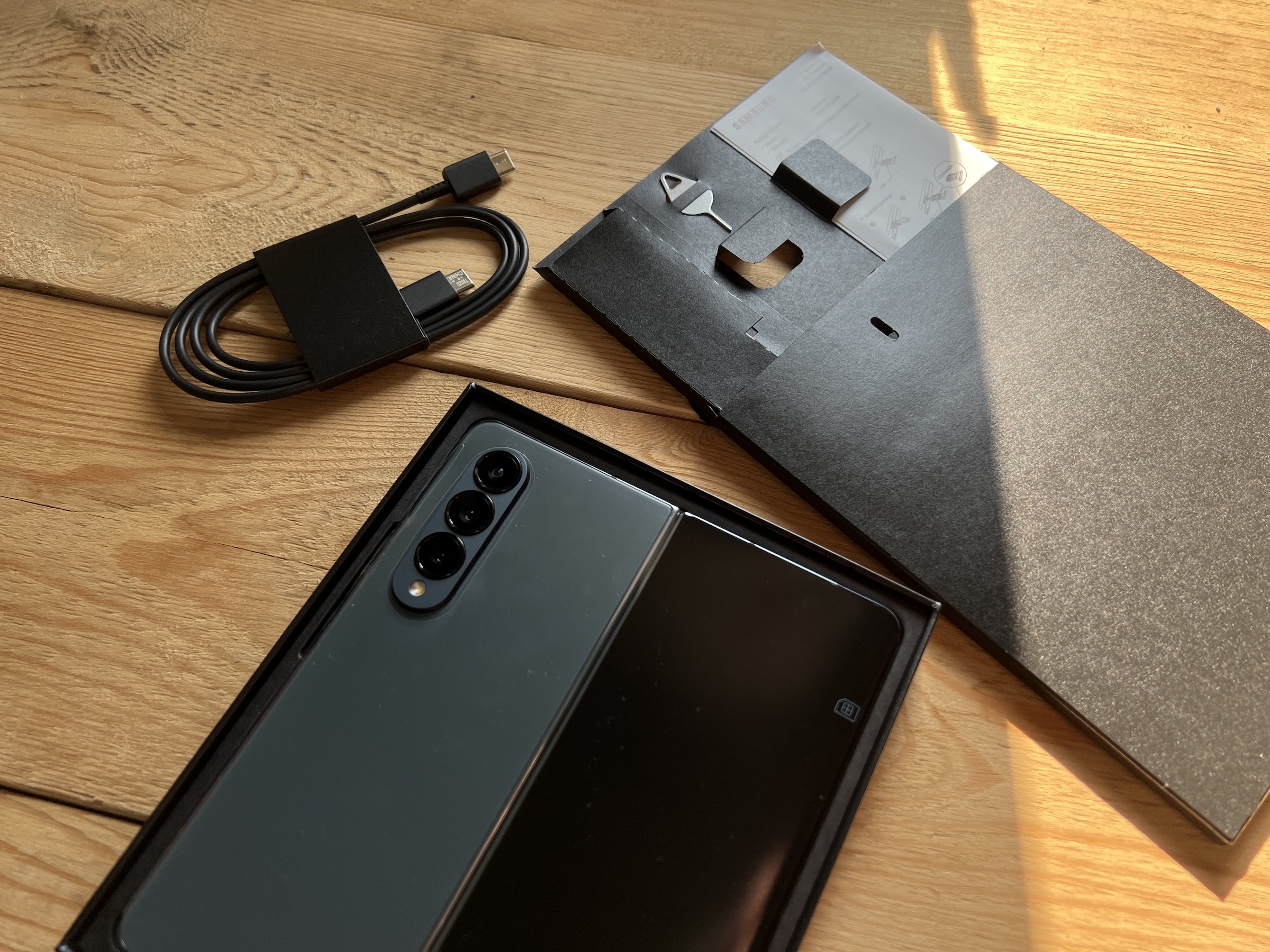
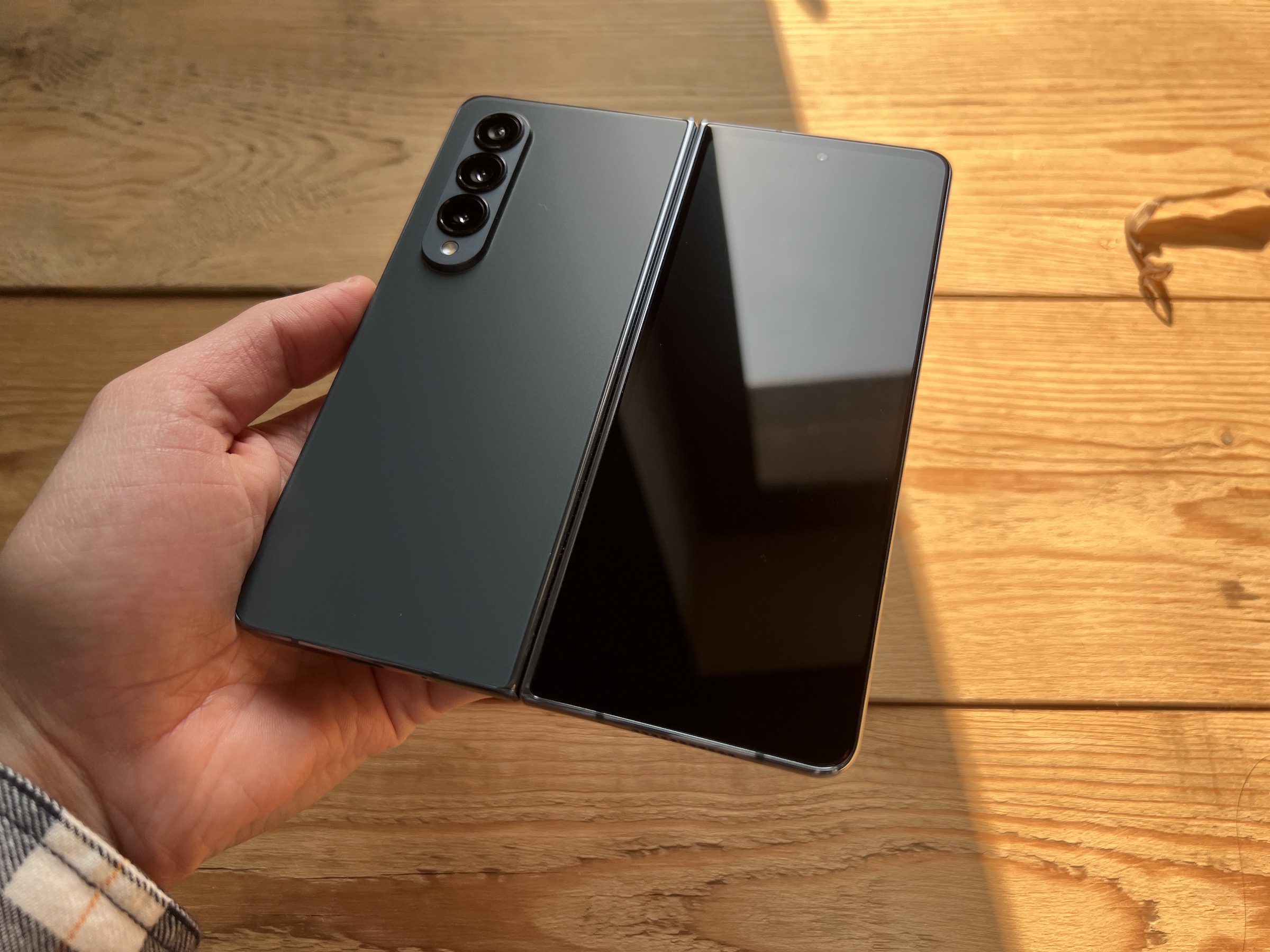
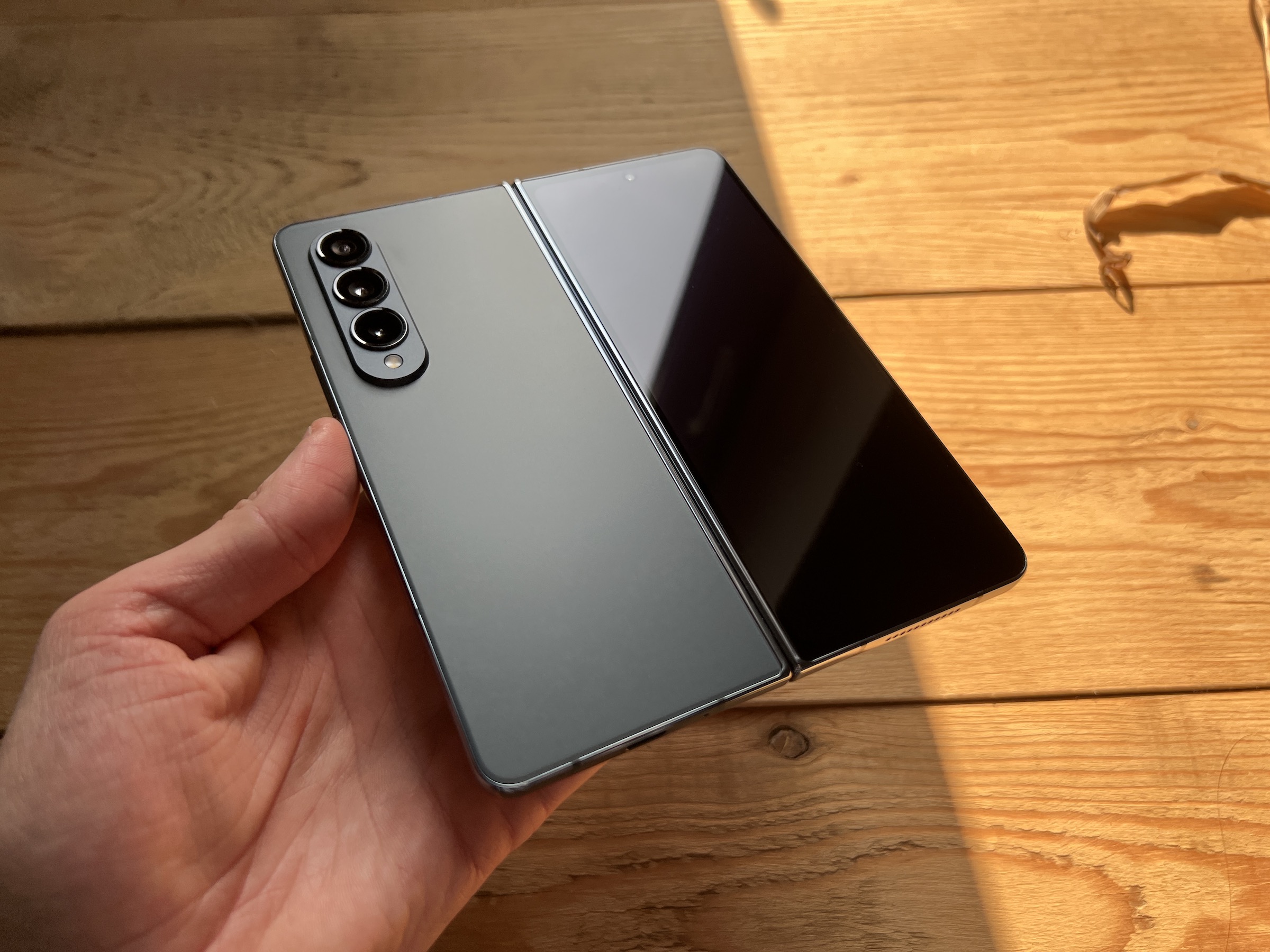
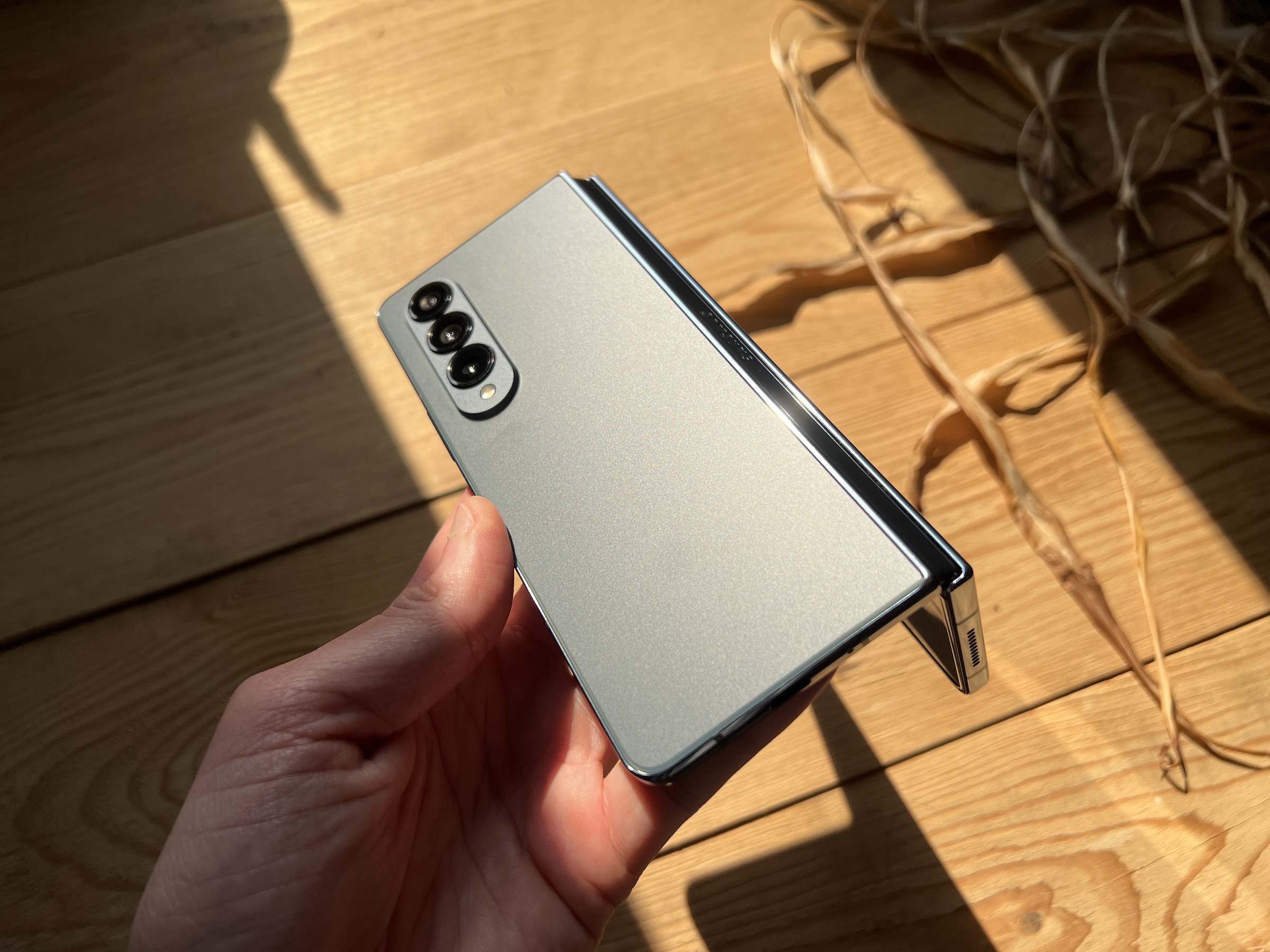
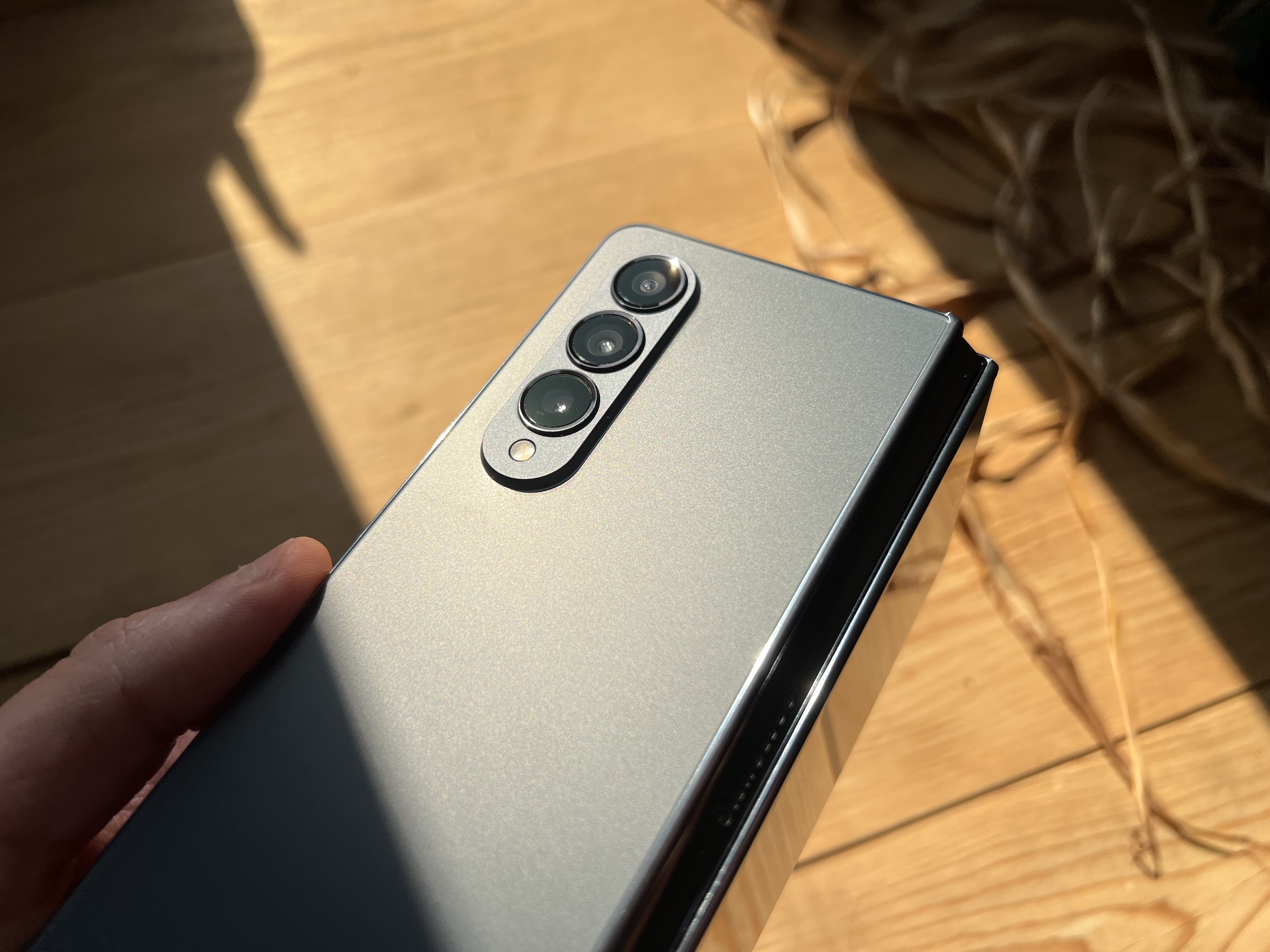
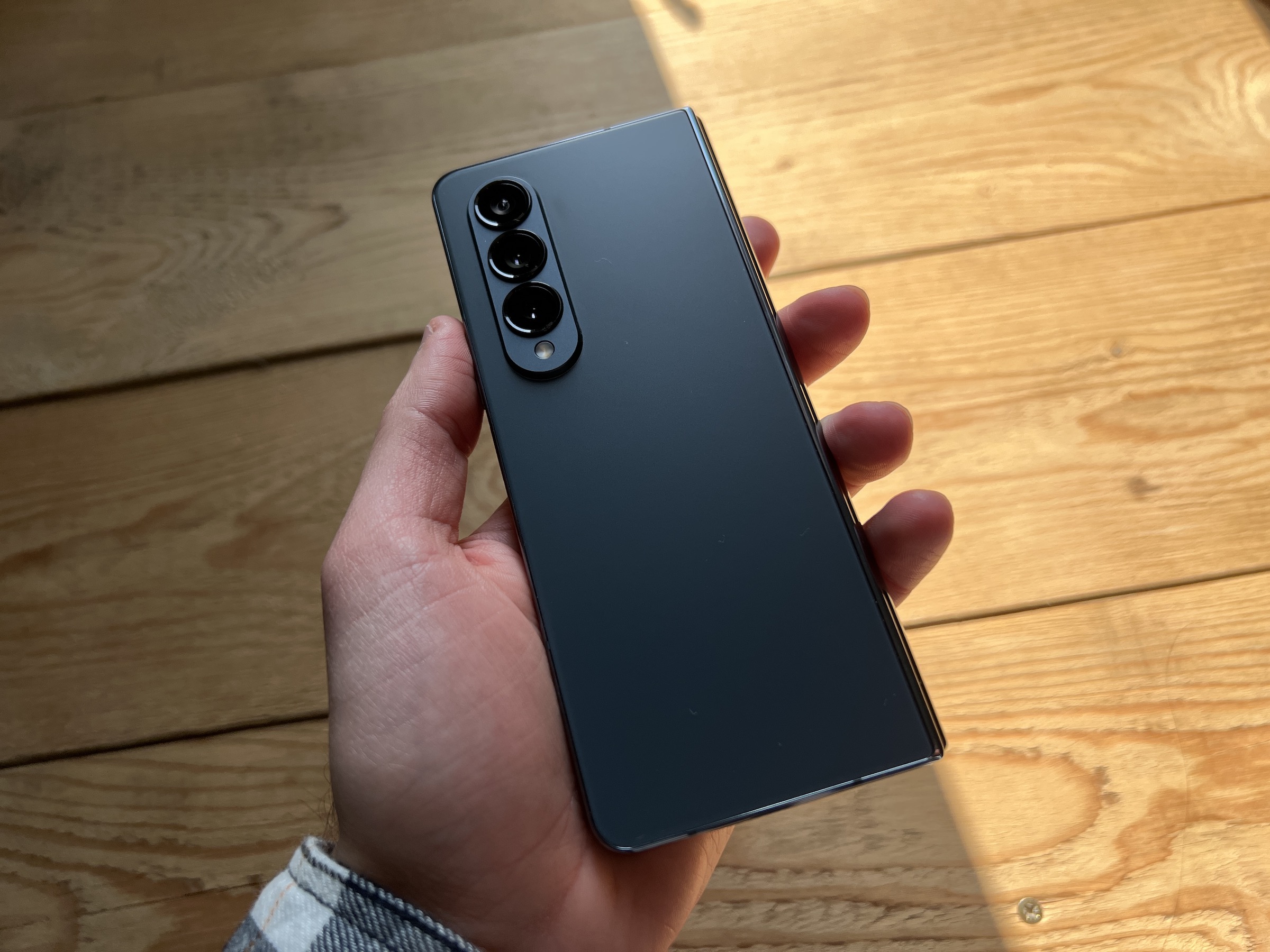
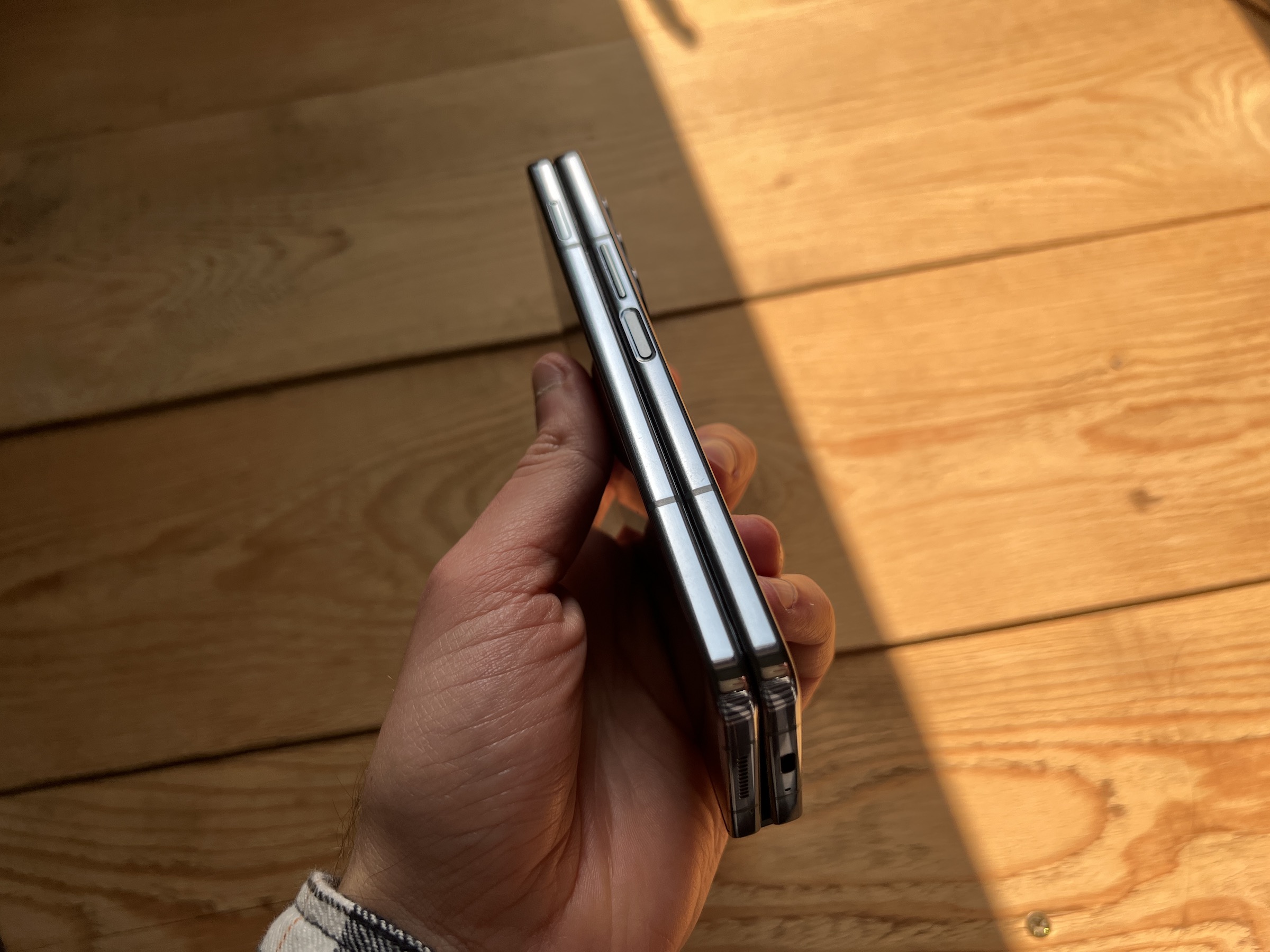
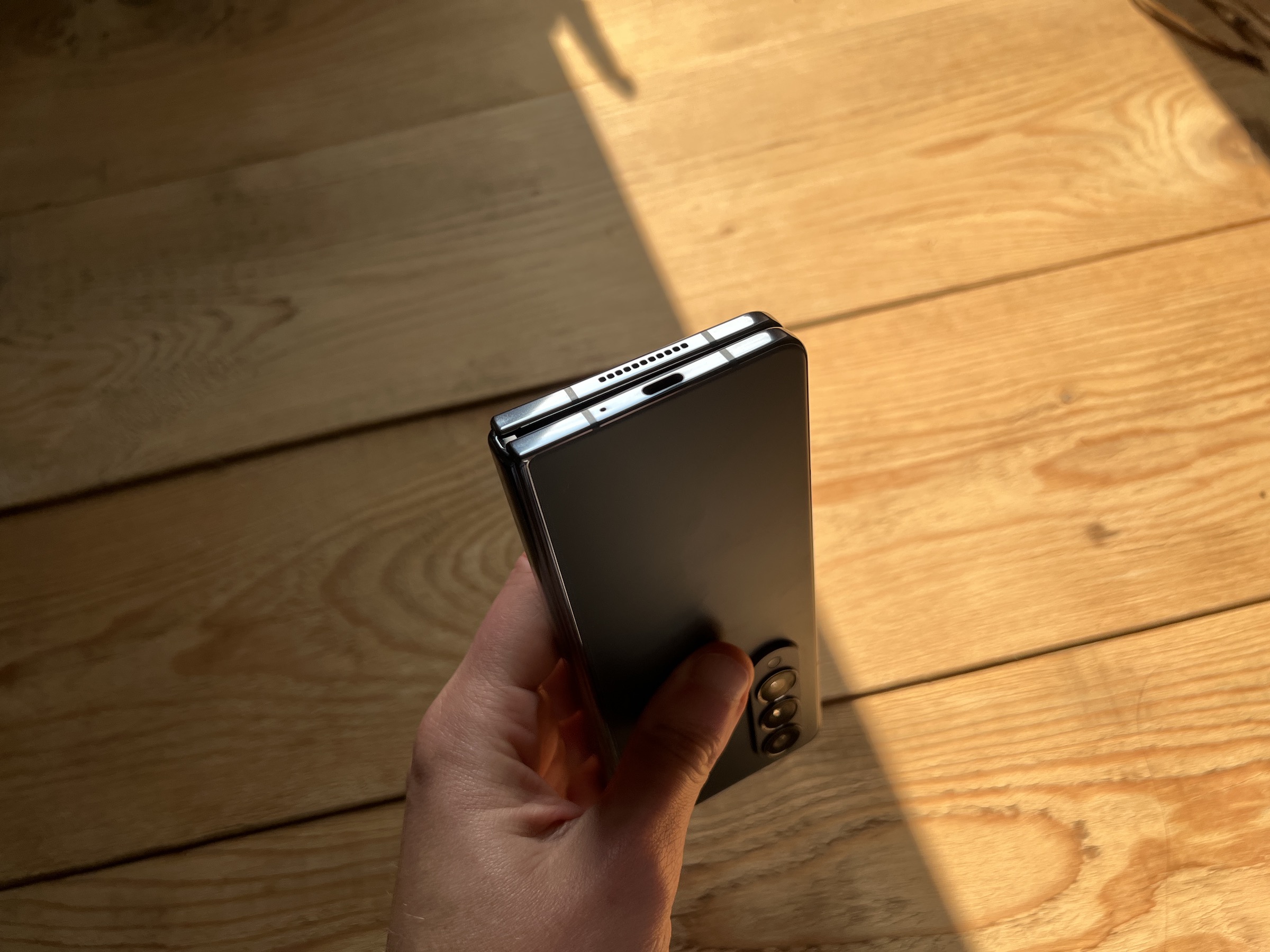
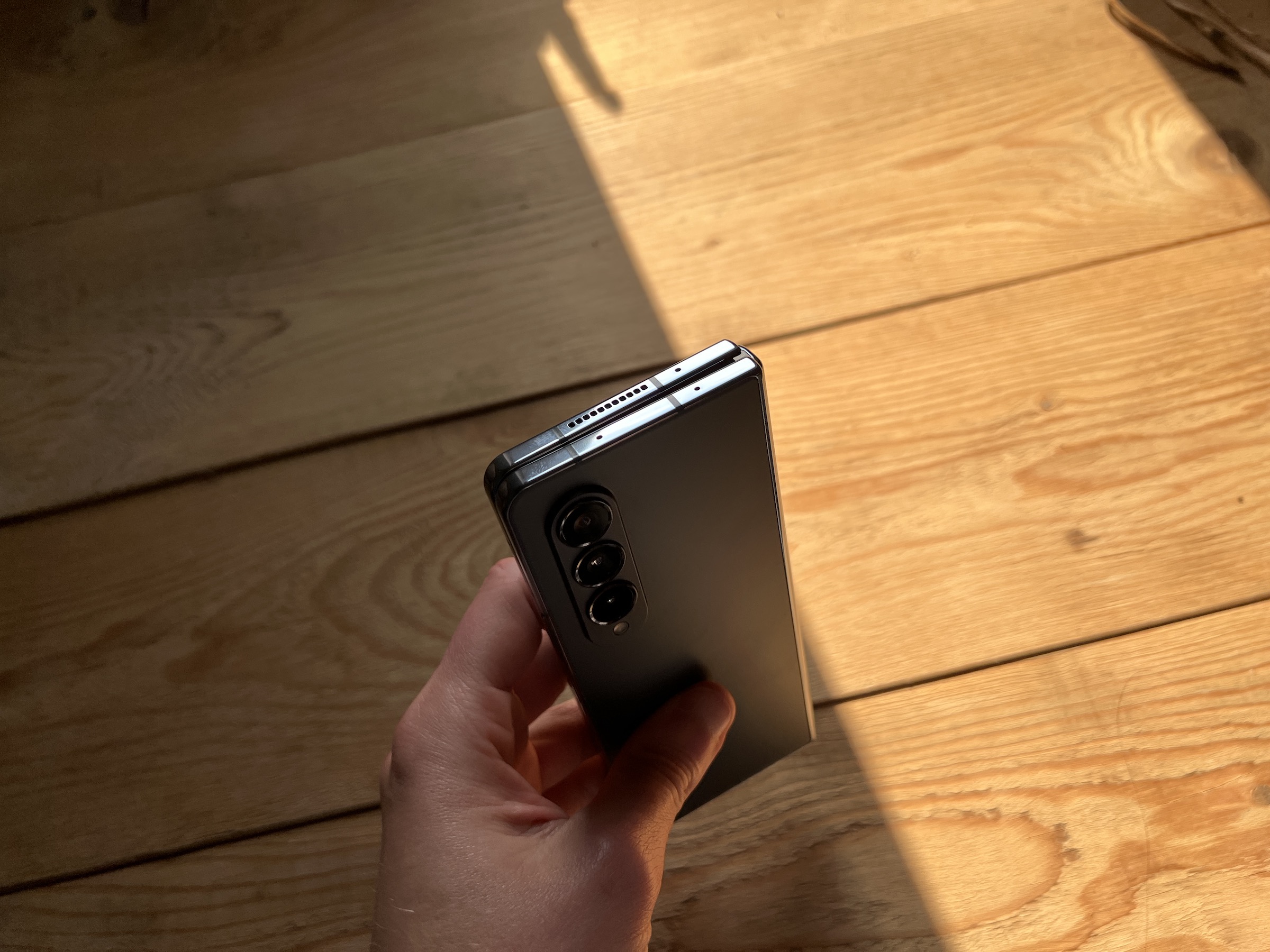
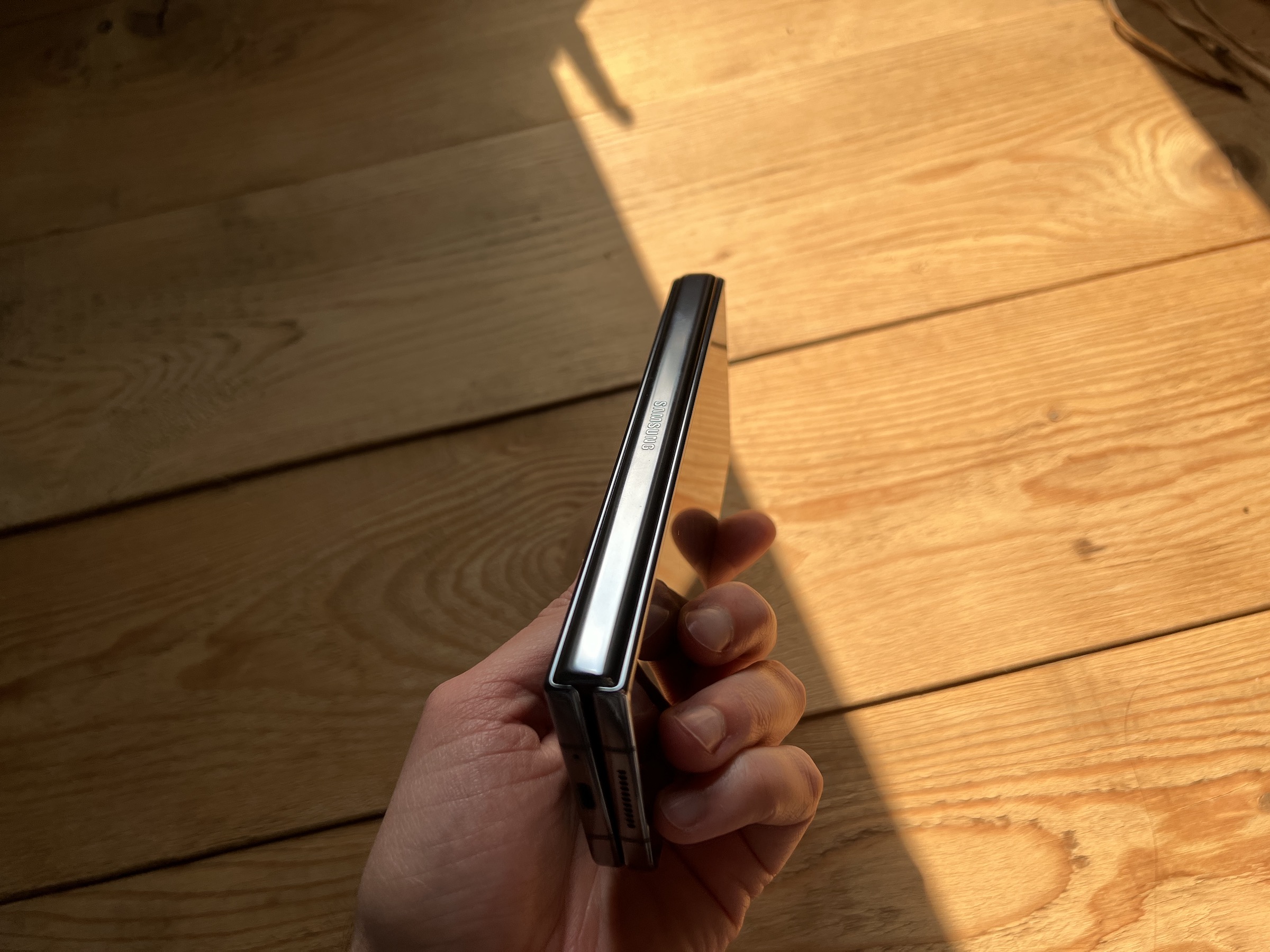

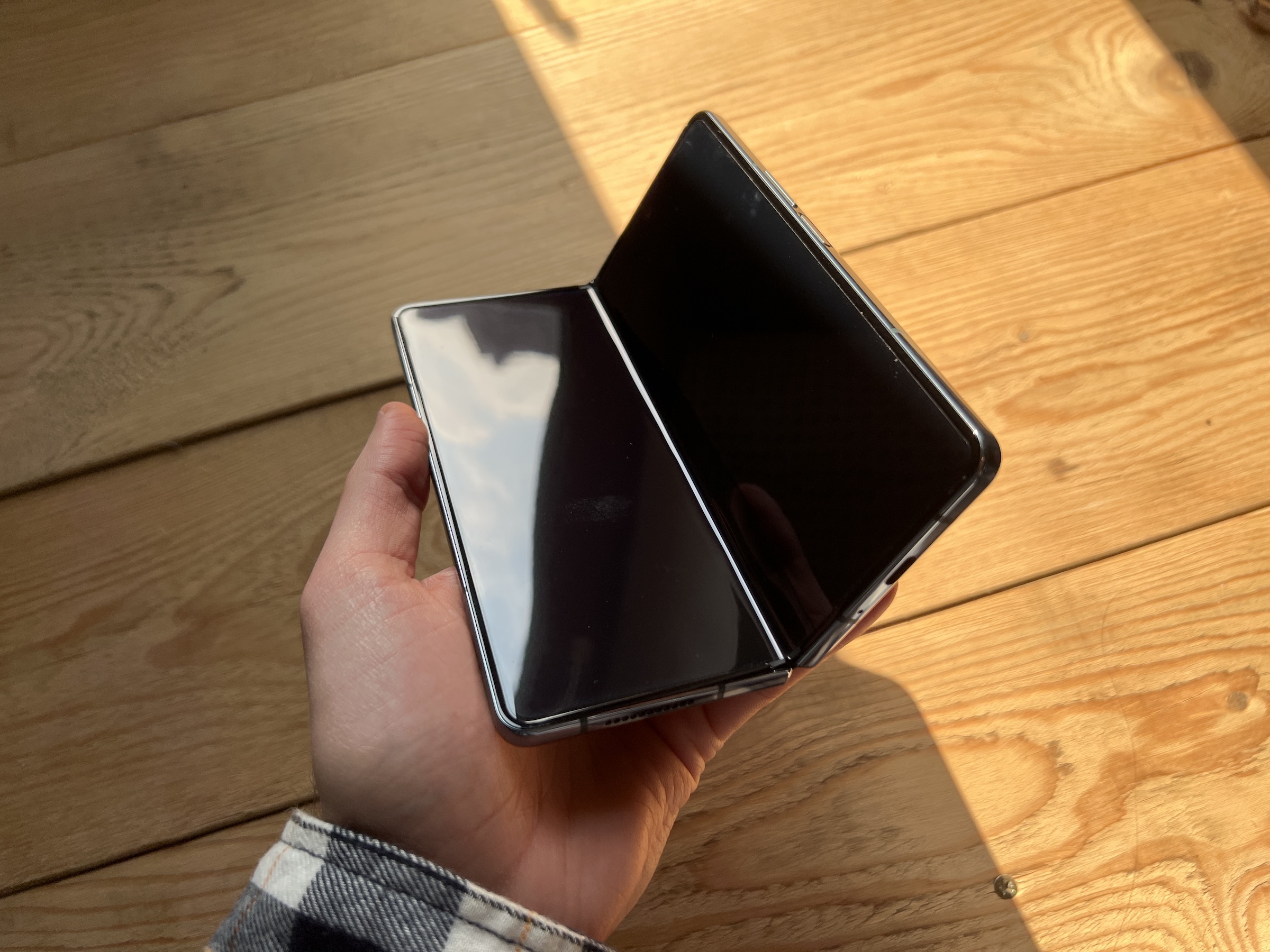
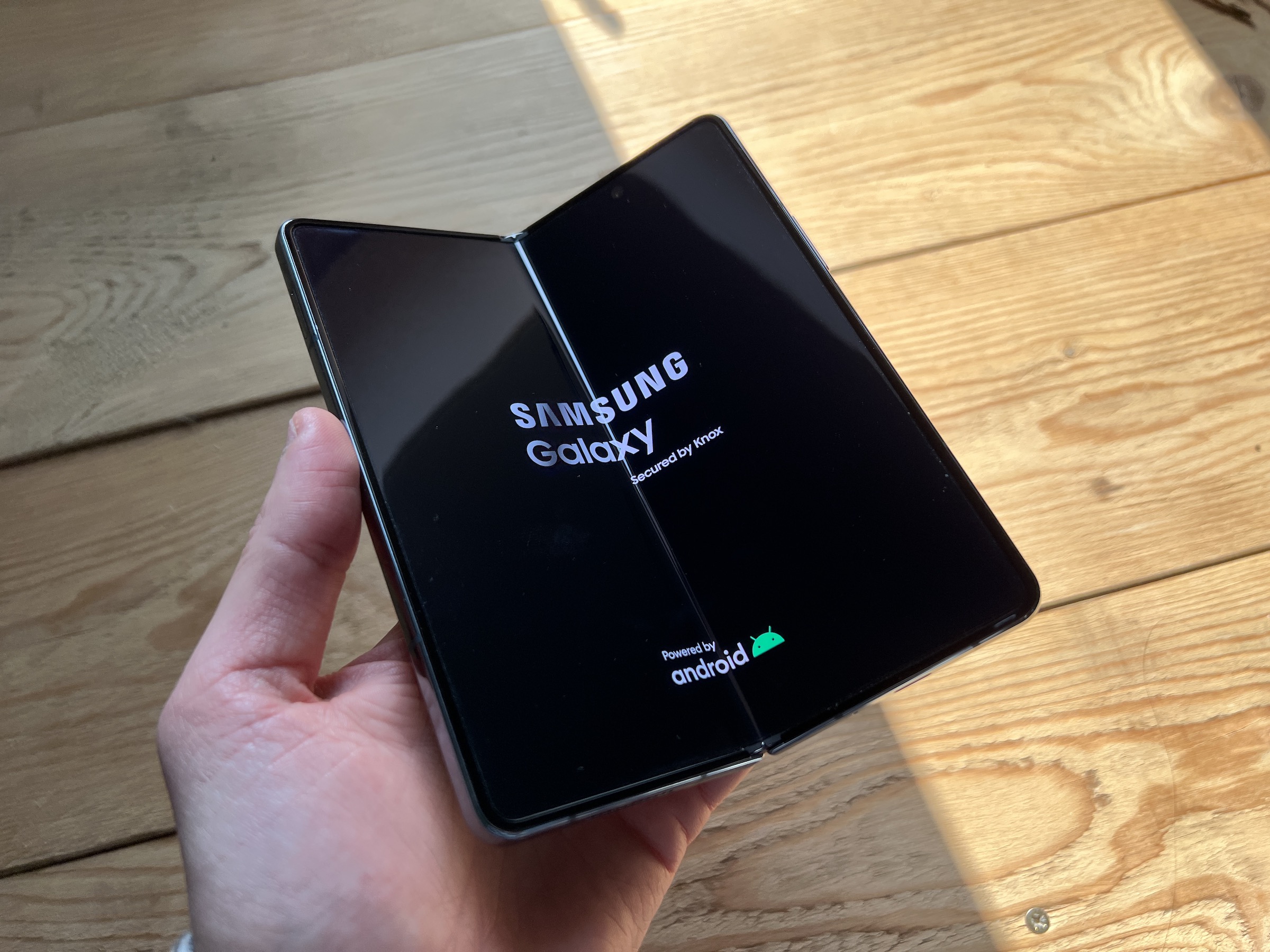
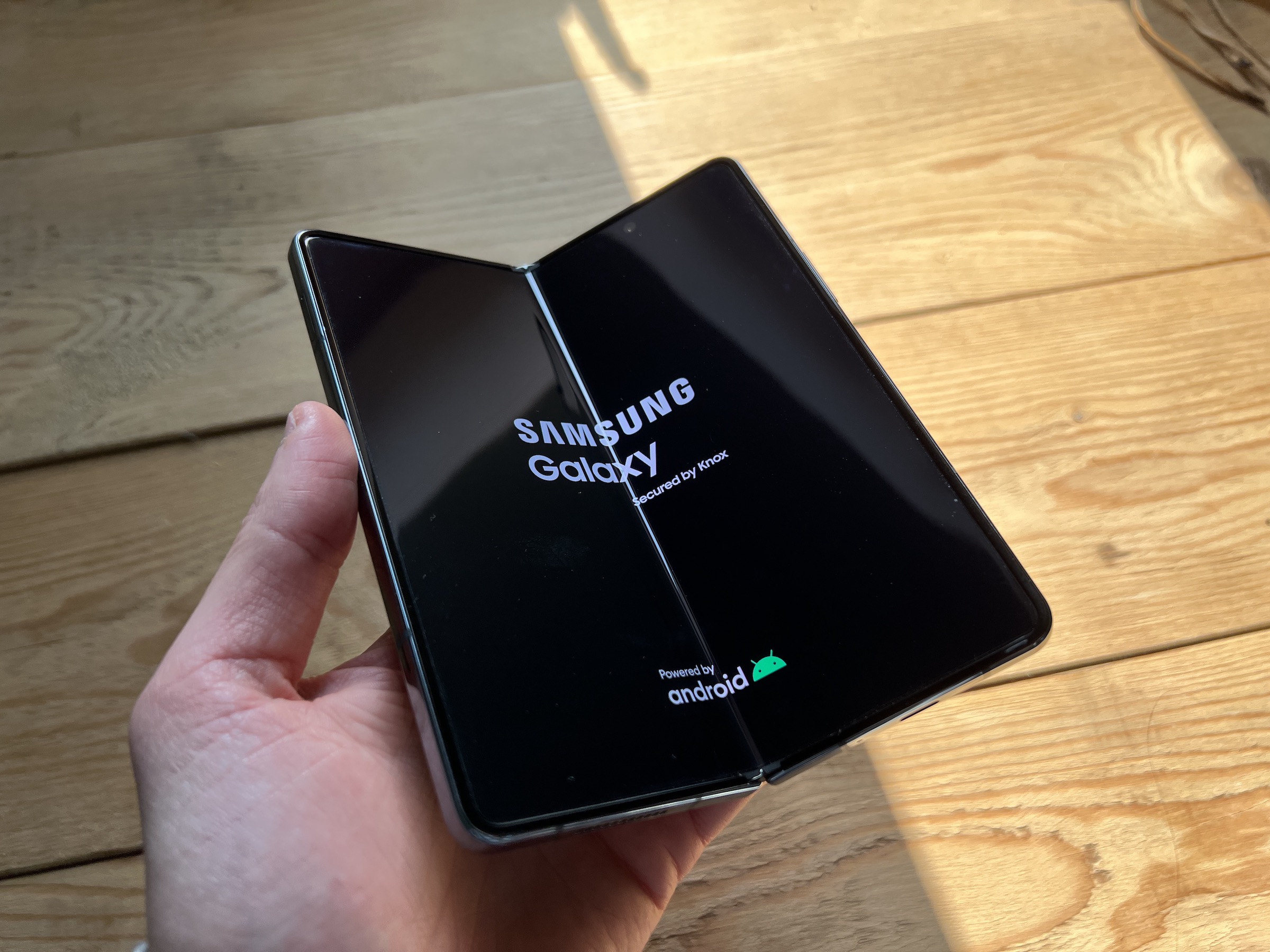
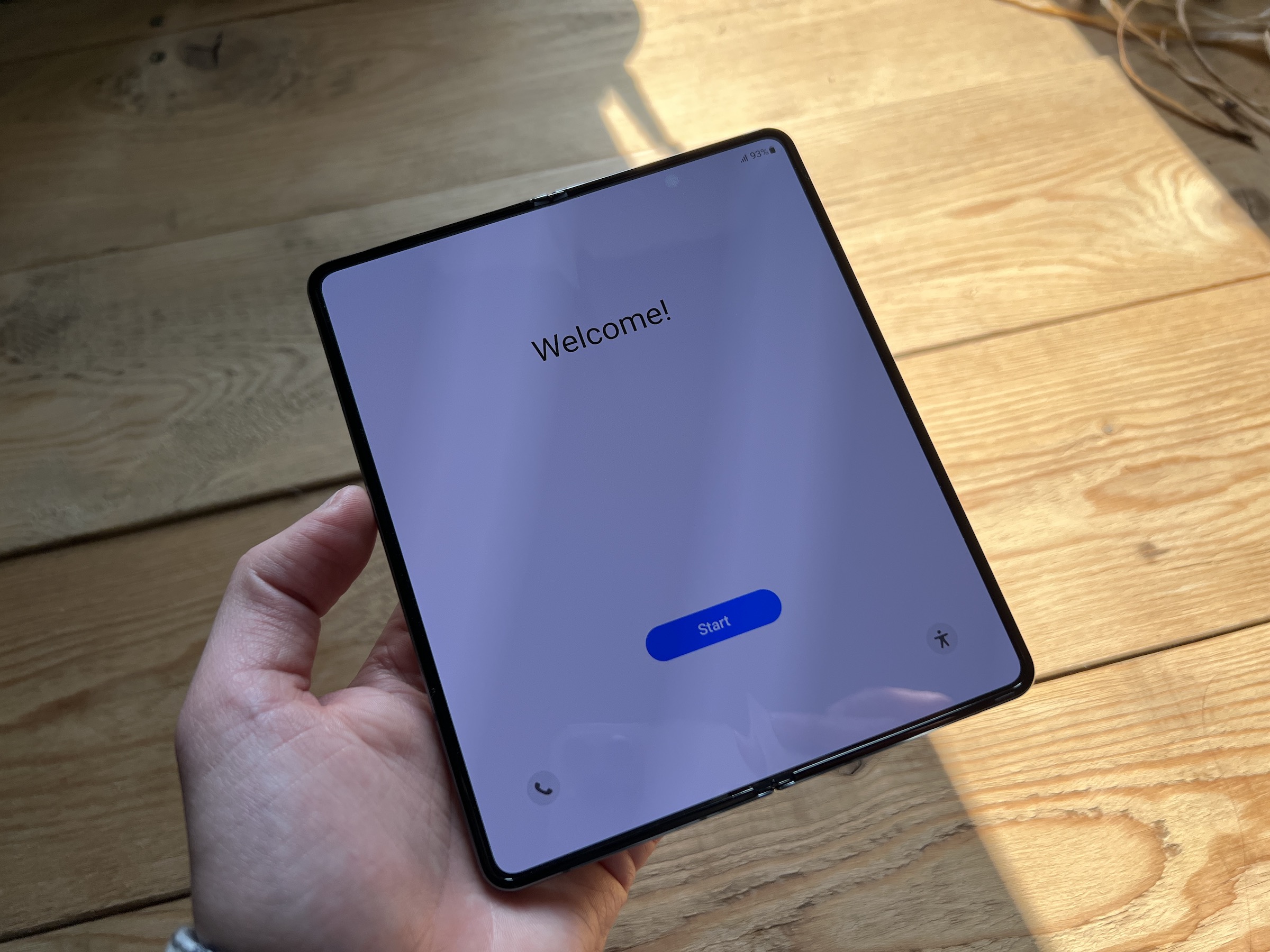
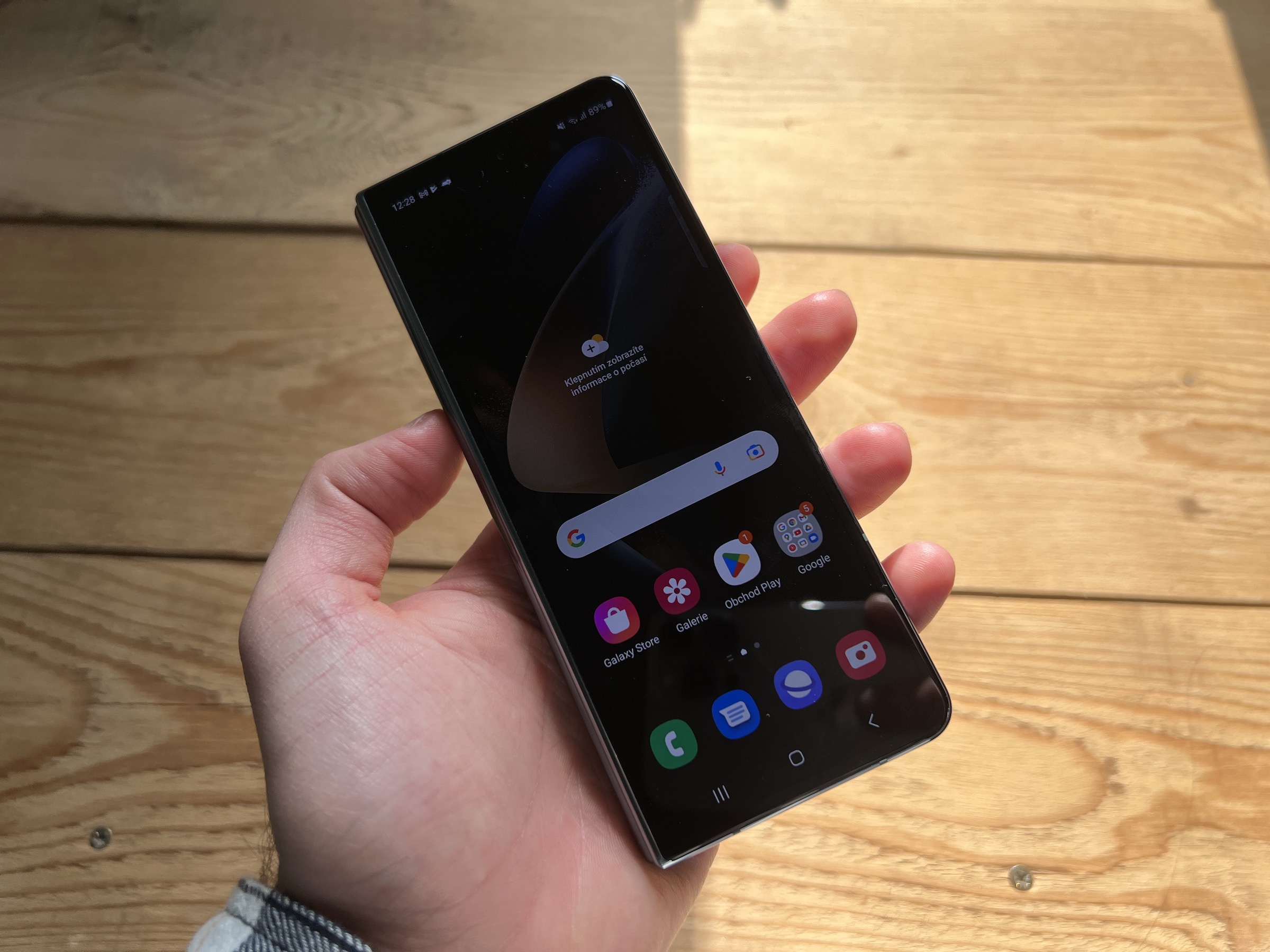
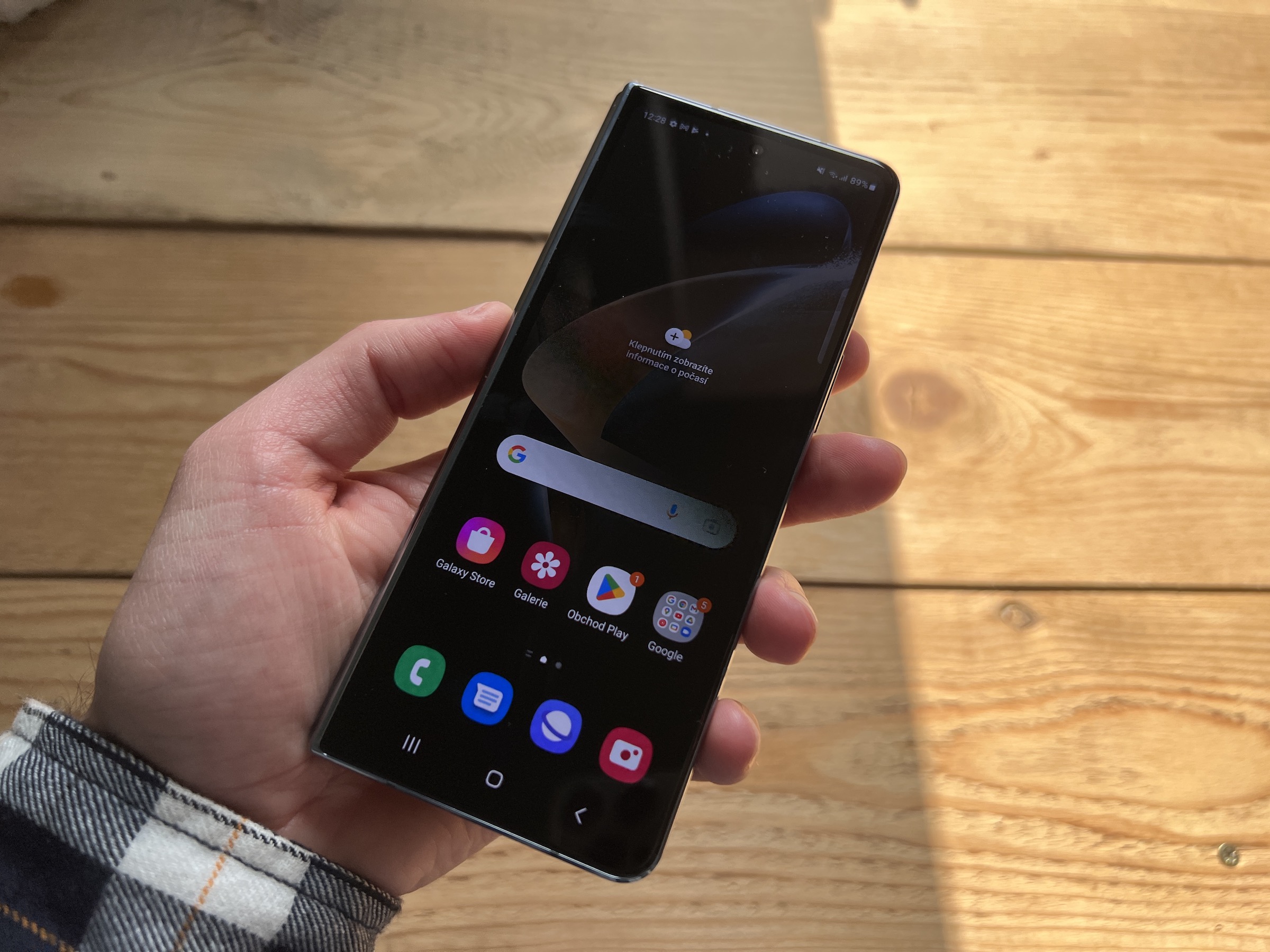
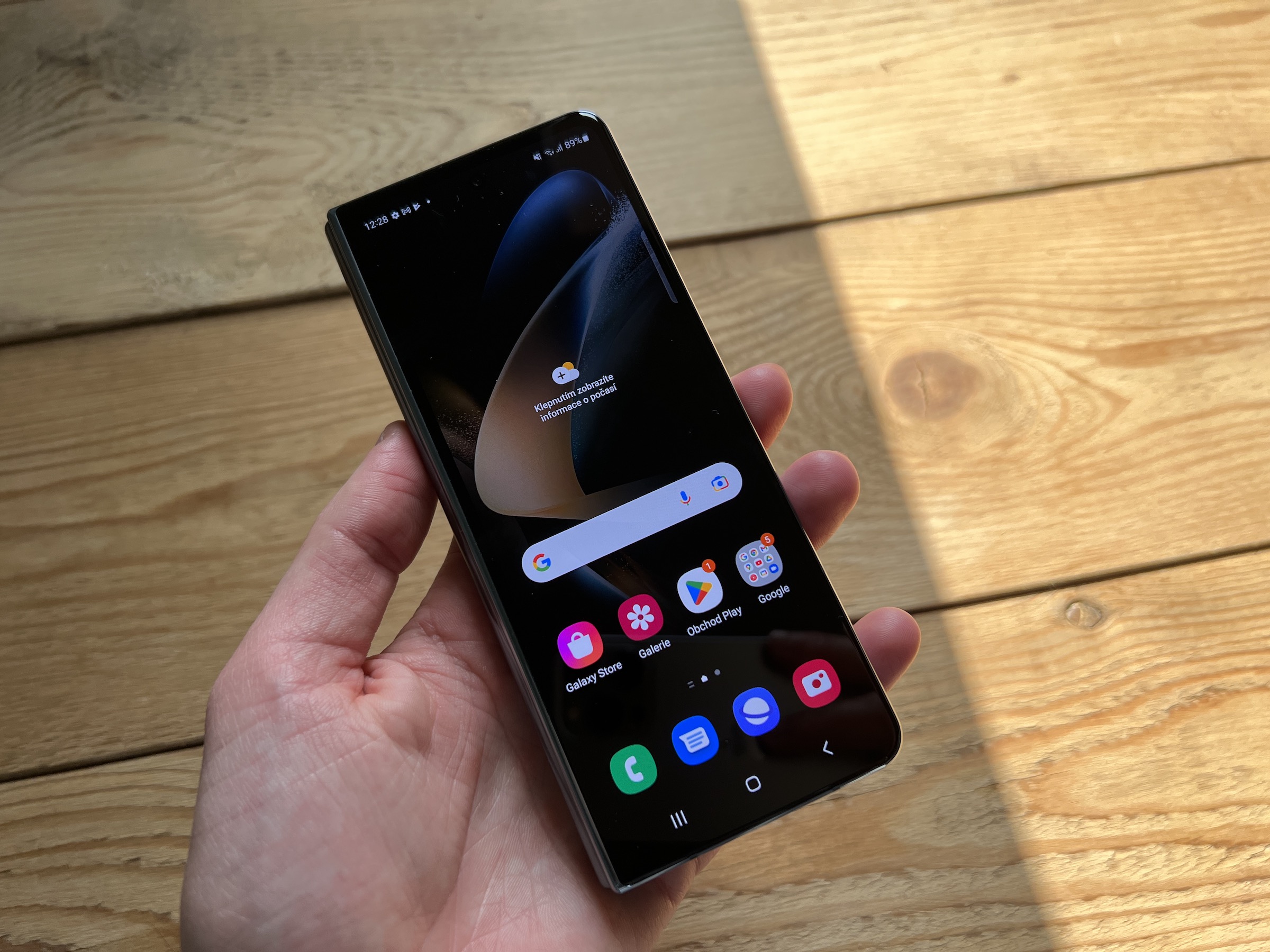
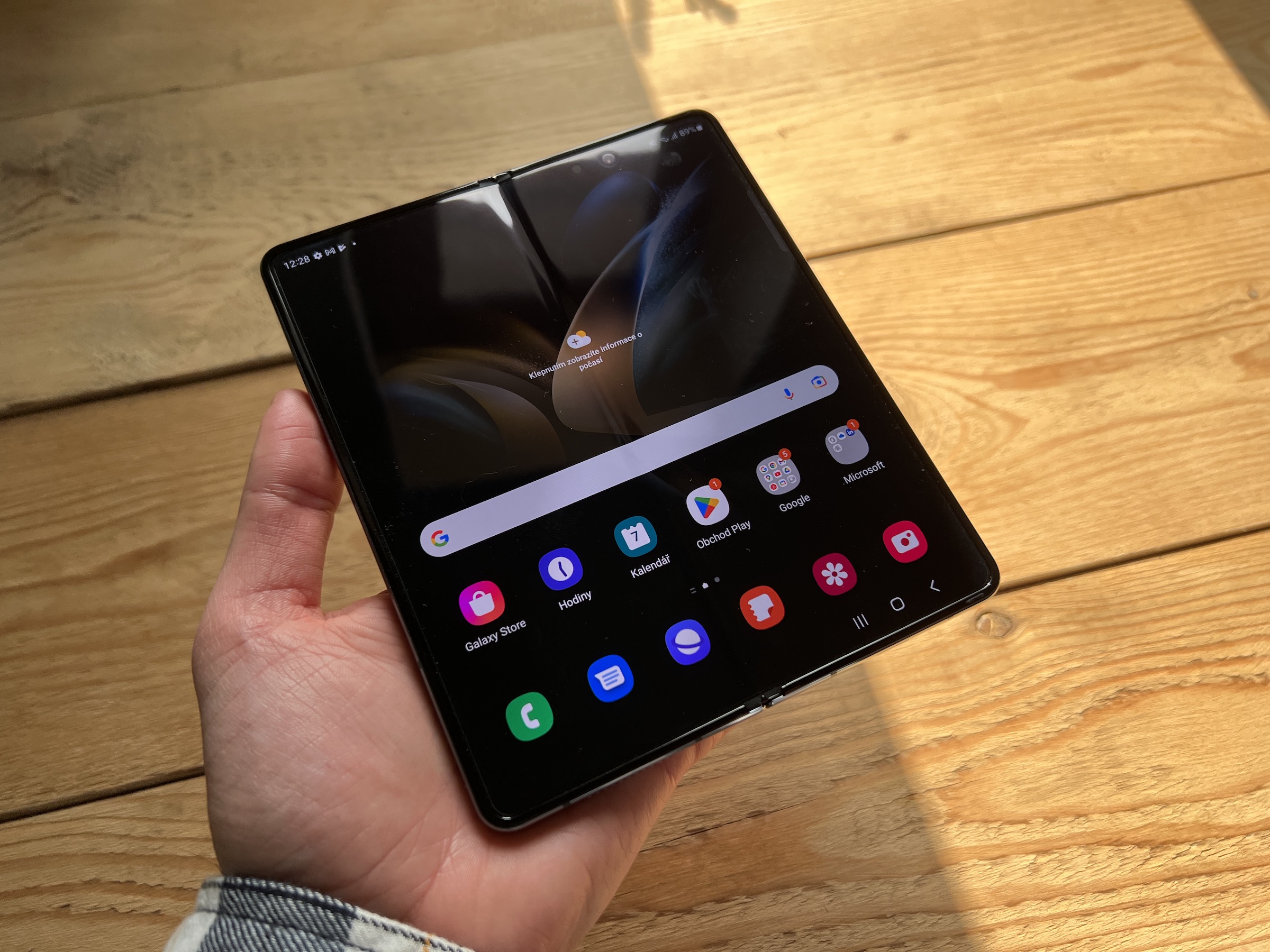
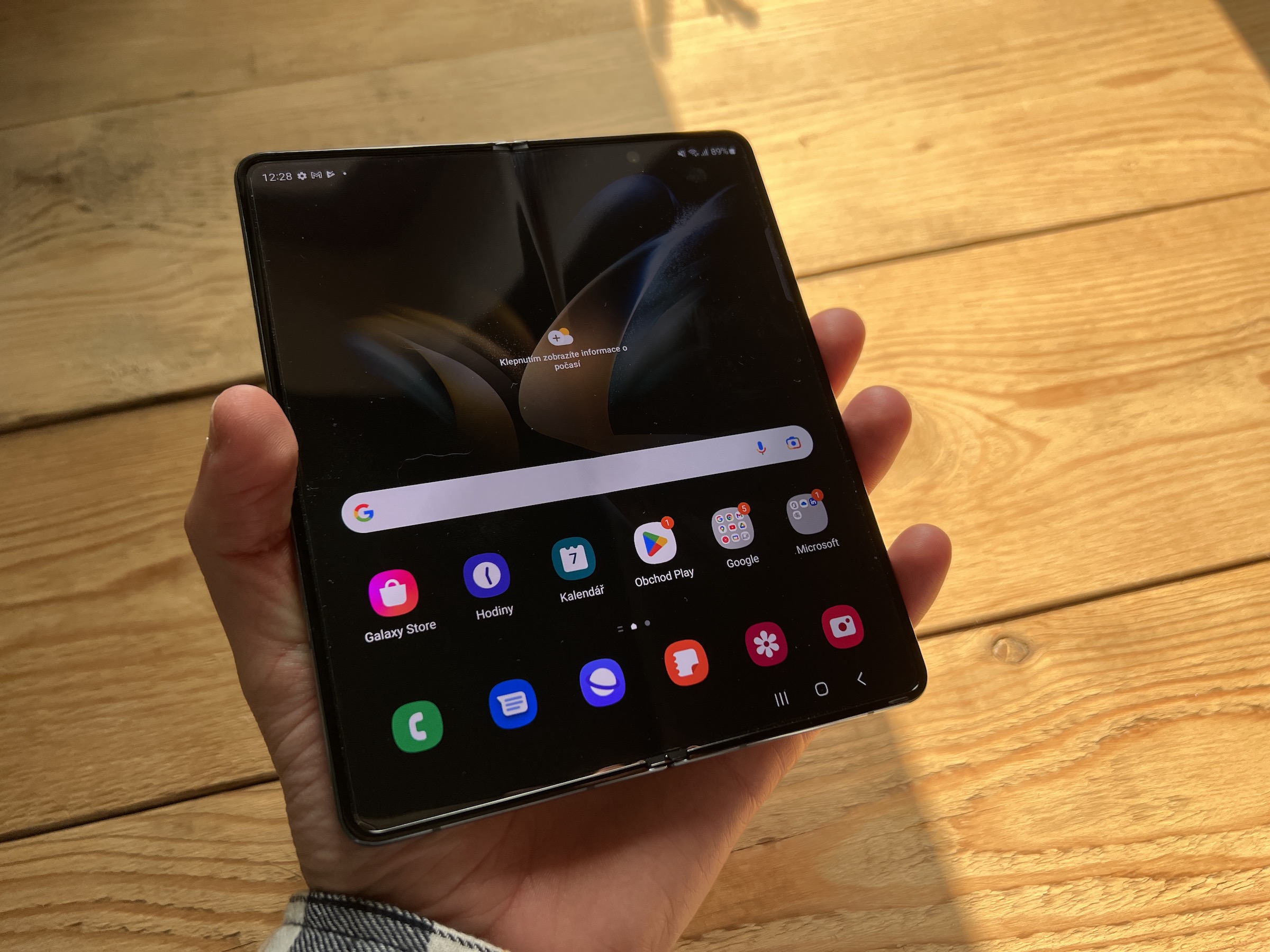
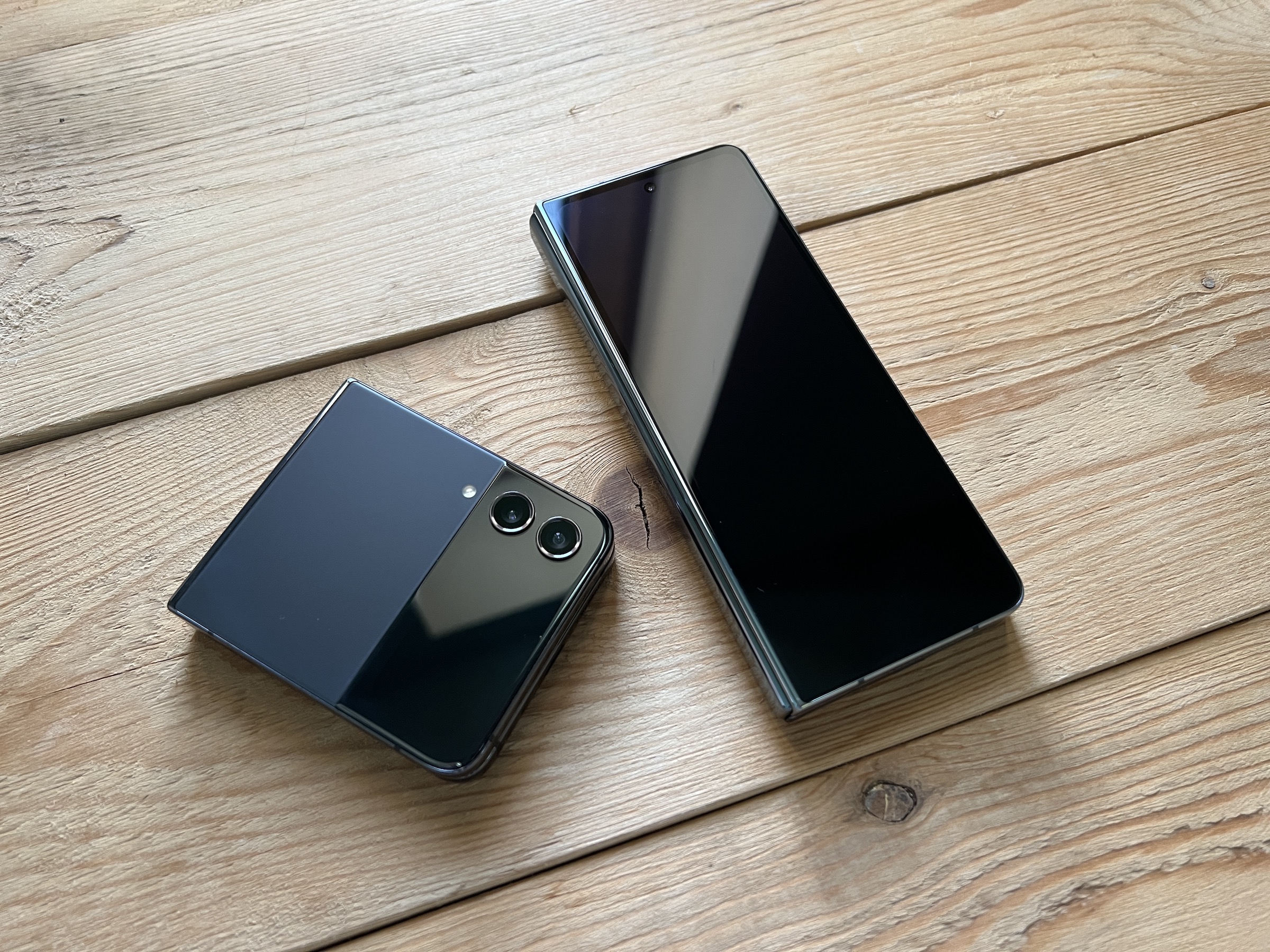
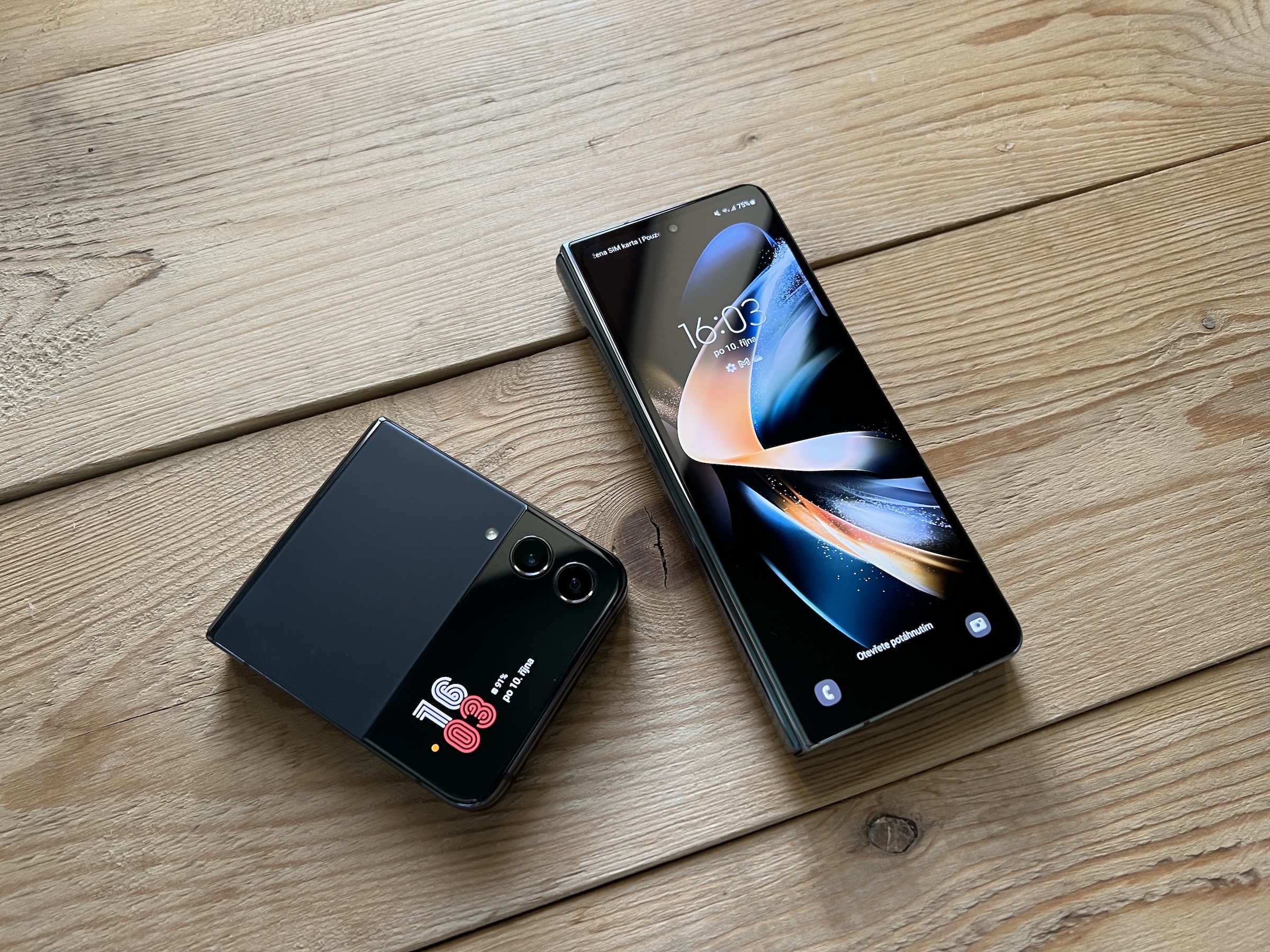
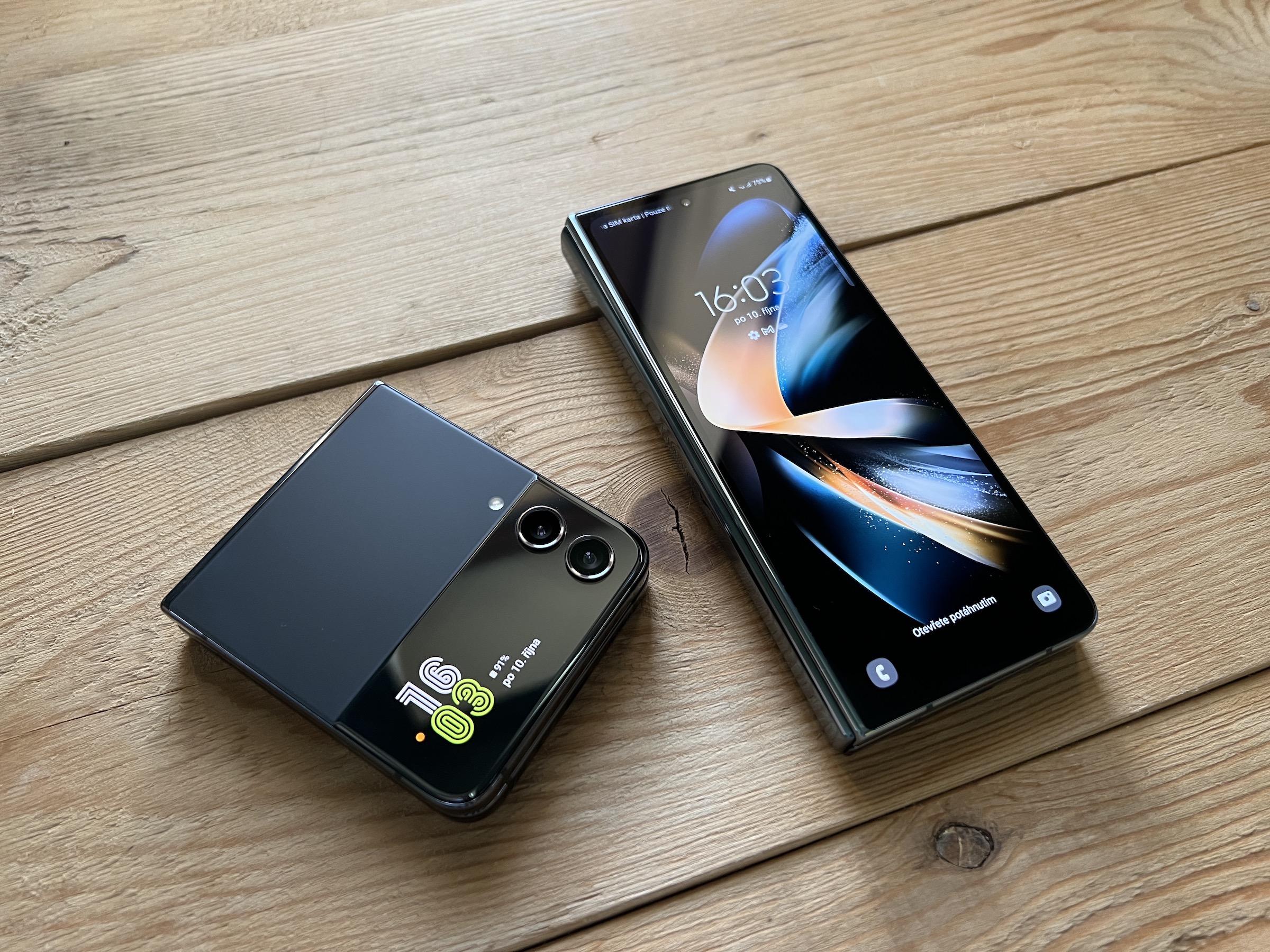
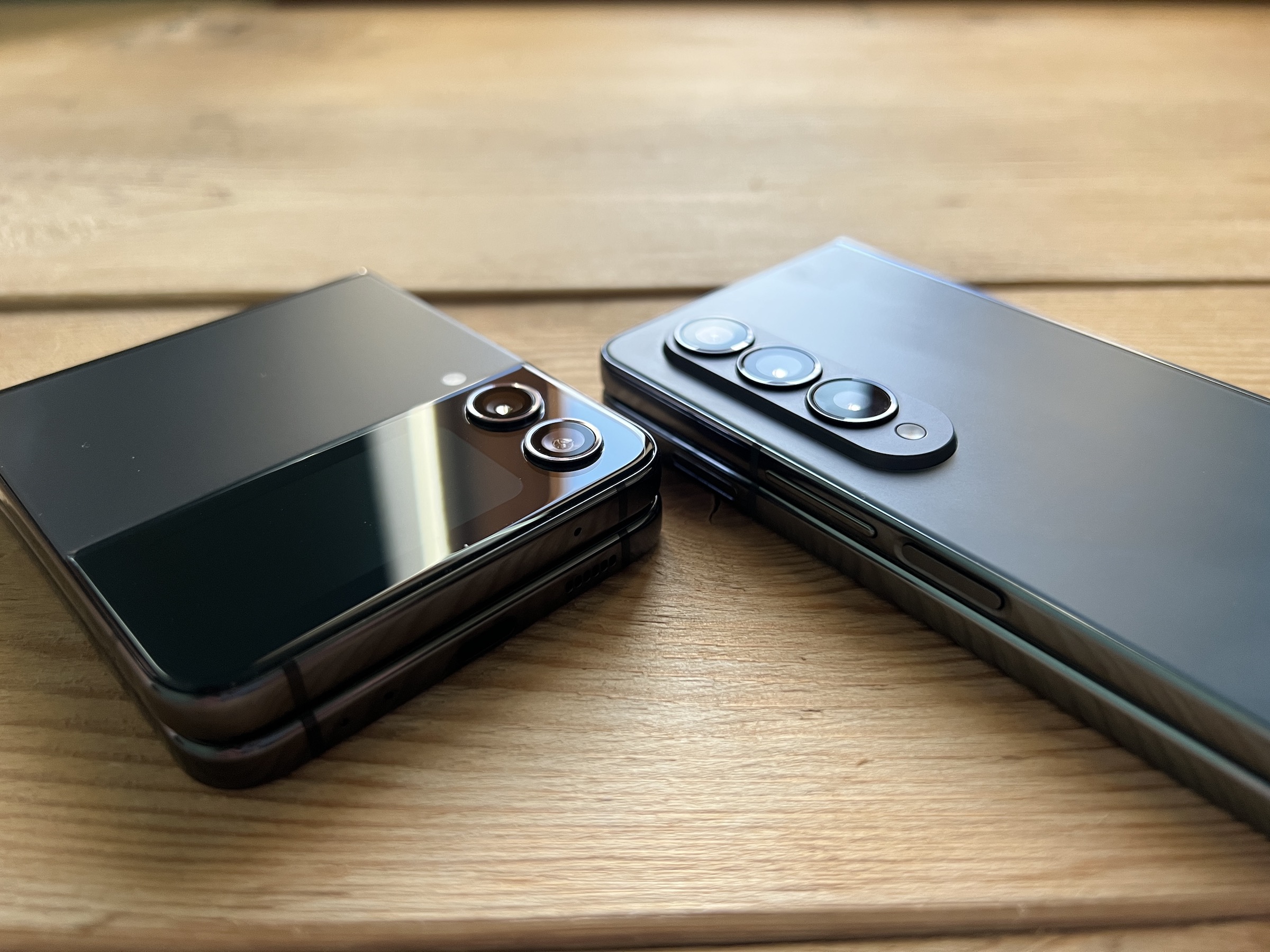
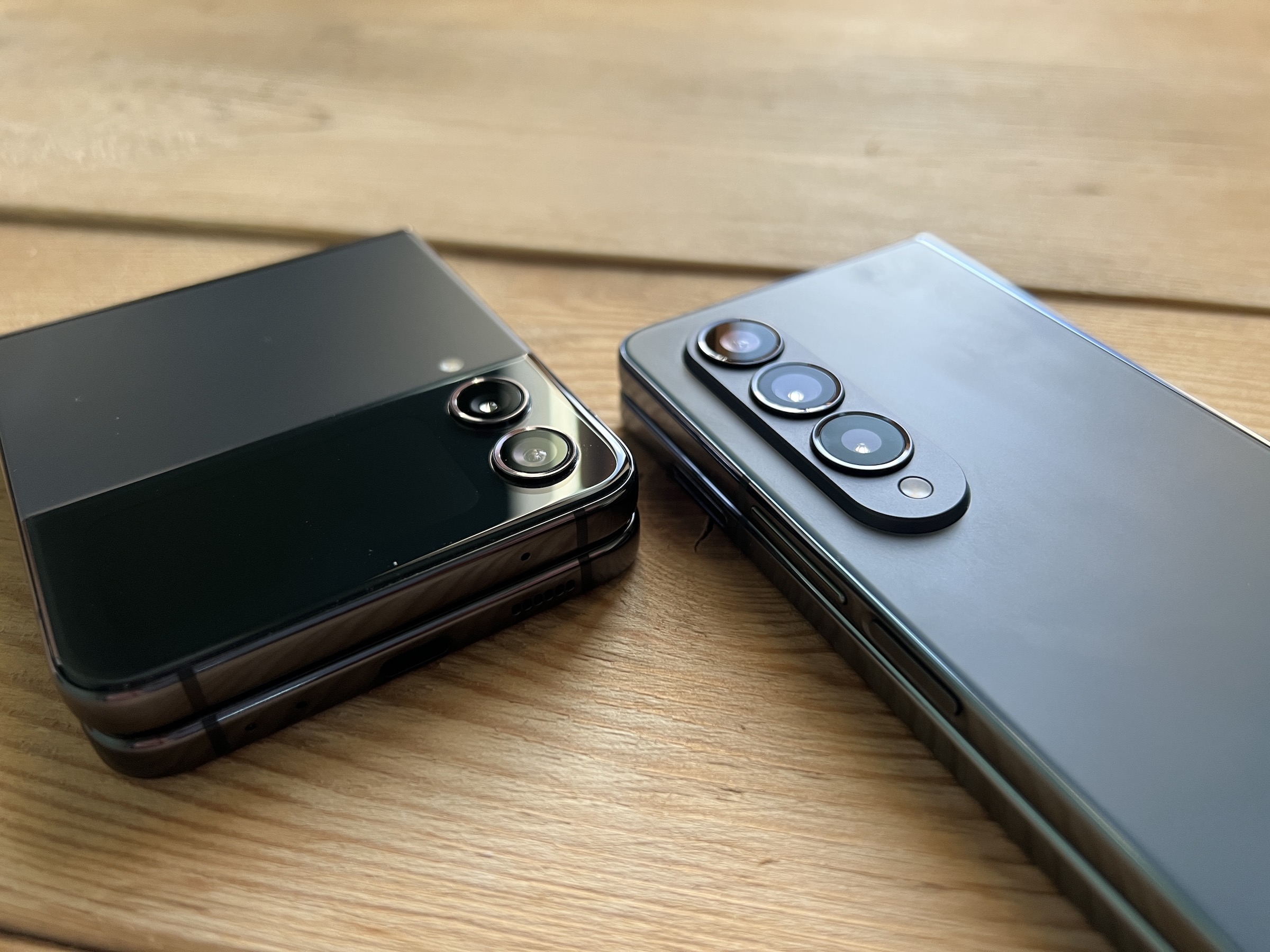
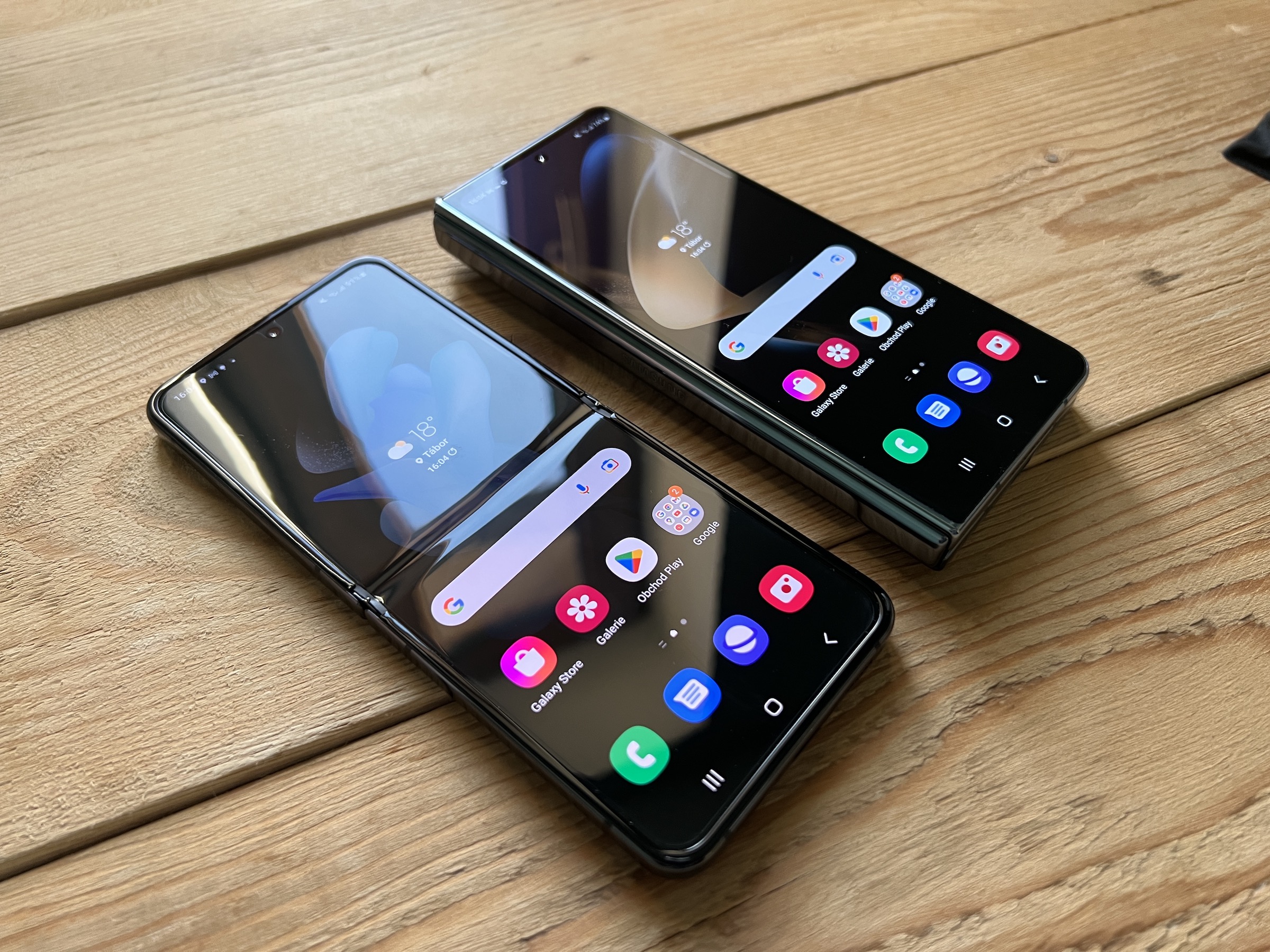
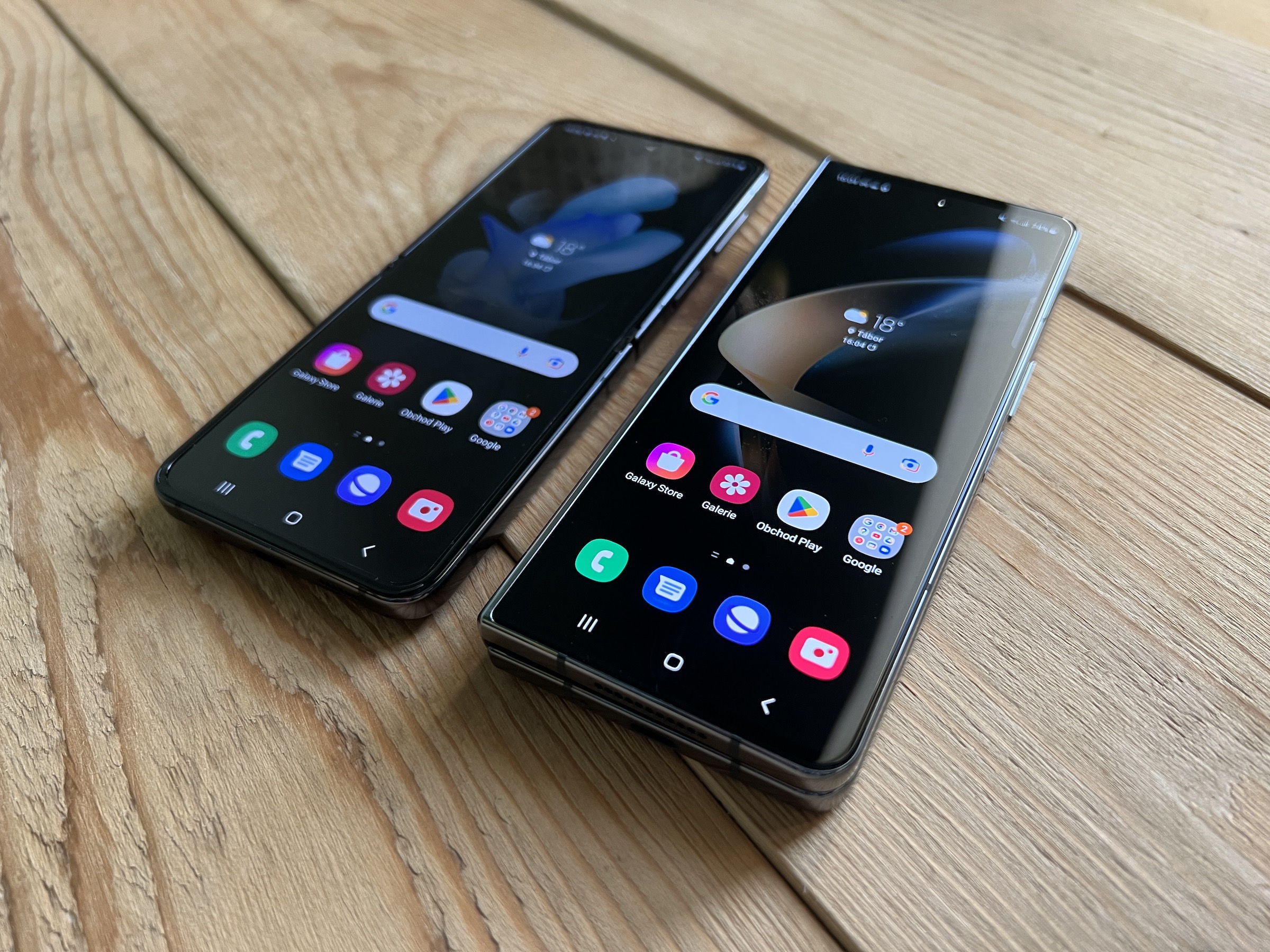
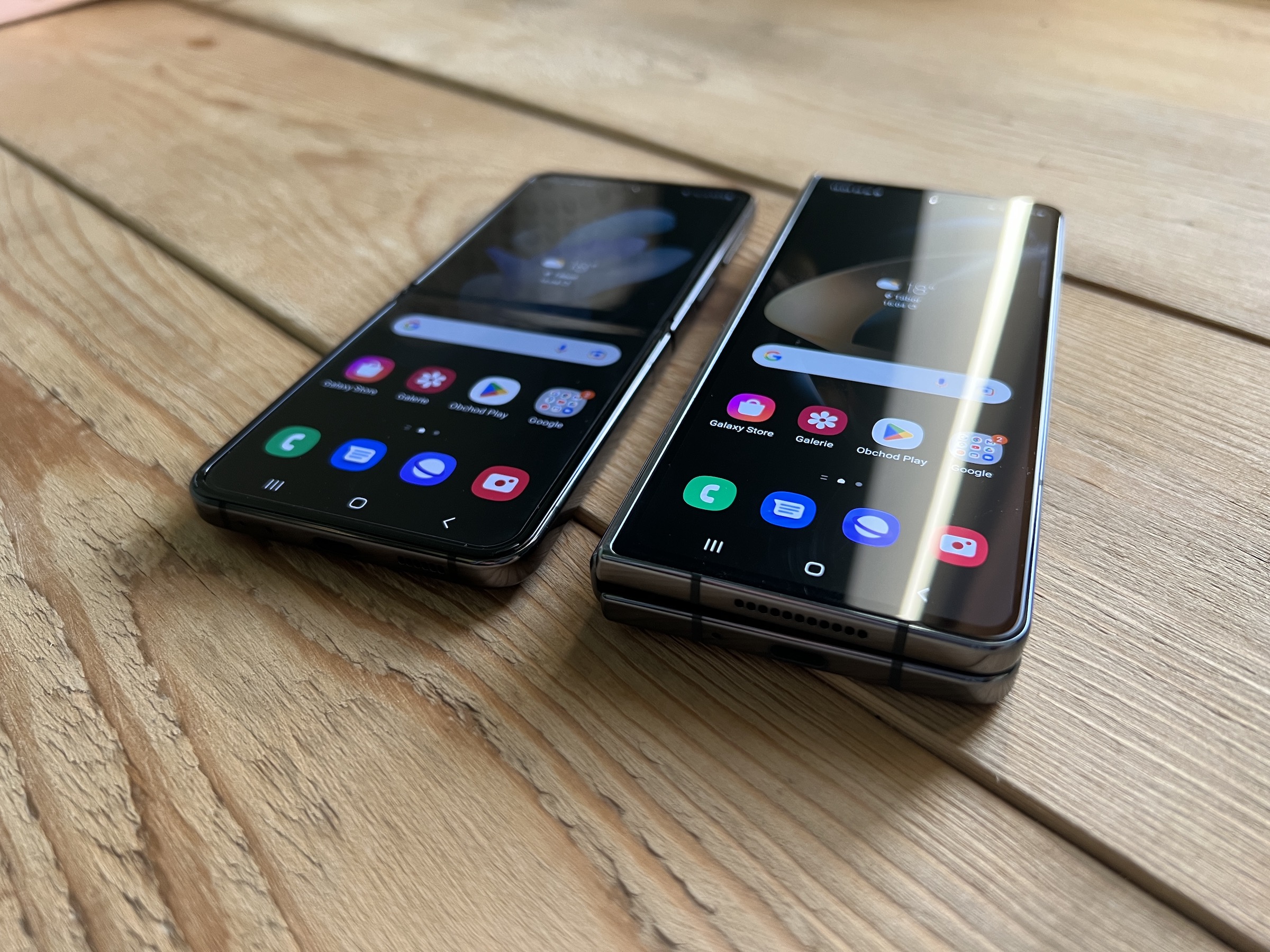
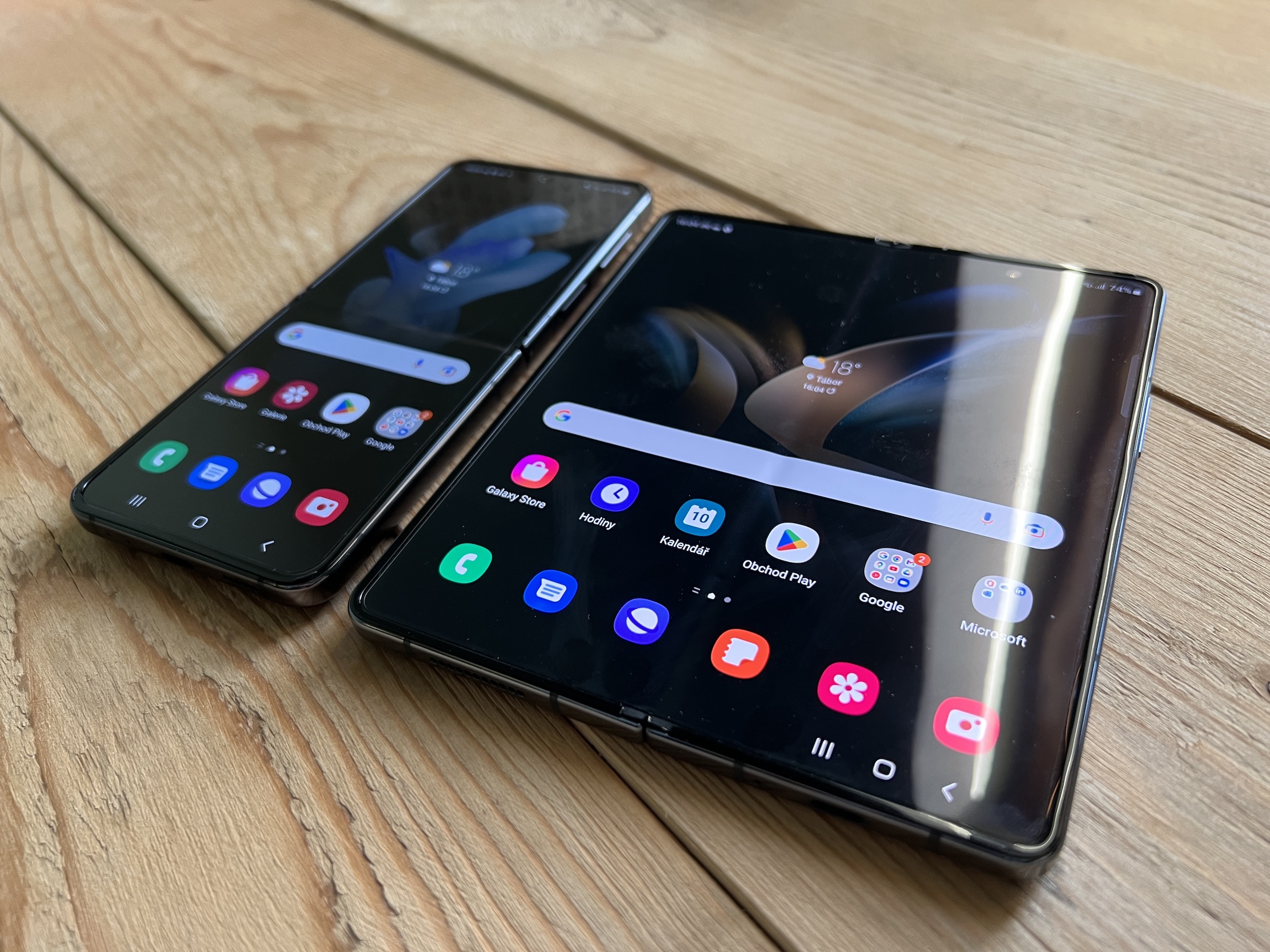
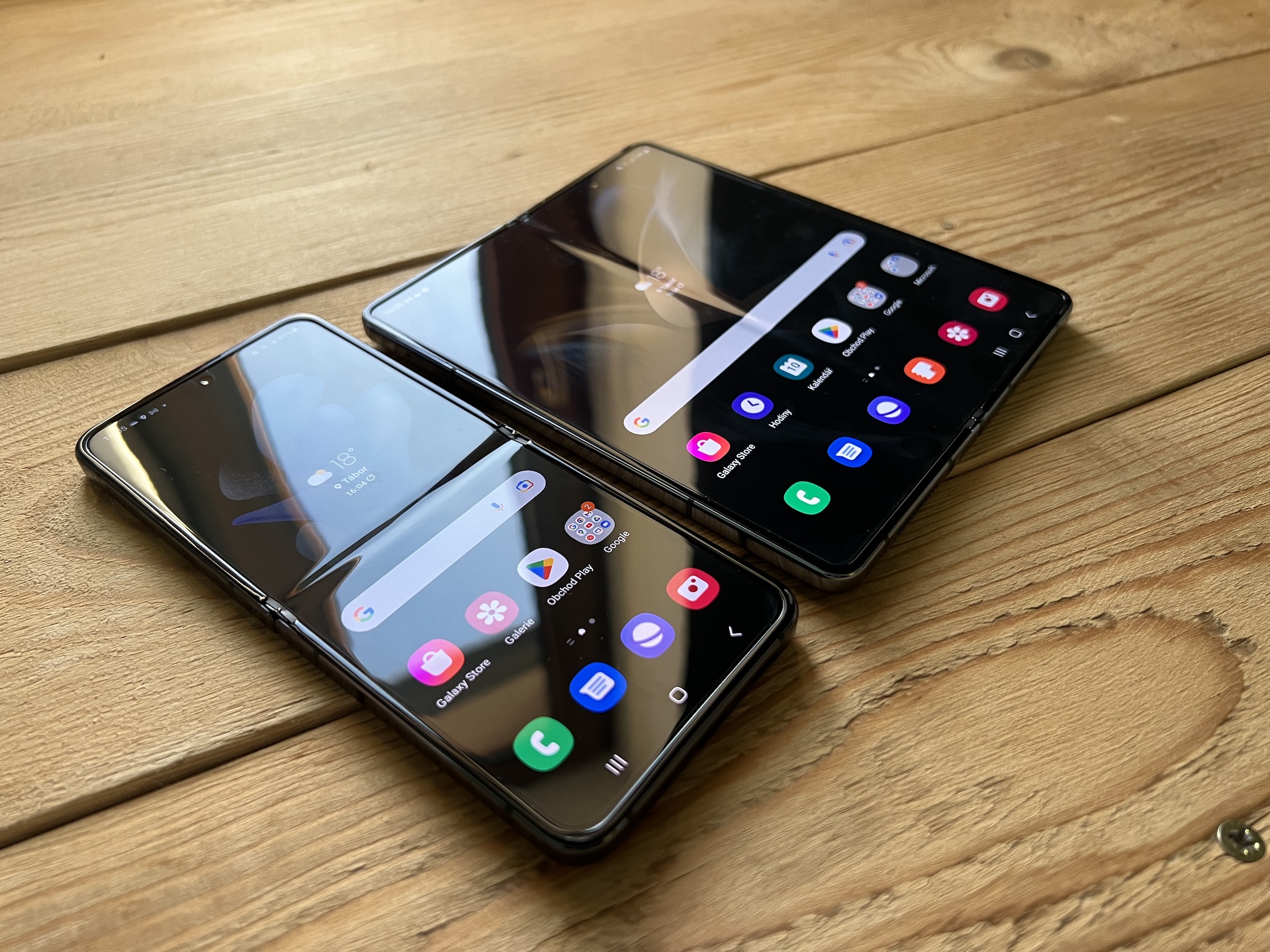
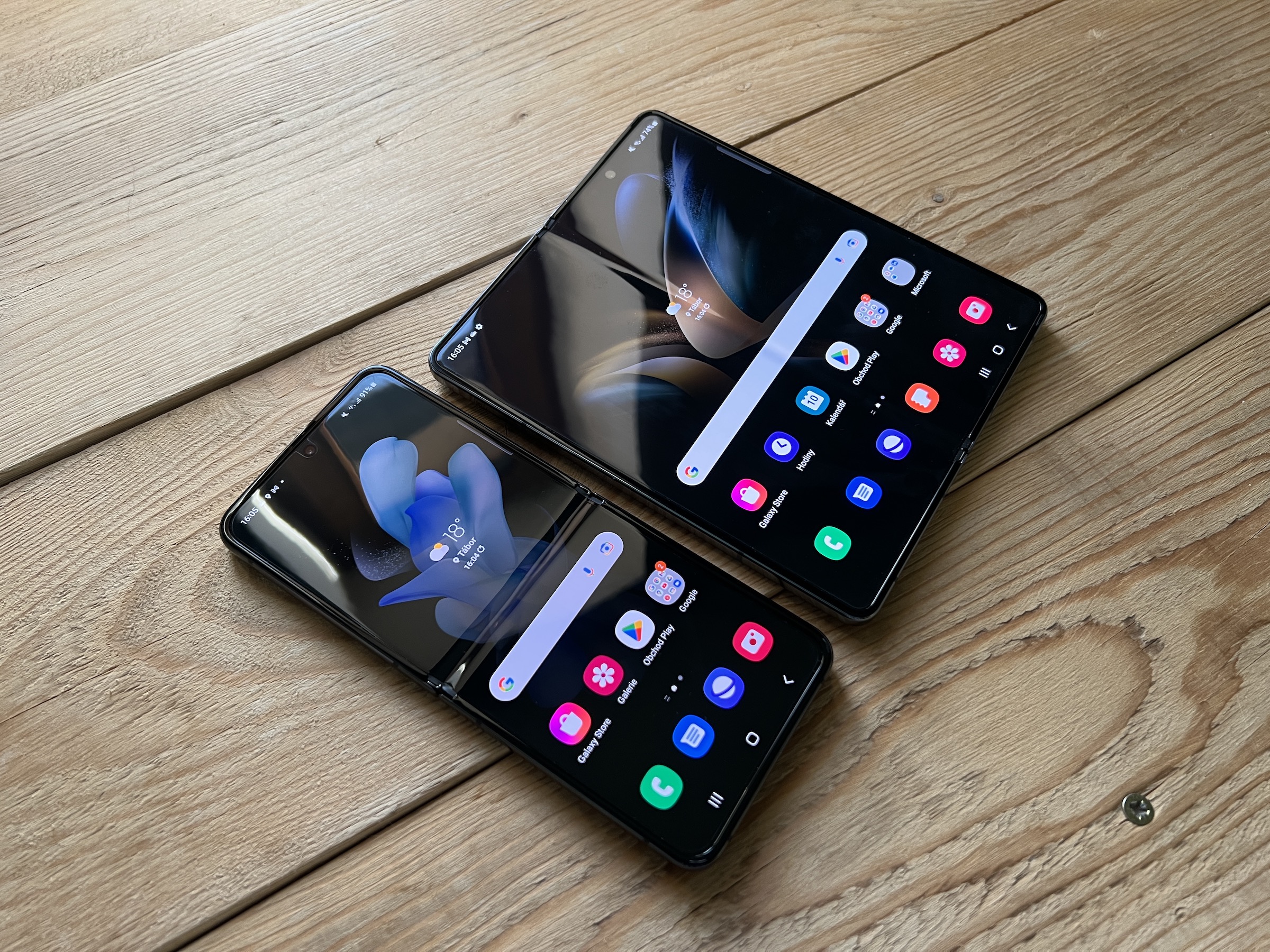
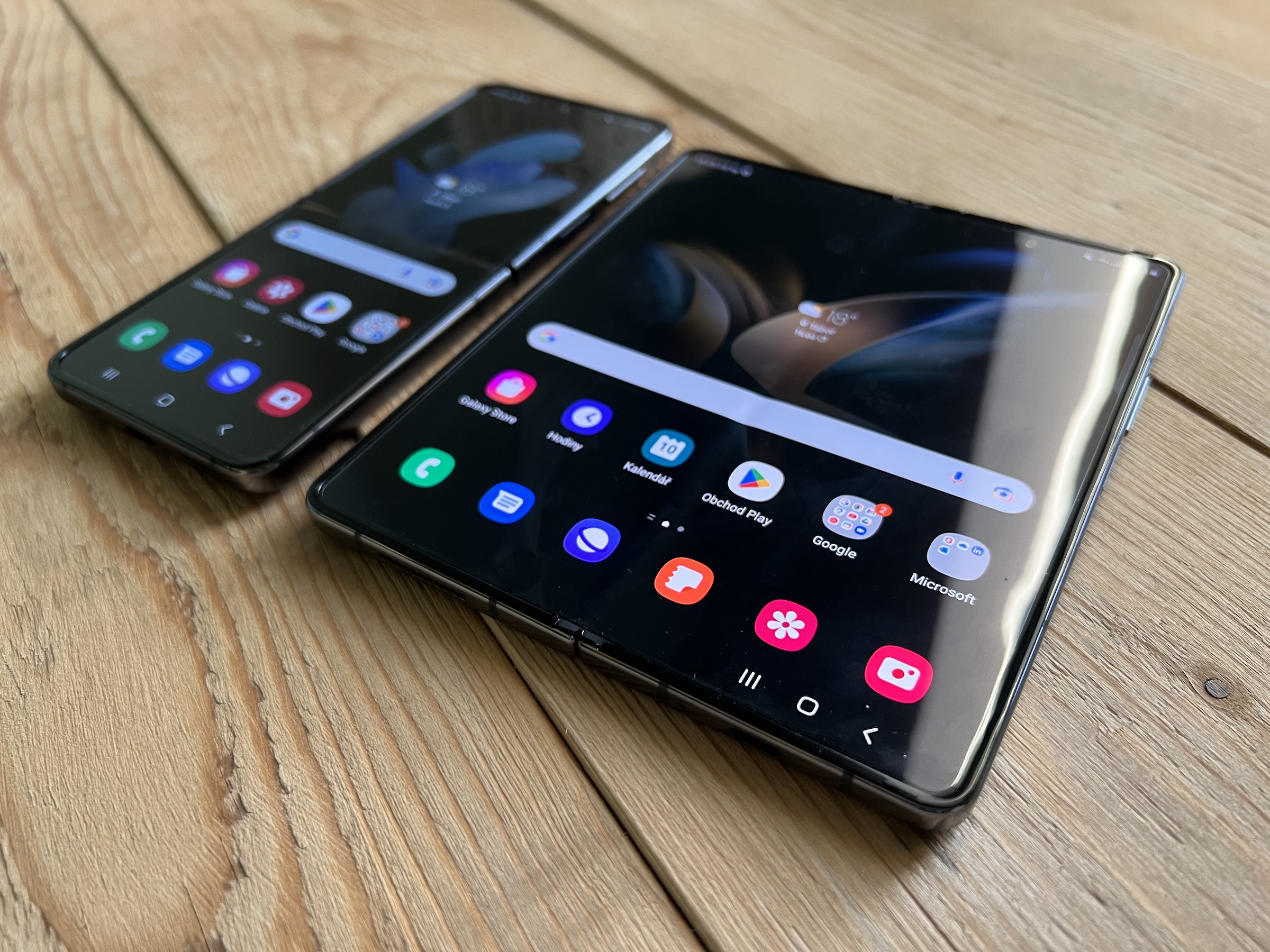
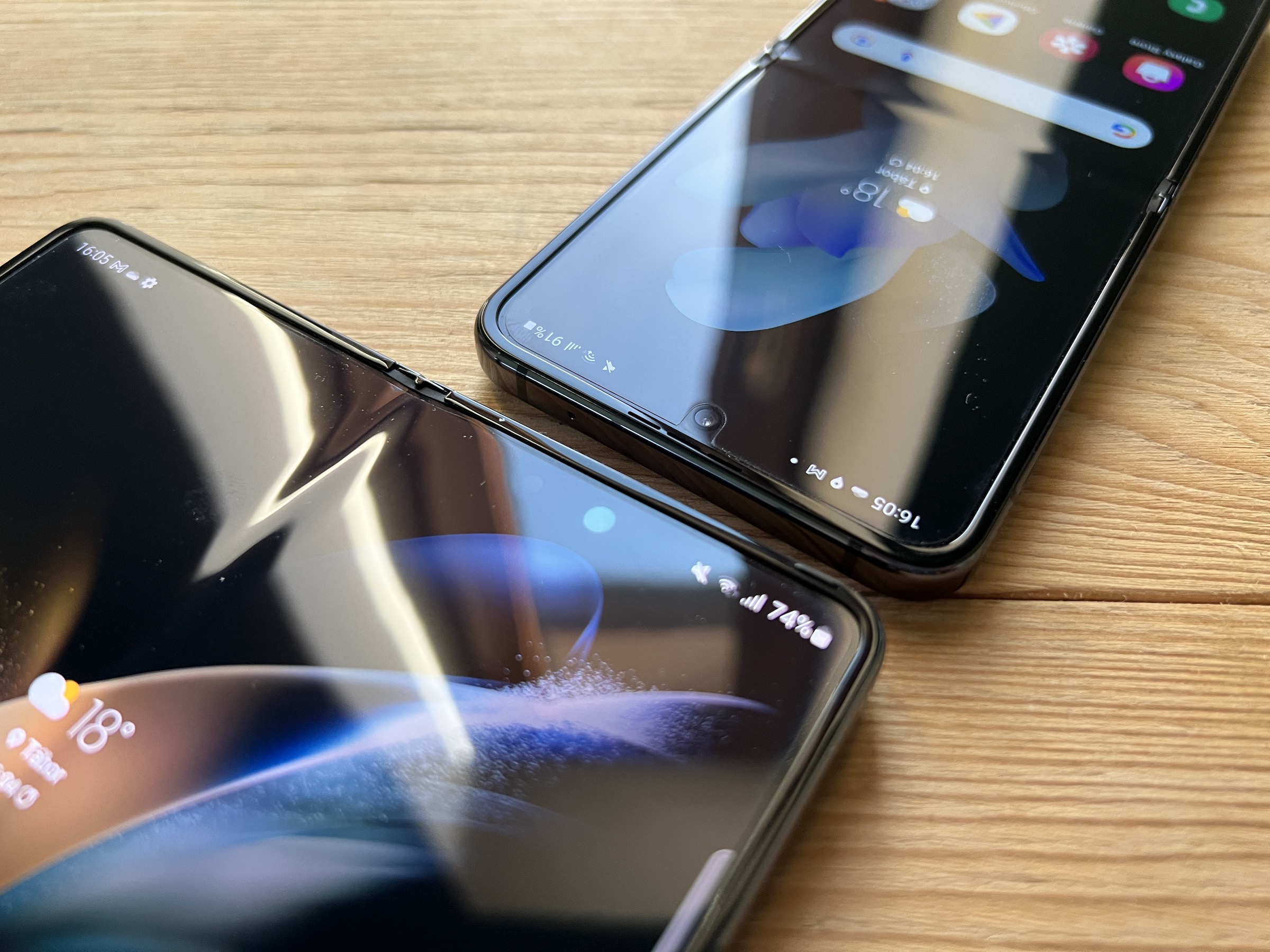
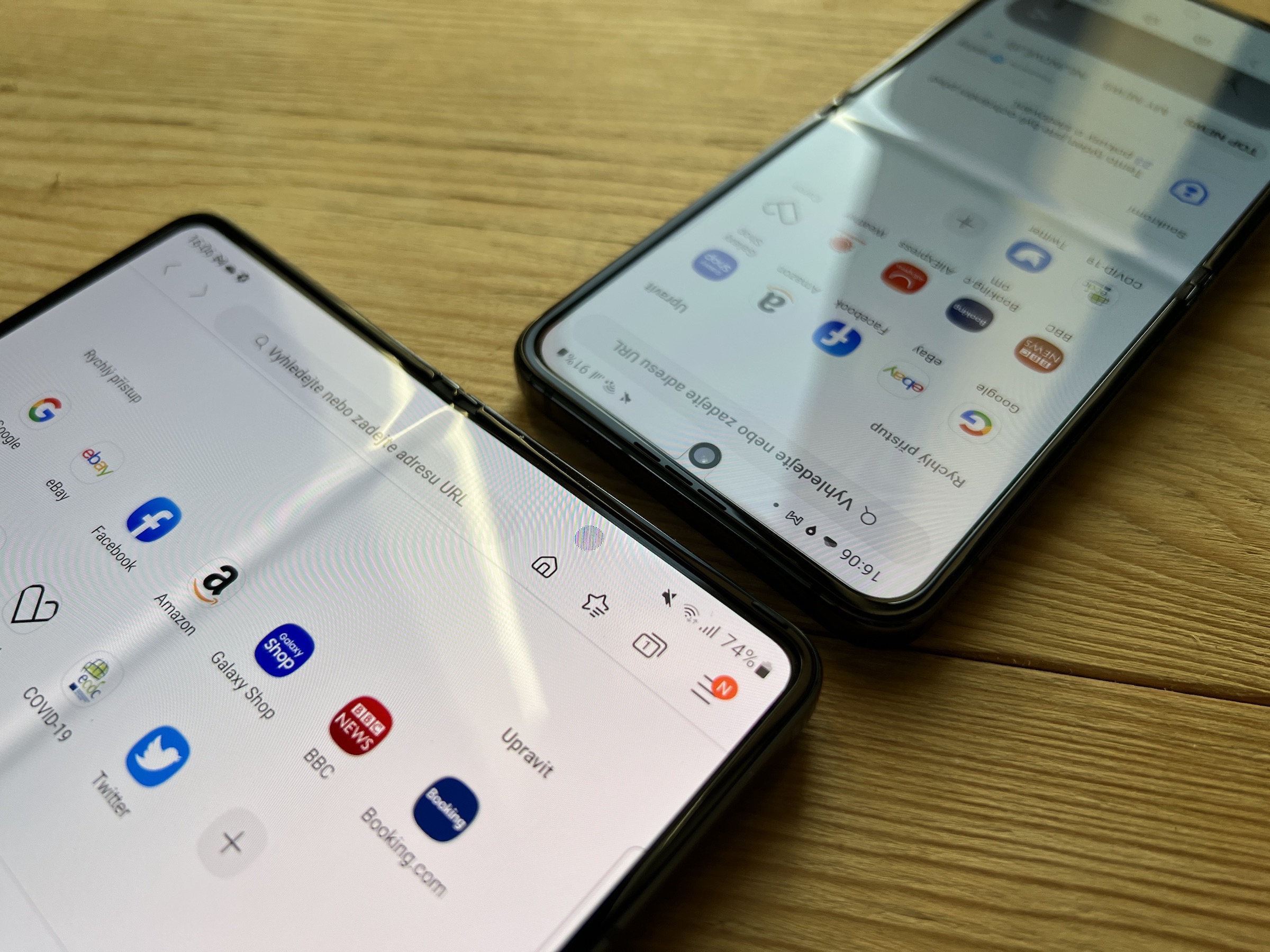
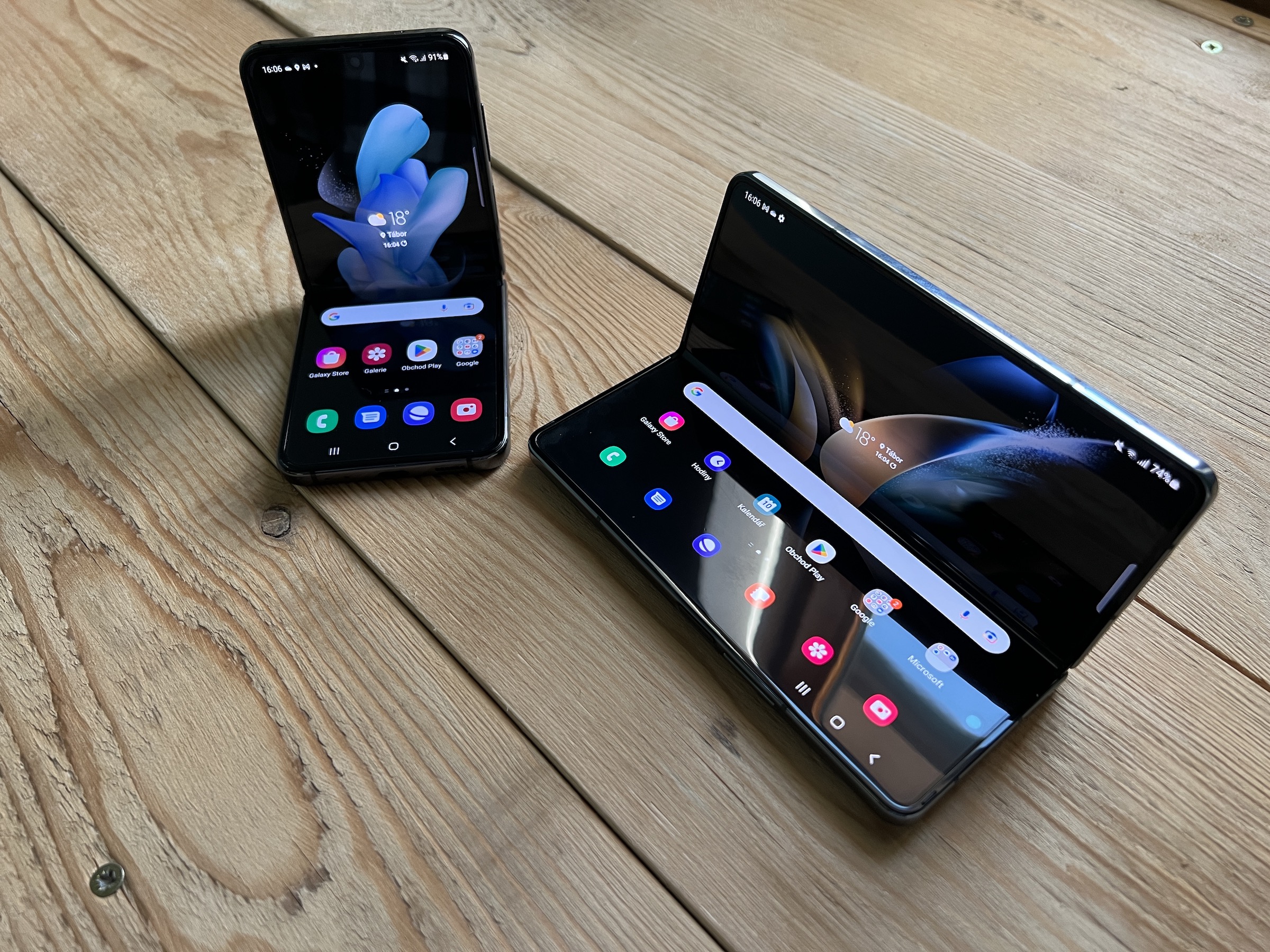

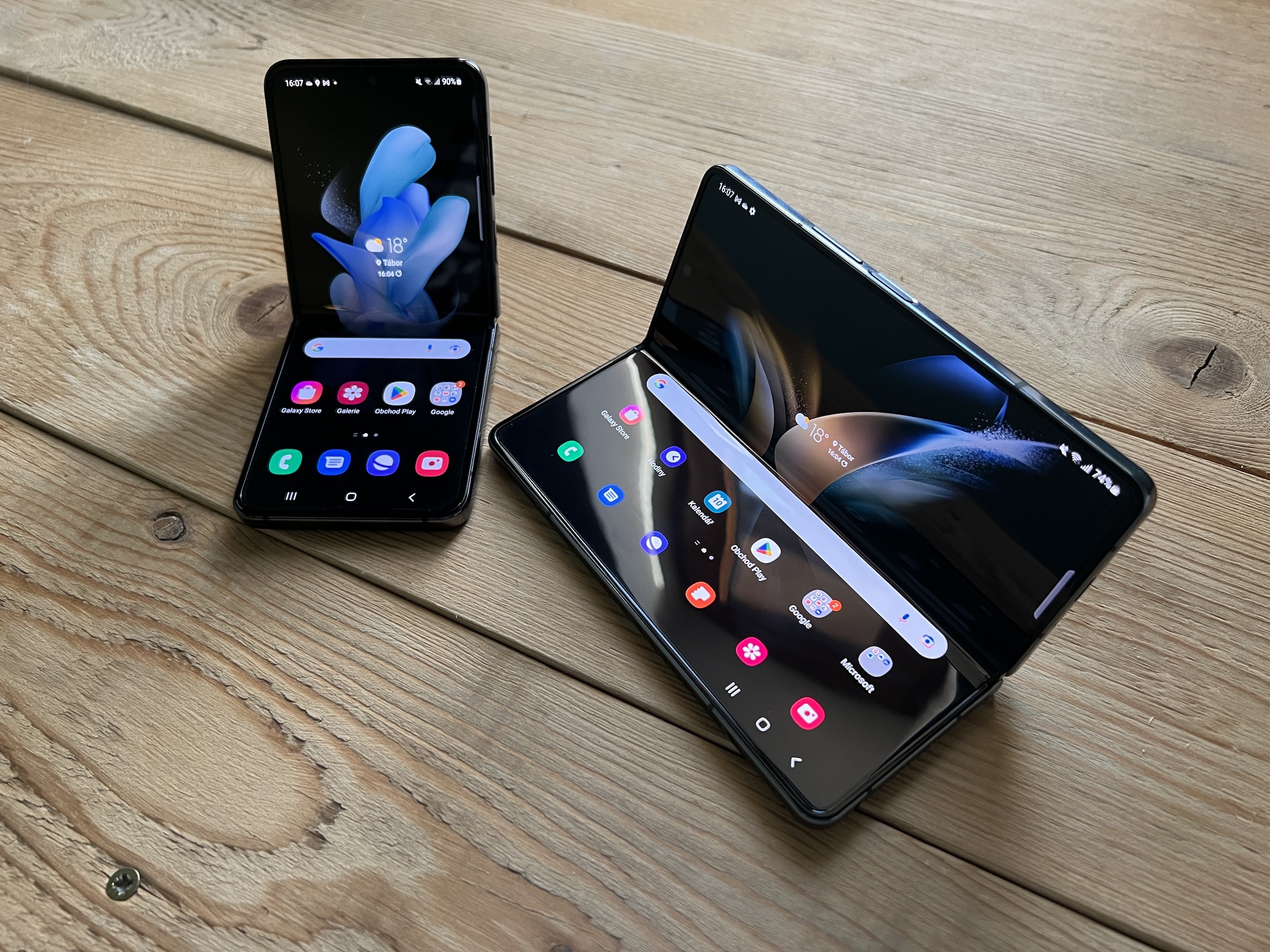
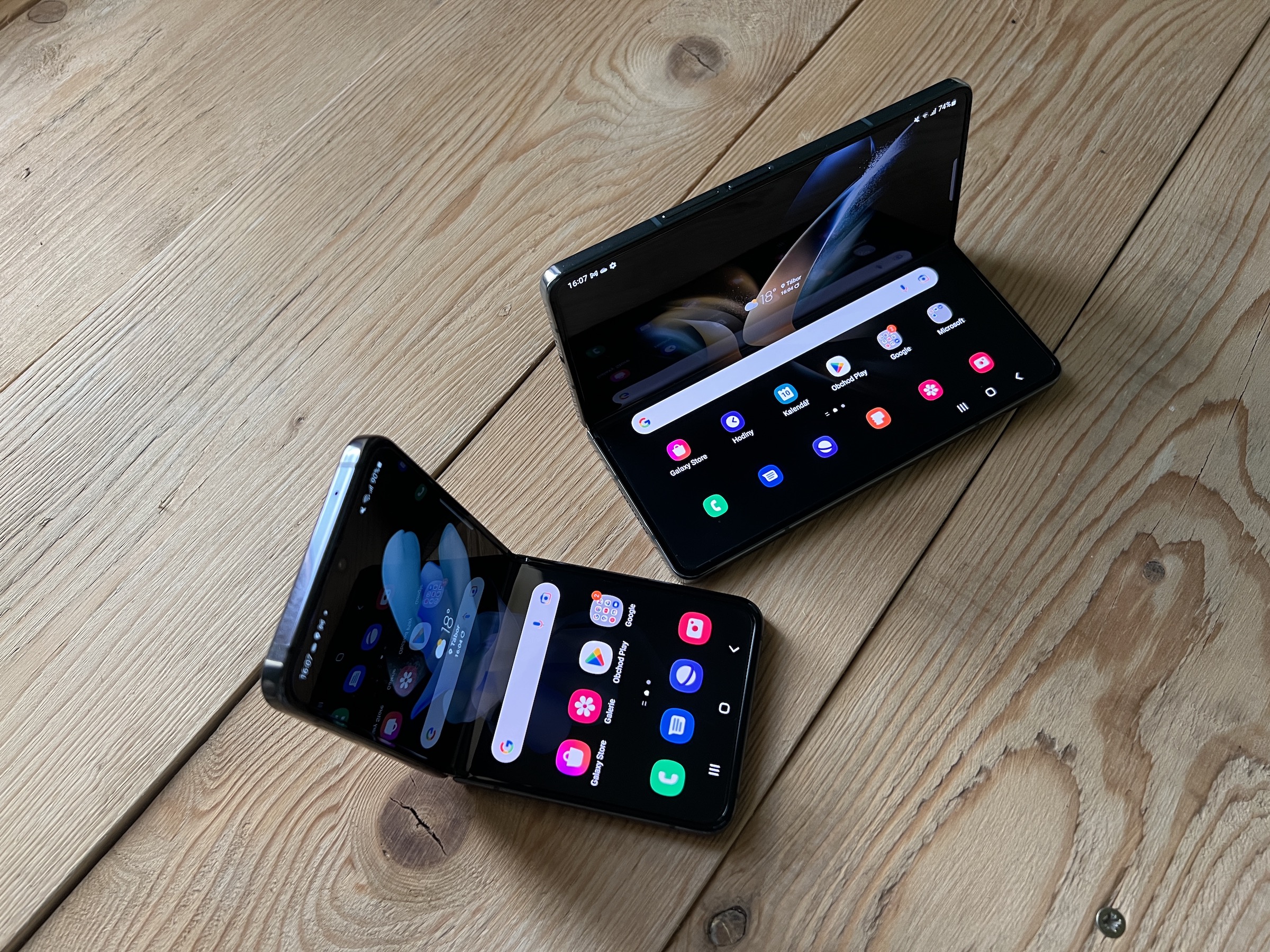
Considering that with V and slide-out mobile phones, the first thing to leave was always the ordinary cable that connected the parts - how long will the flexible display probably have? Thanks to this, the group of buyers will be even smaller than, for example, for a mini.
It is the service life that is miserable, Folds and Flips have a high failure rate in the display. So there's still a long way to go before it makes sense
And you had a Fold??? that you write about the failure rate of the display, I already have the second Fold and I have never had any problem with the display. And I use it to the full in private and at work